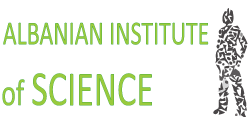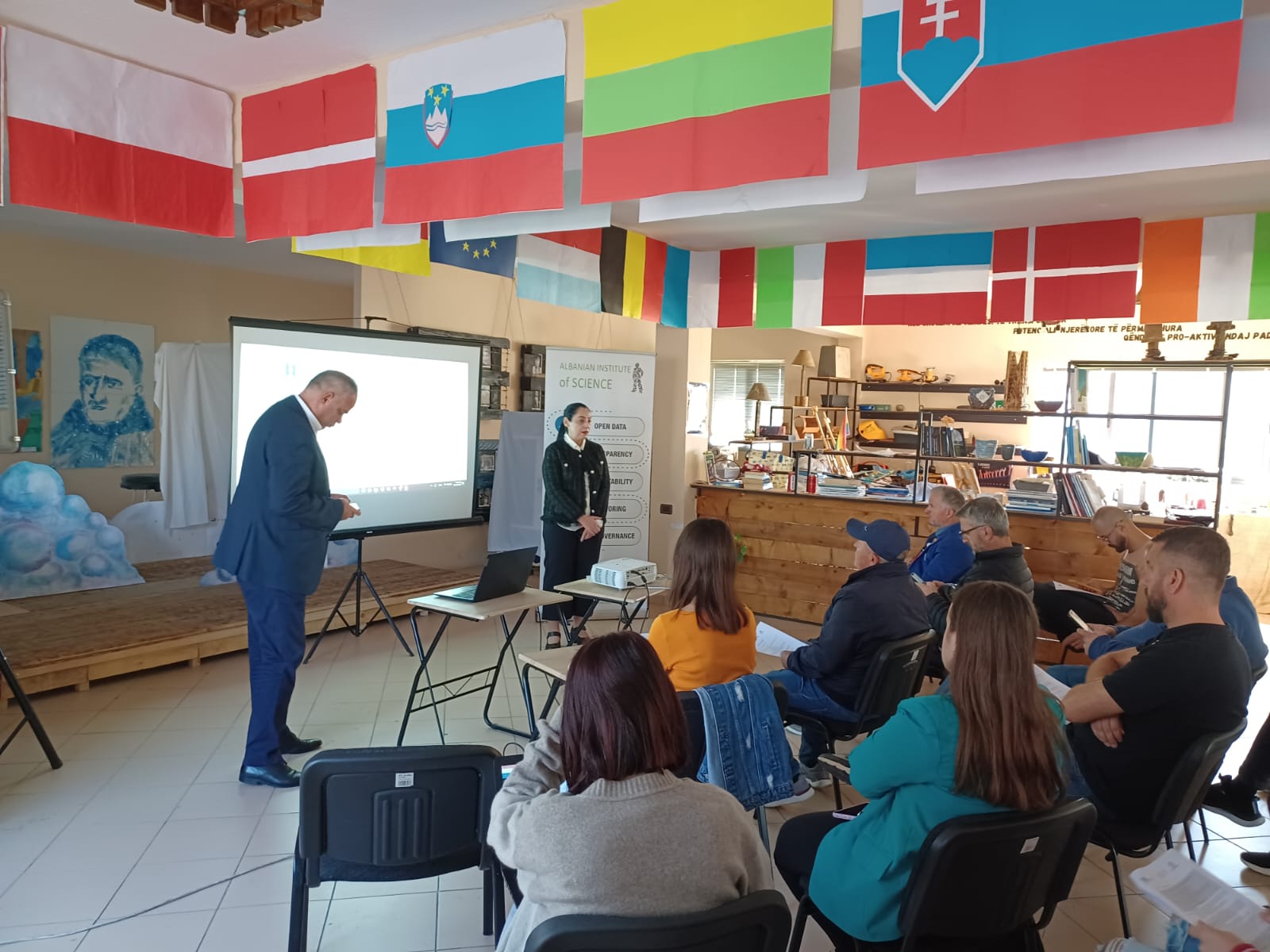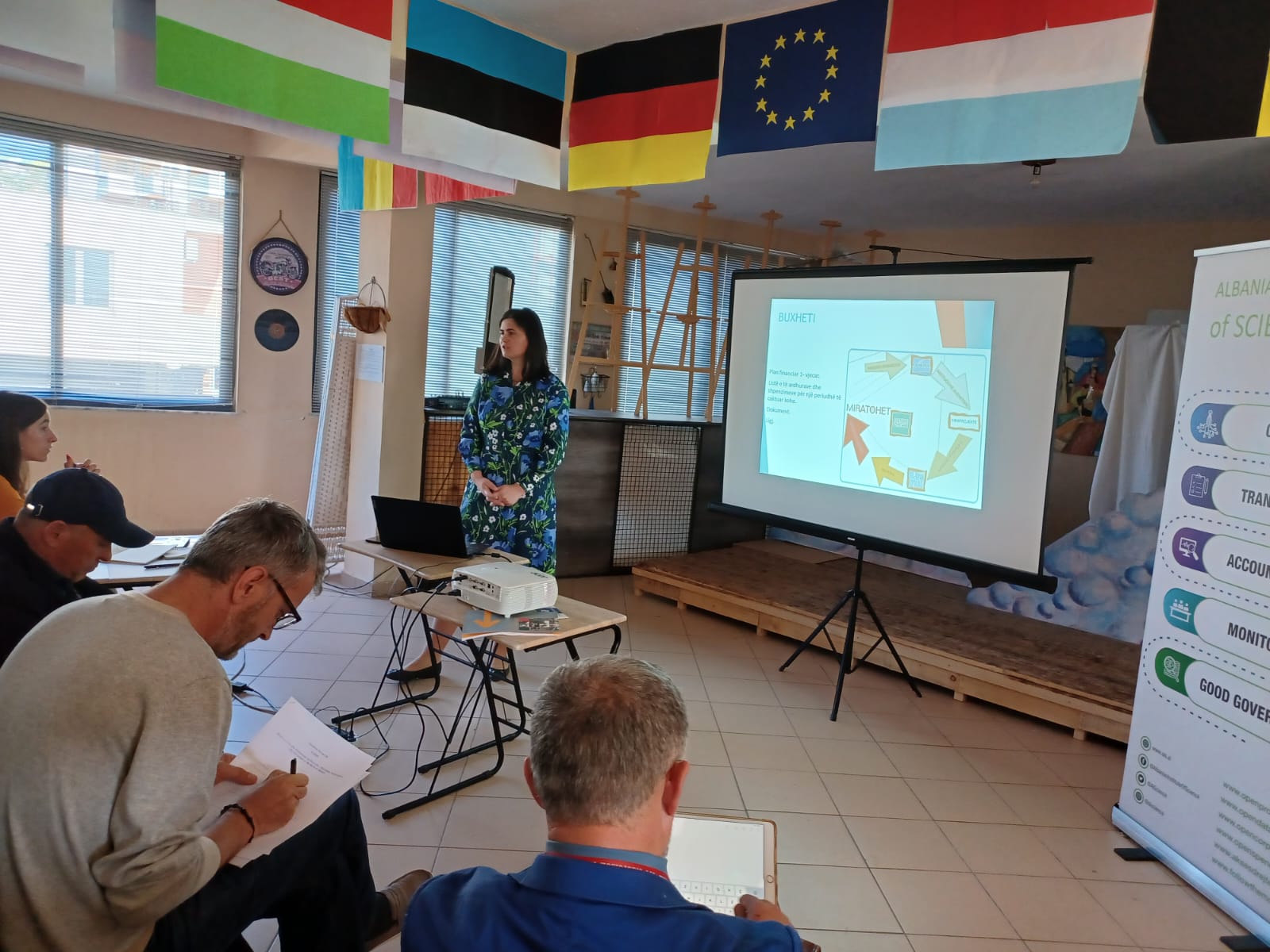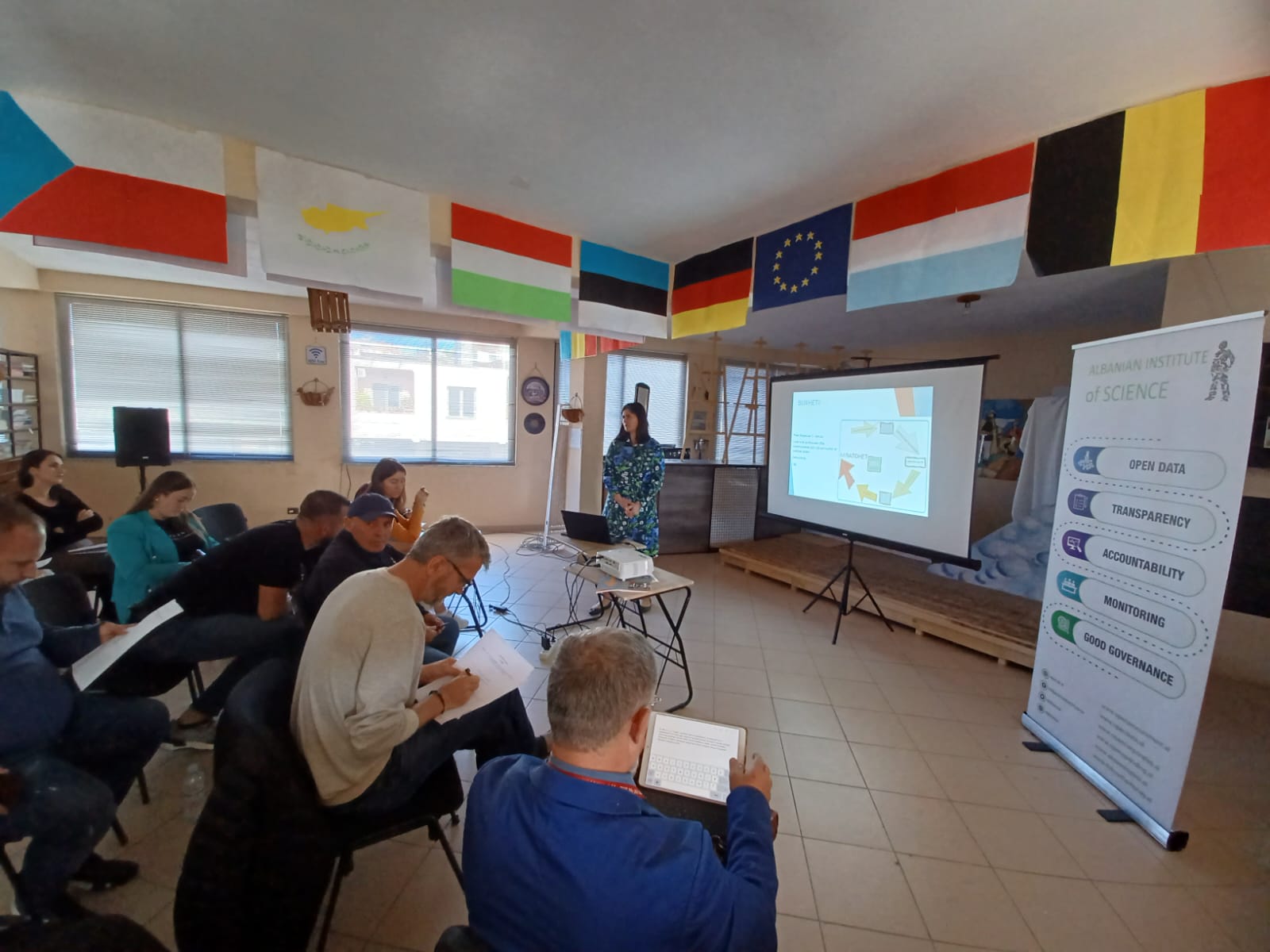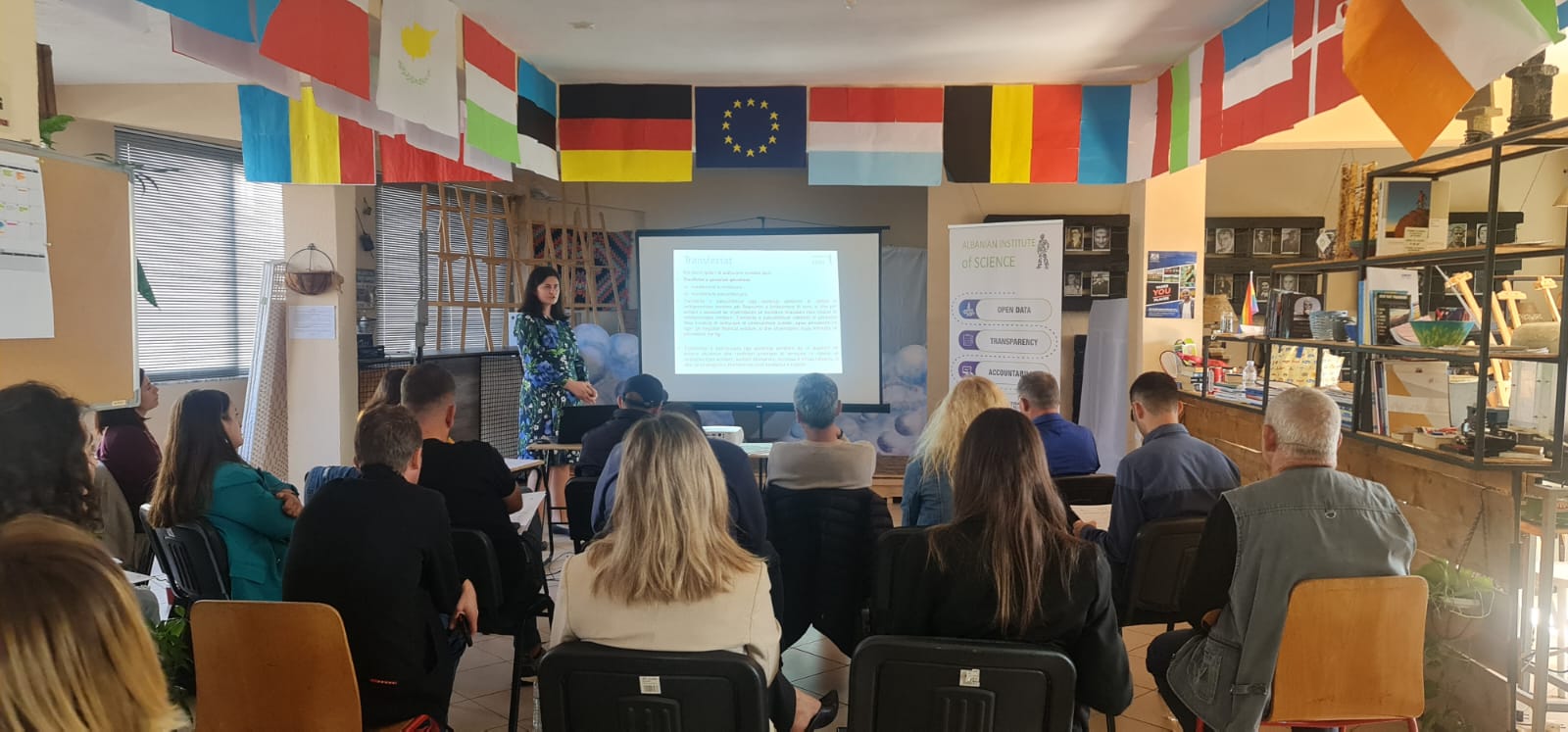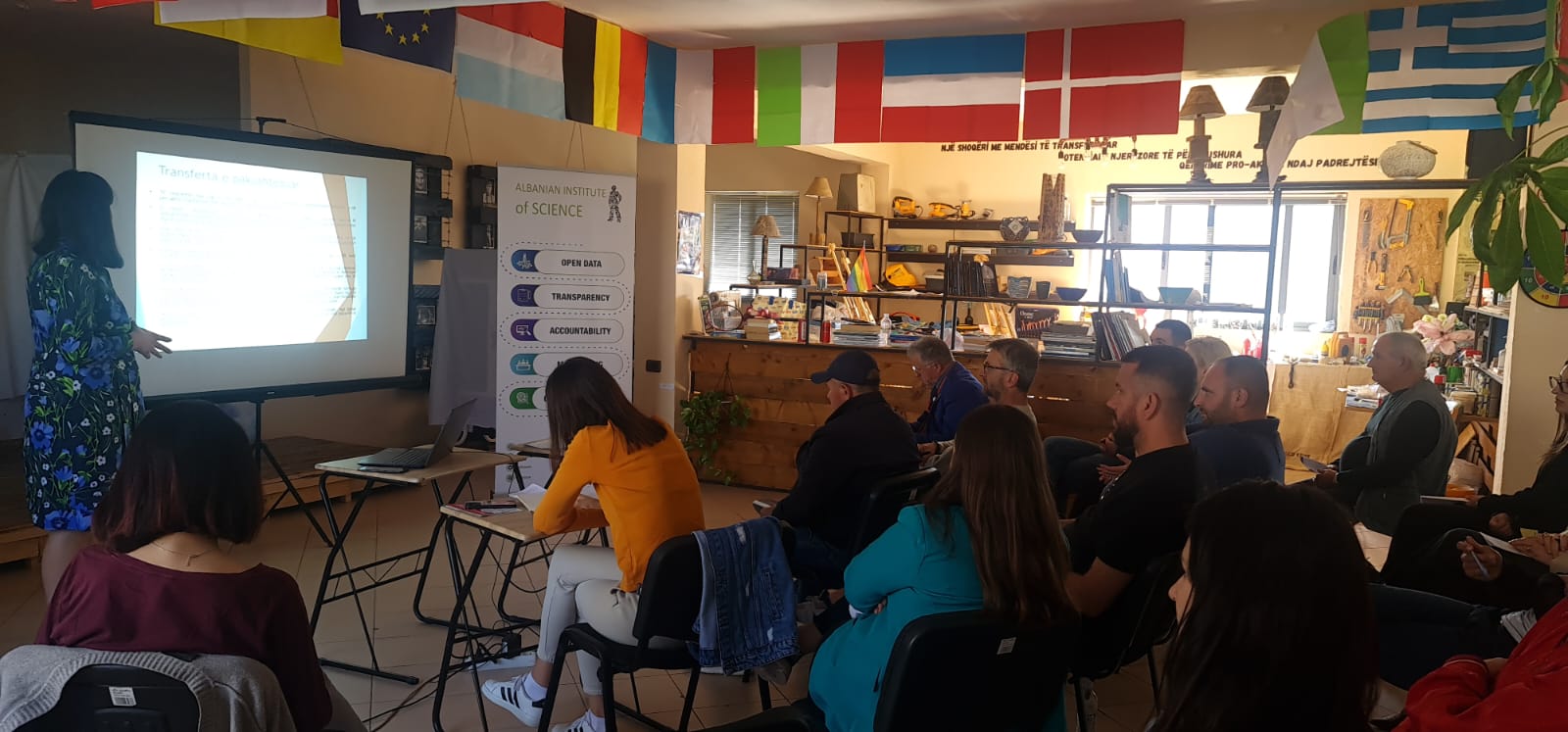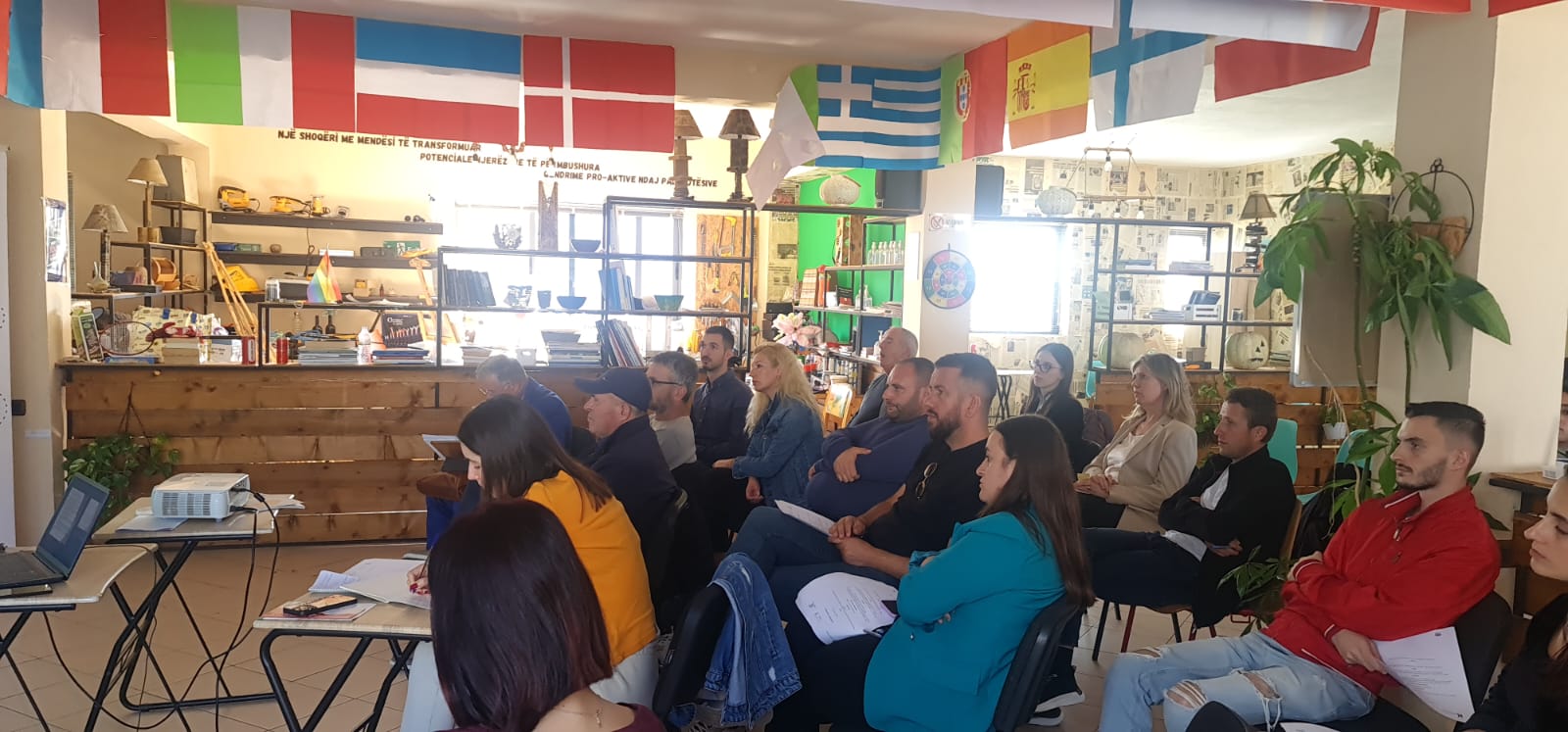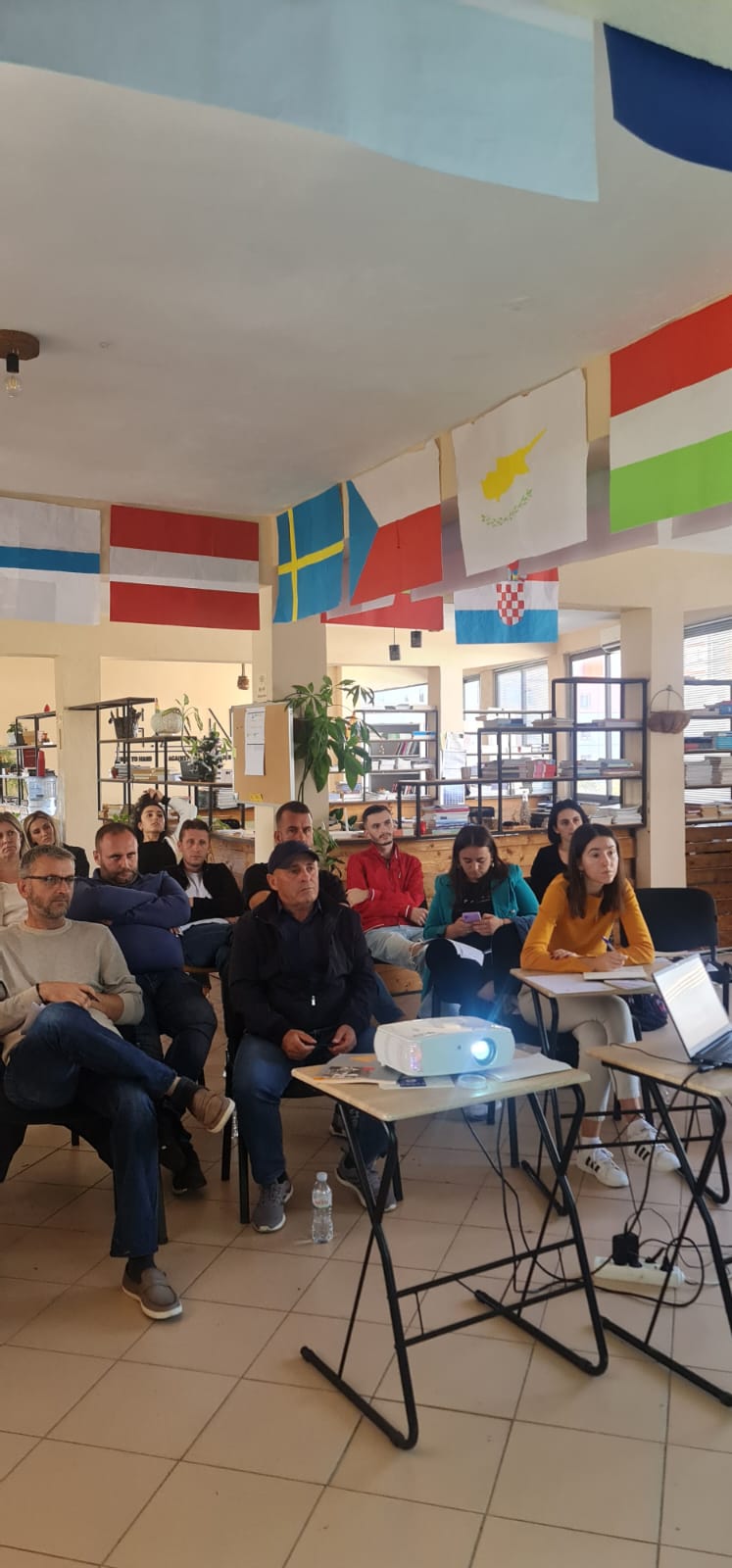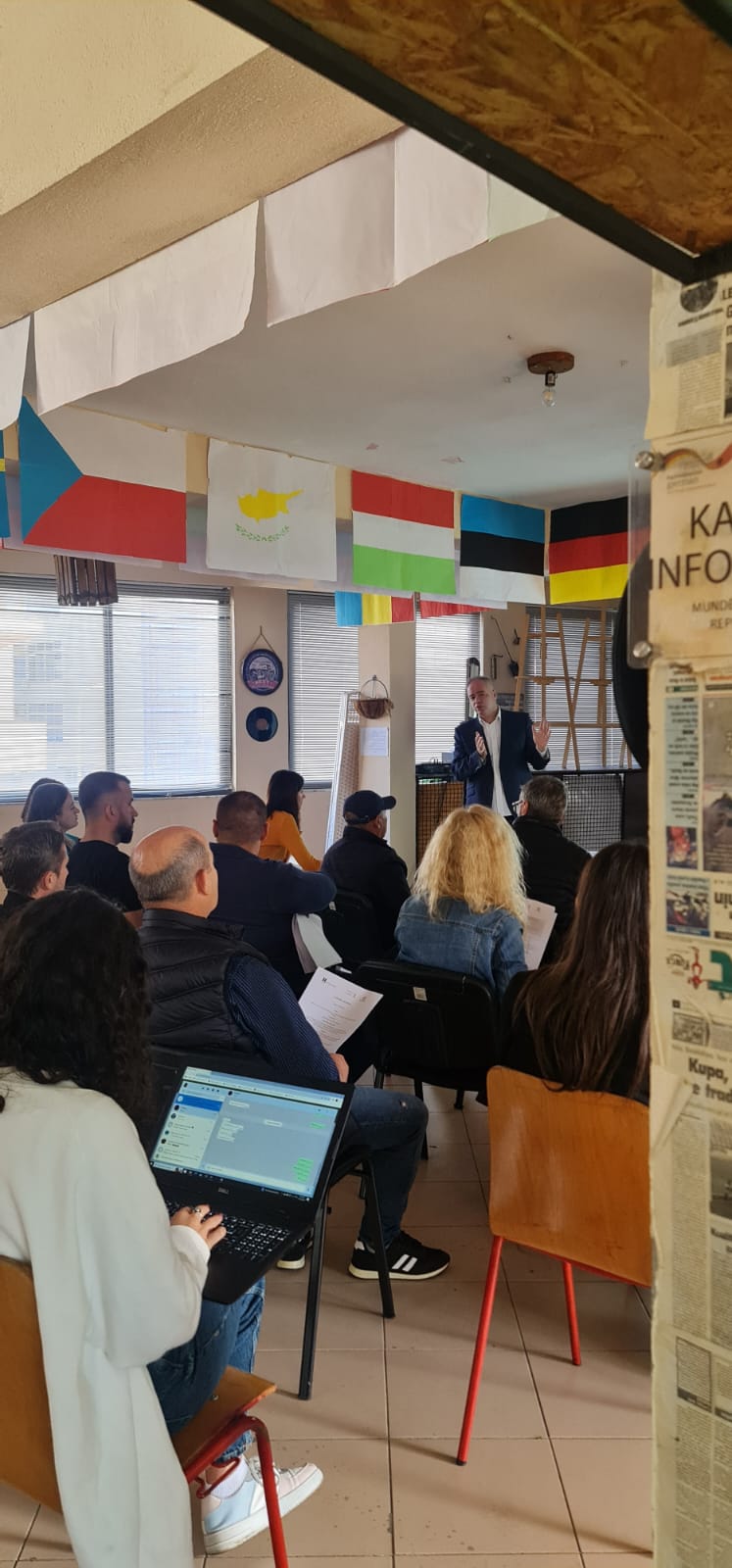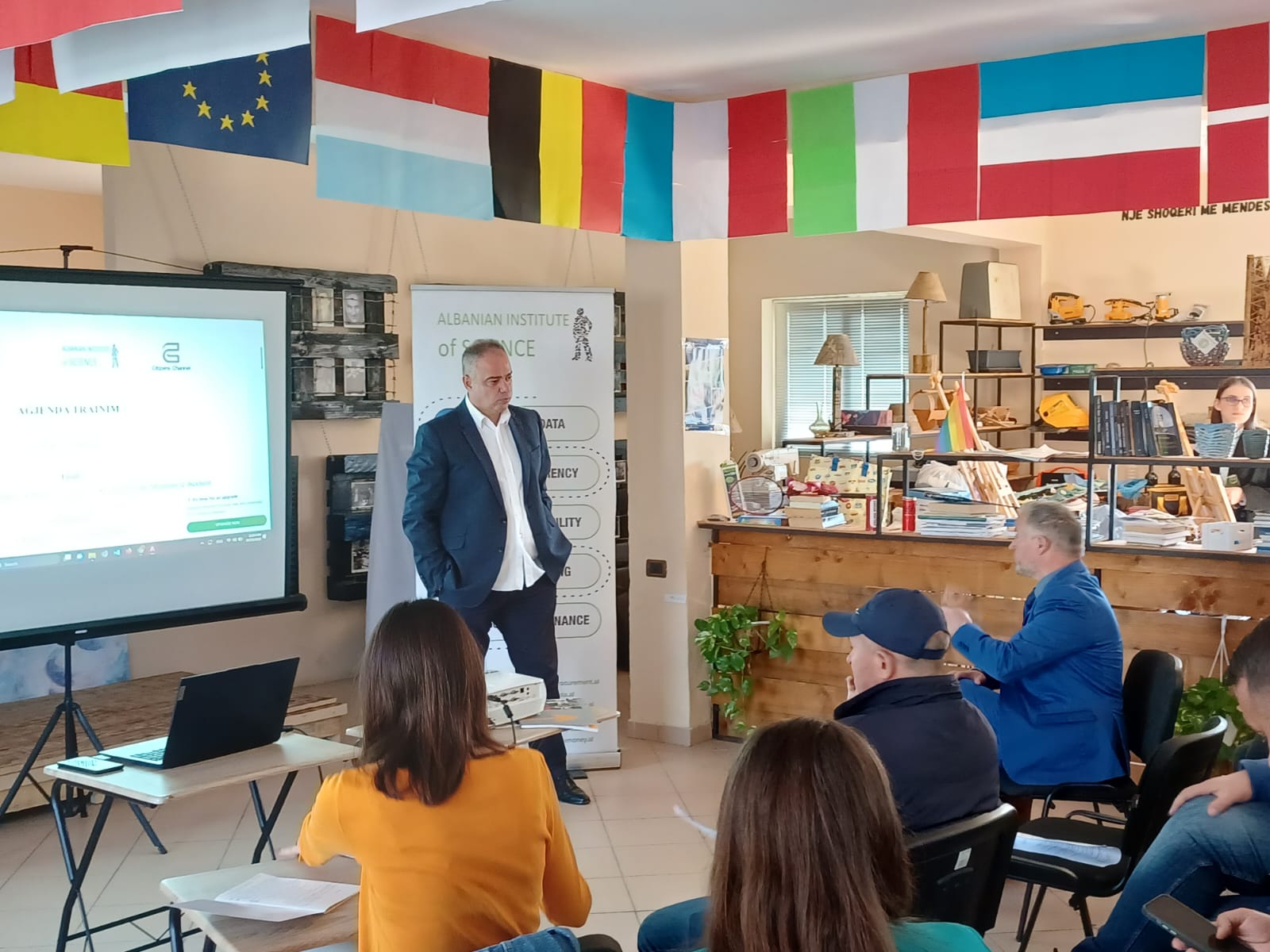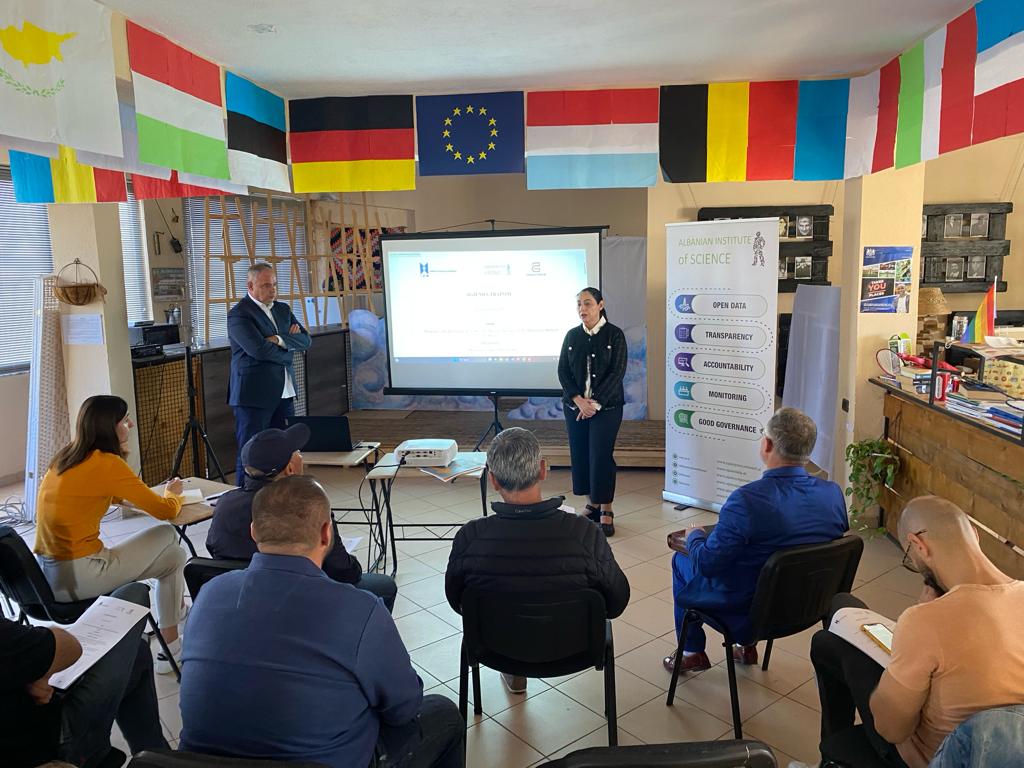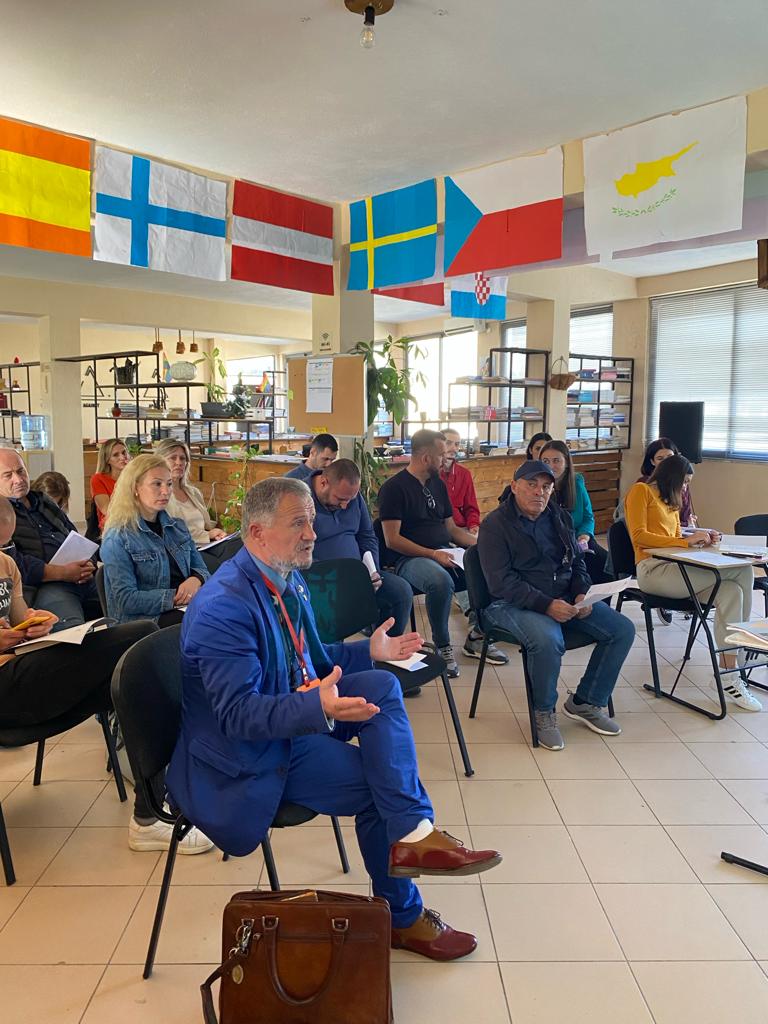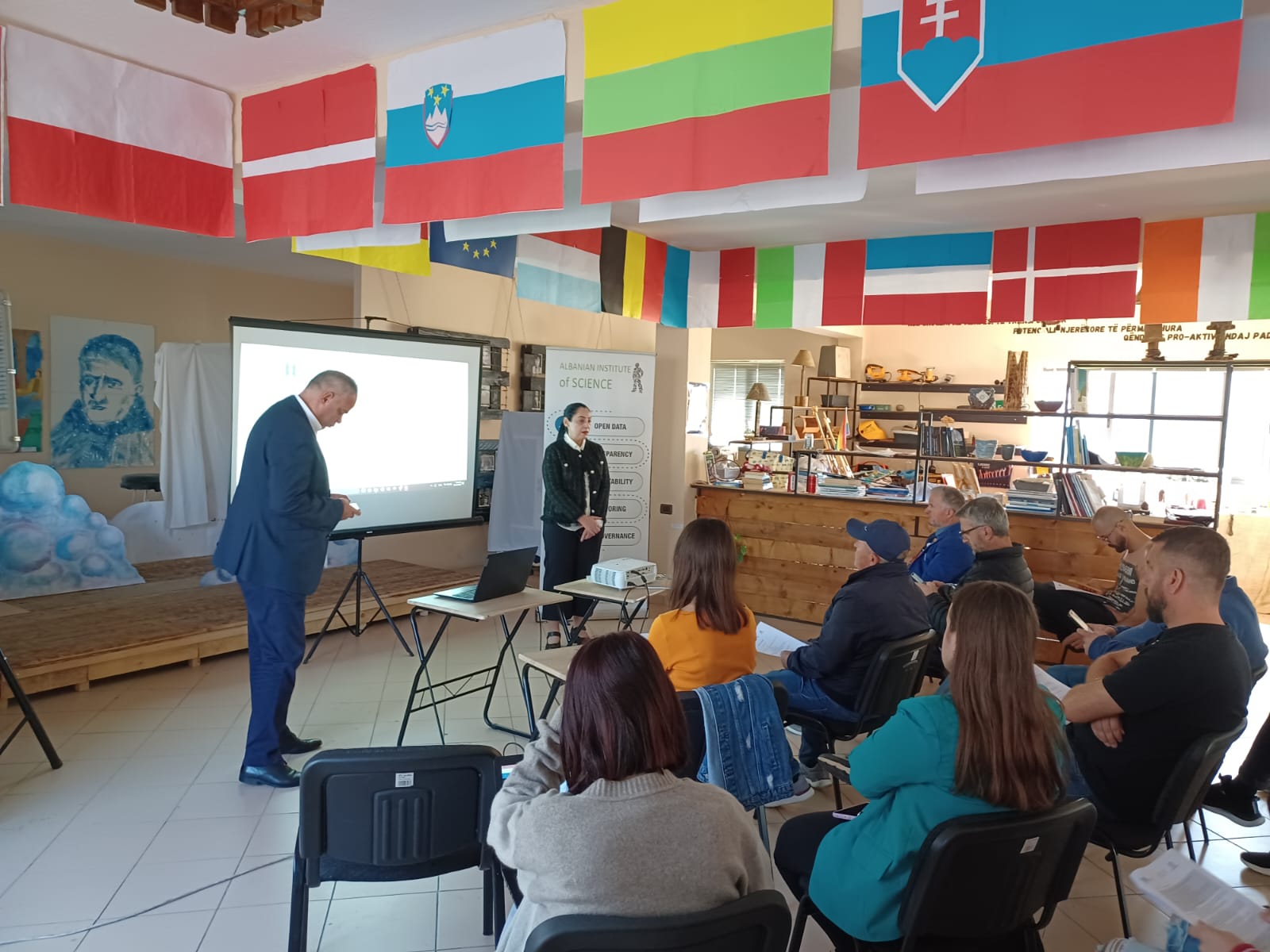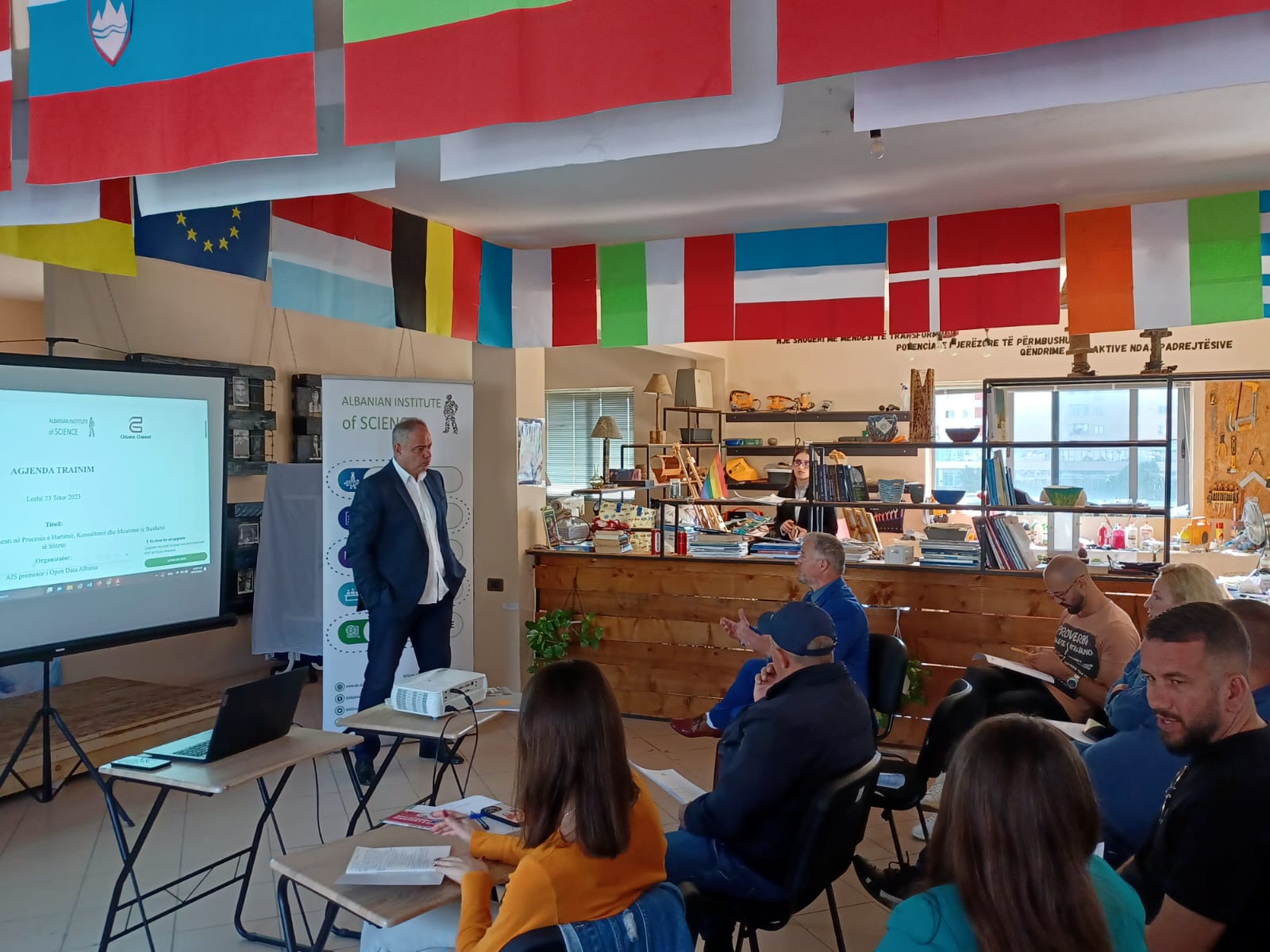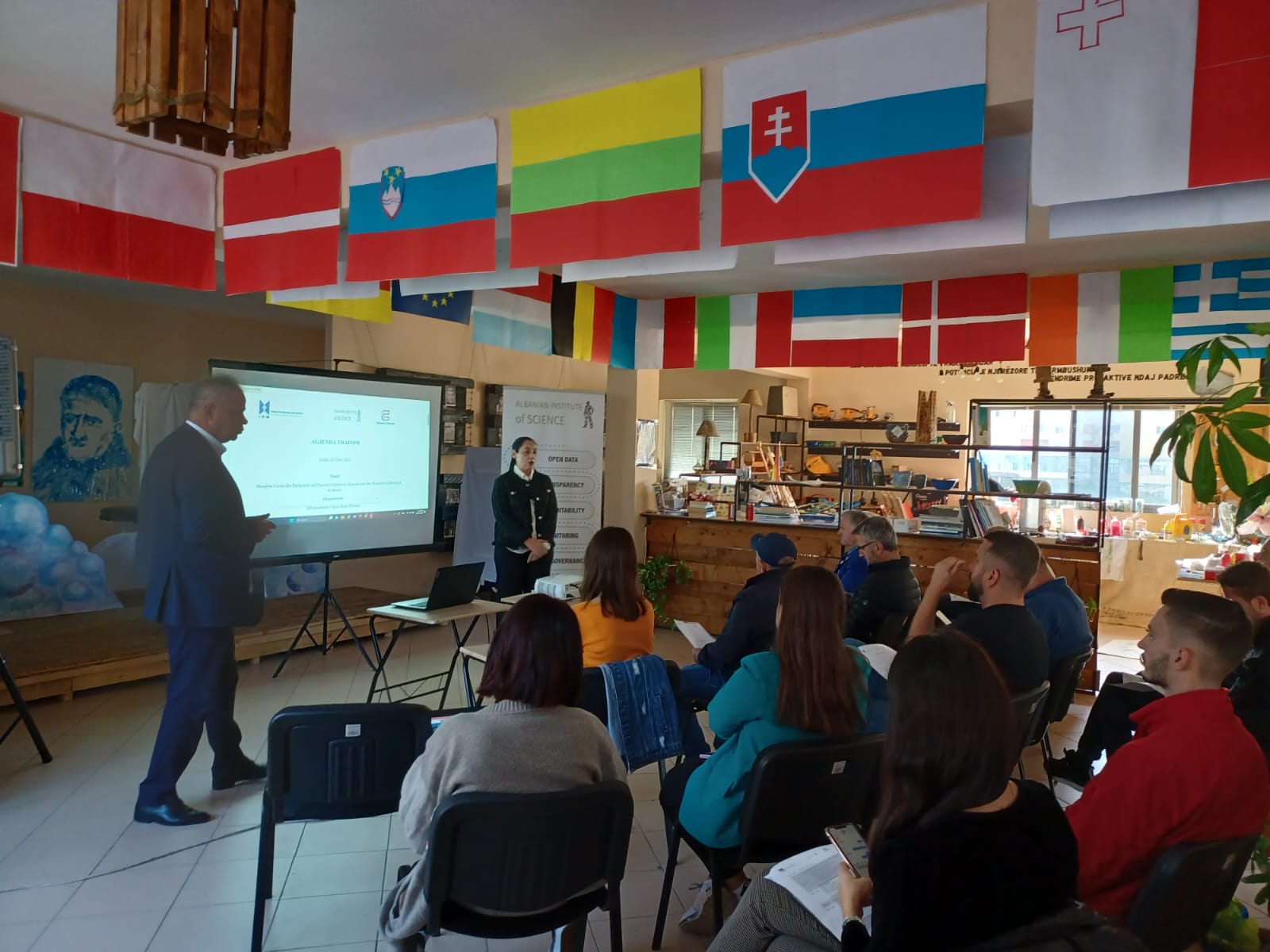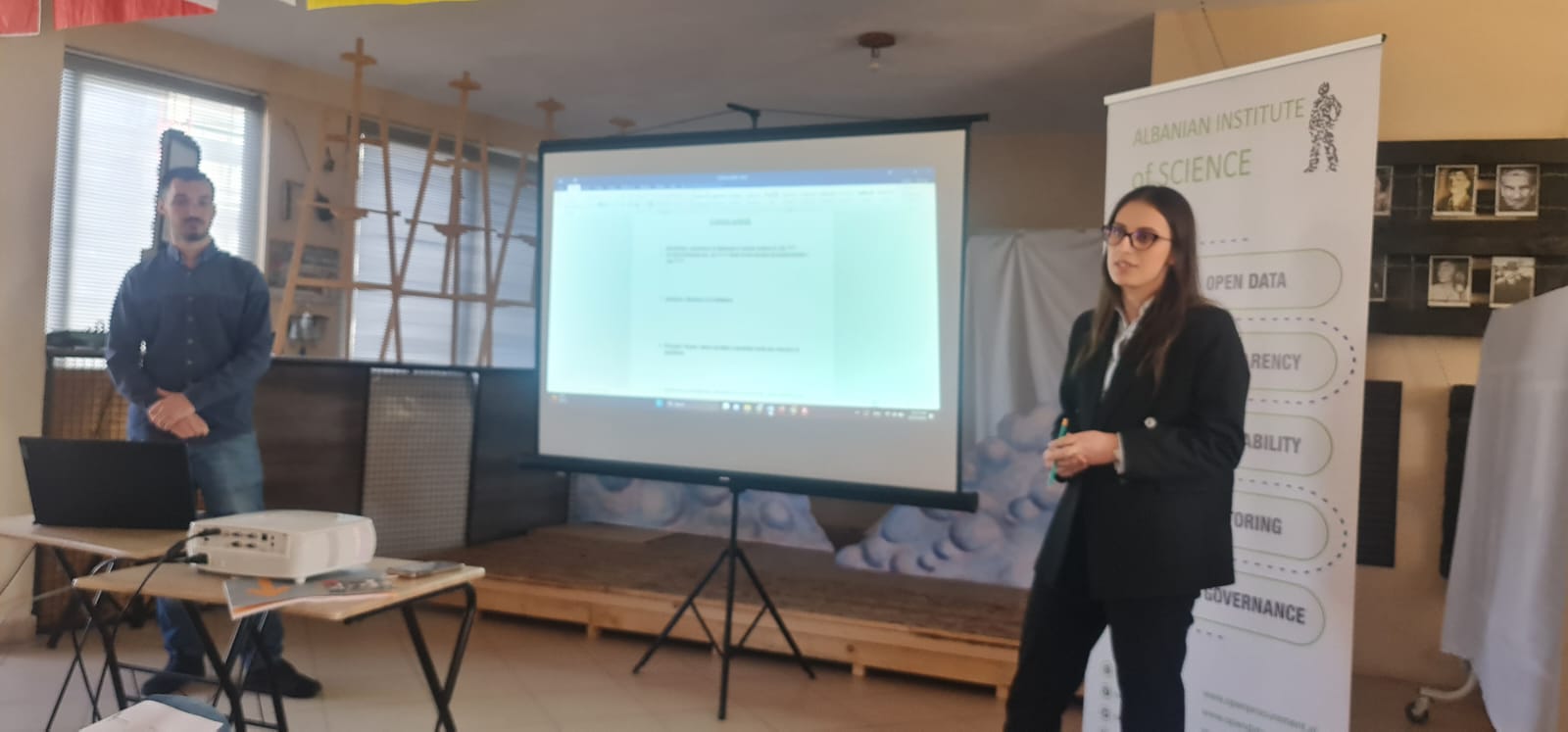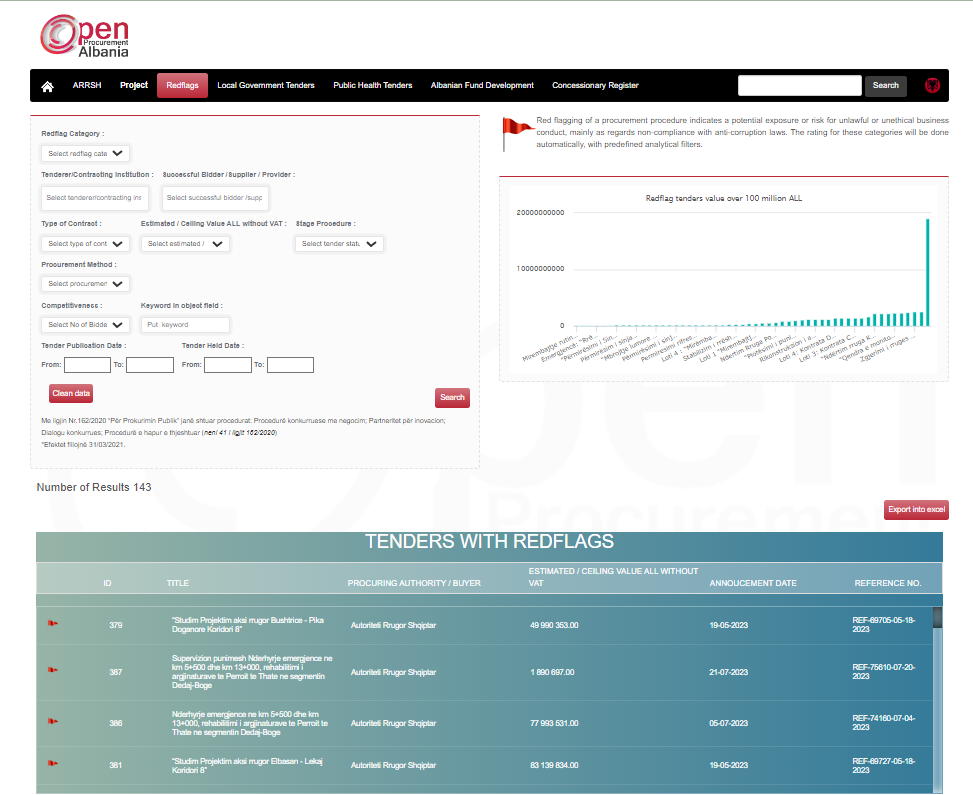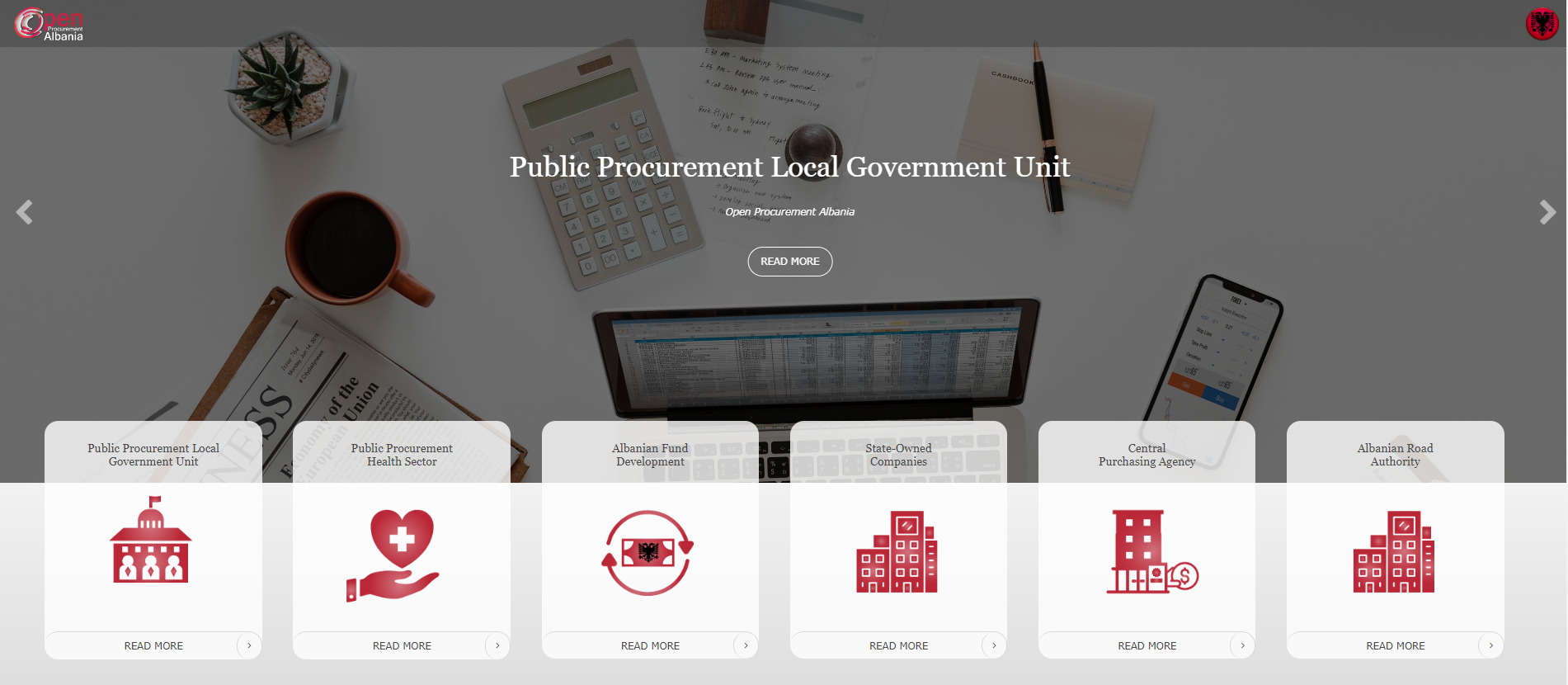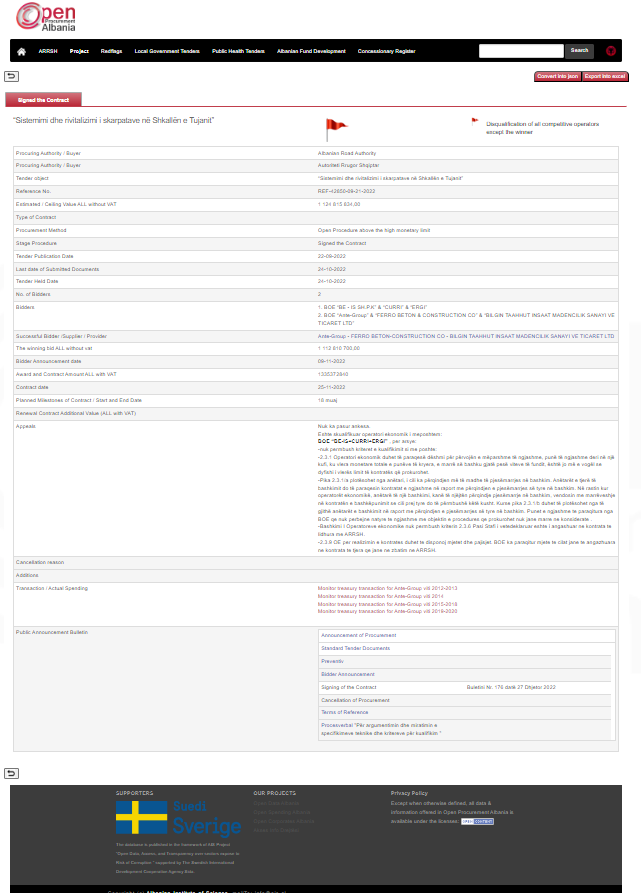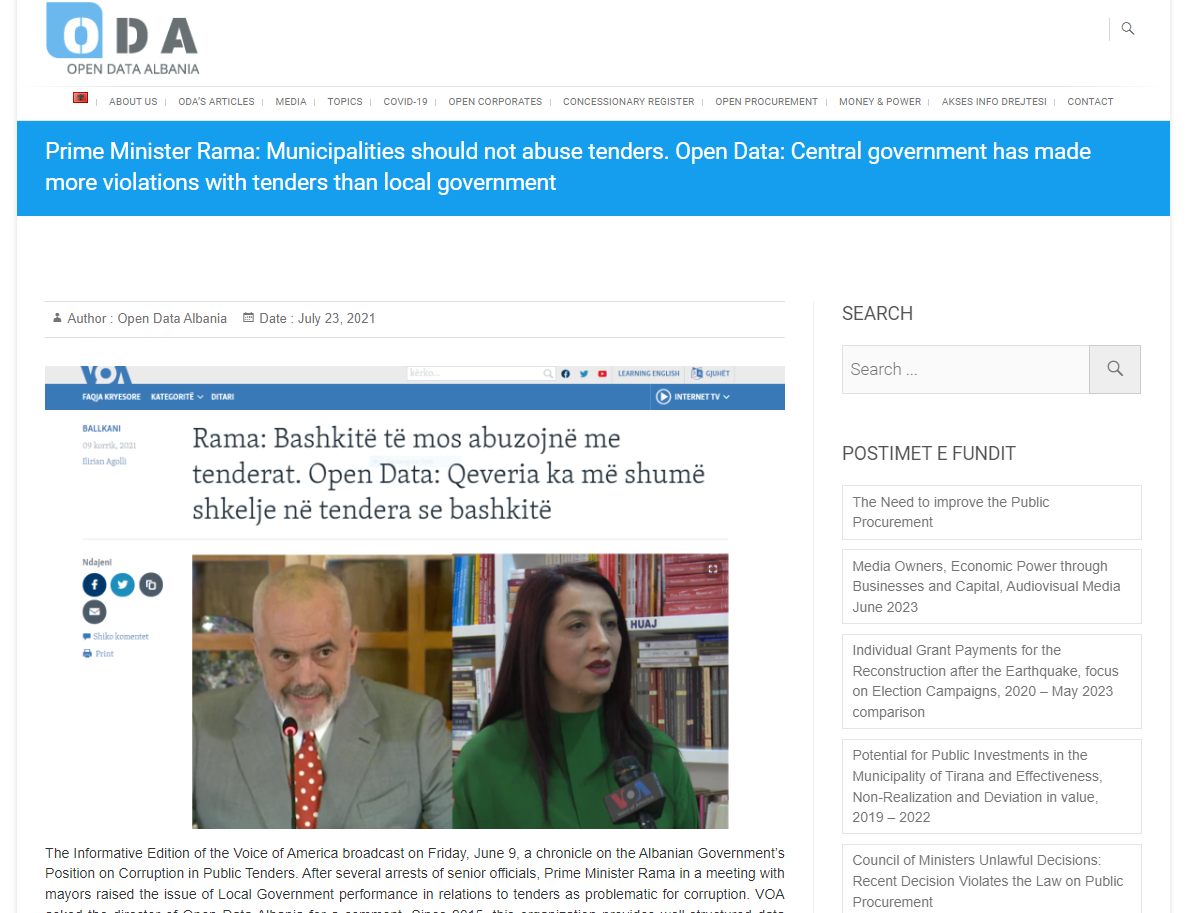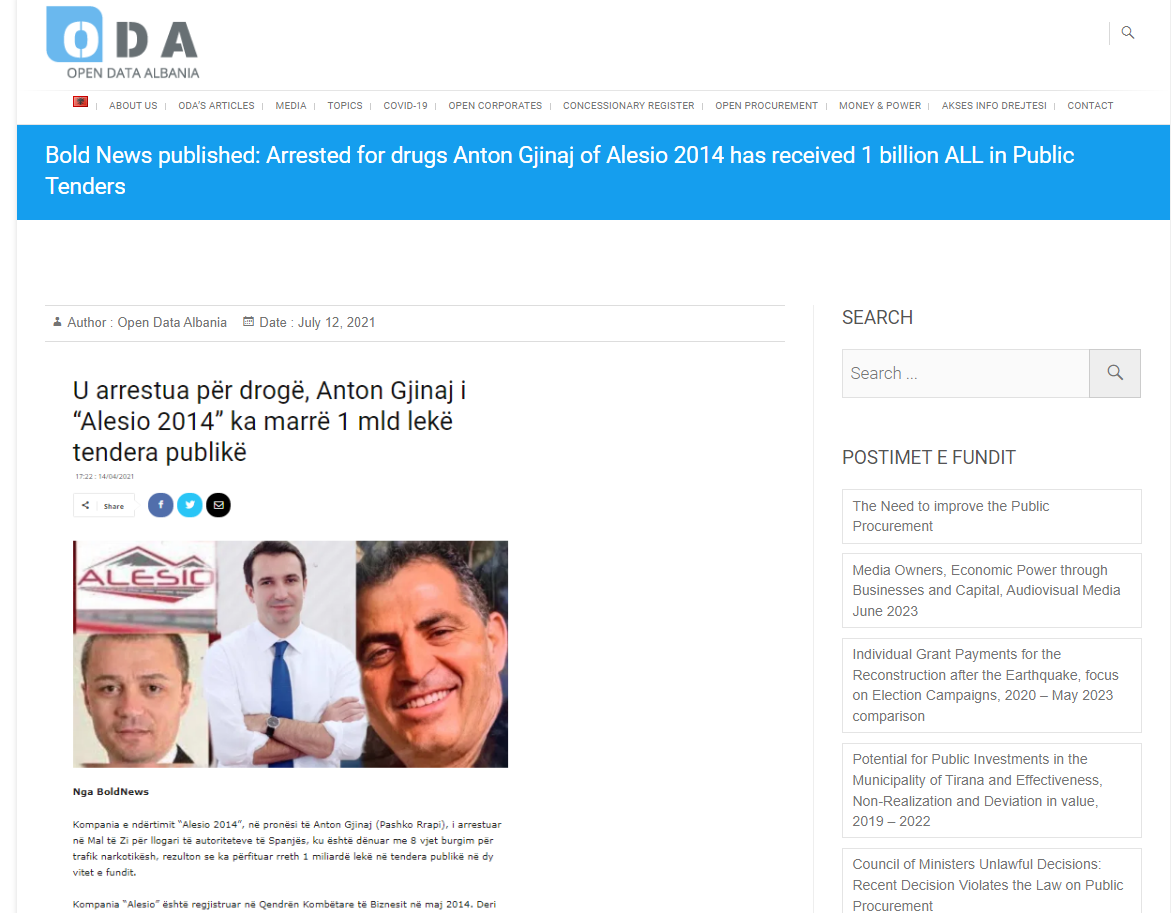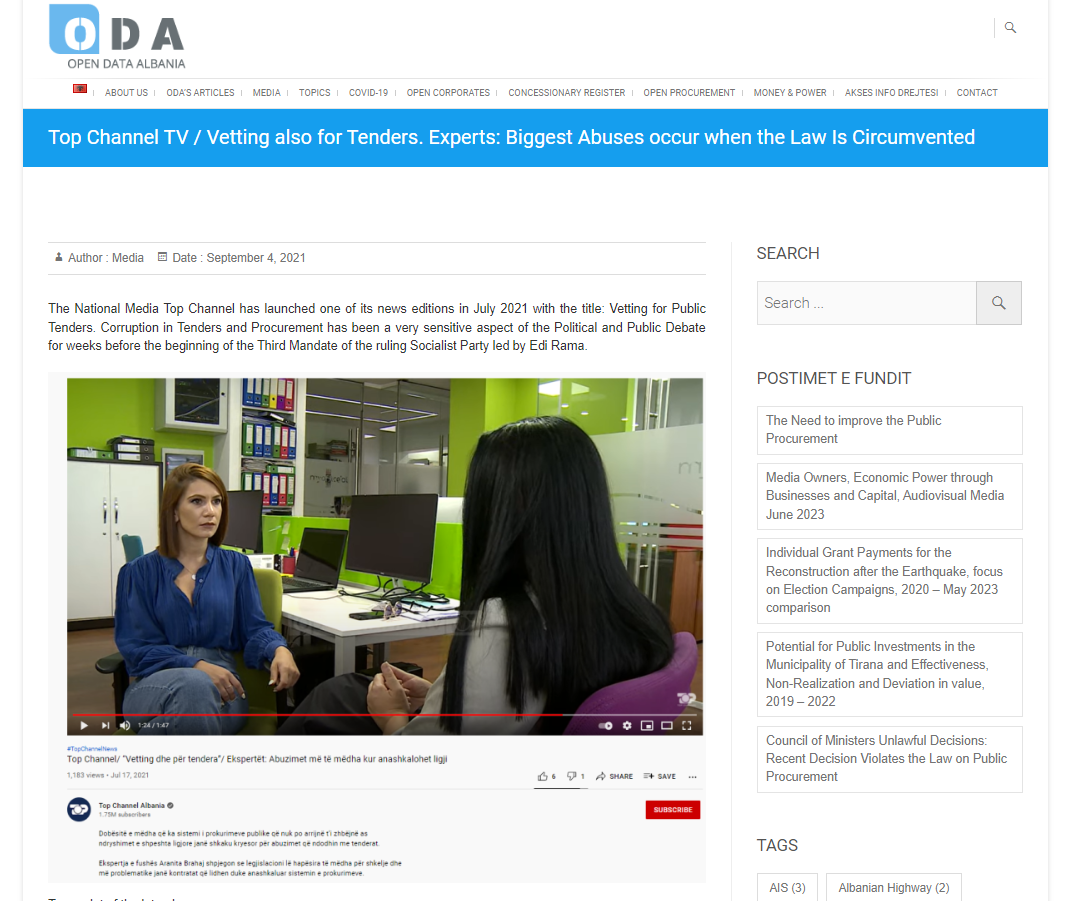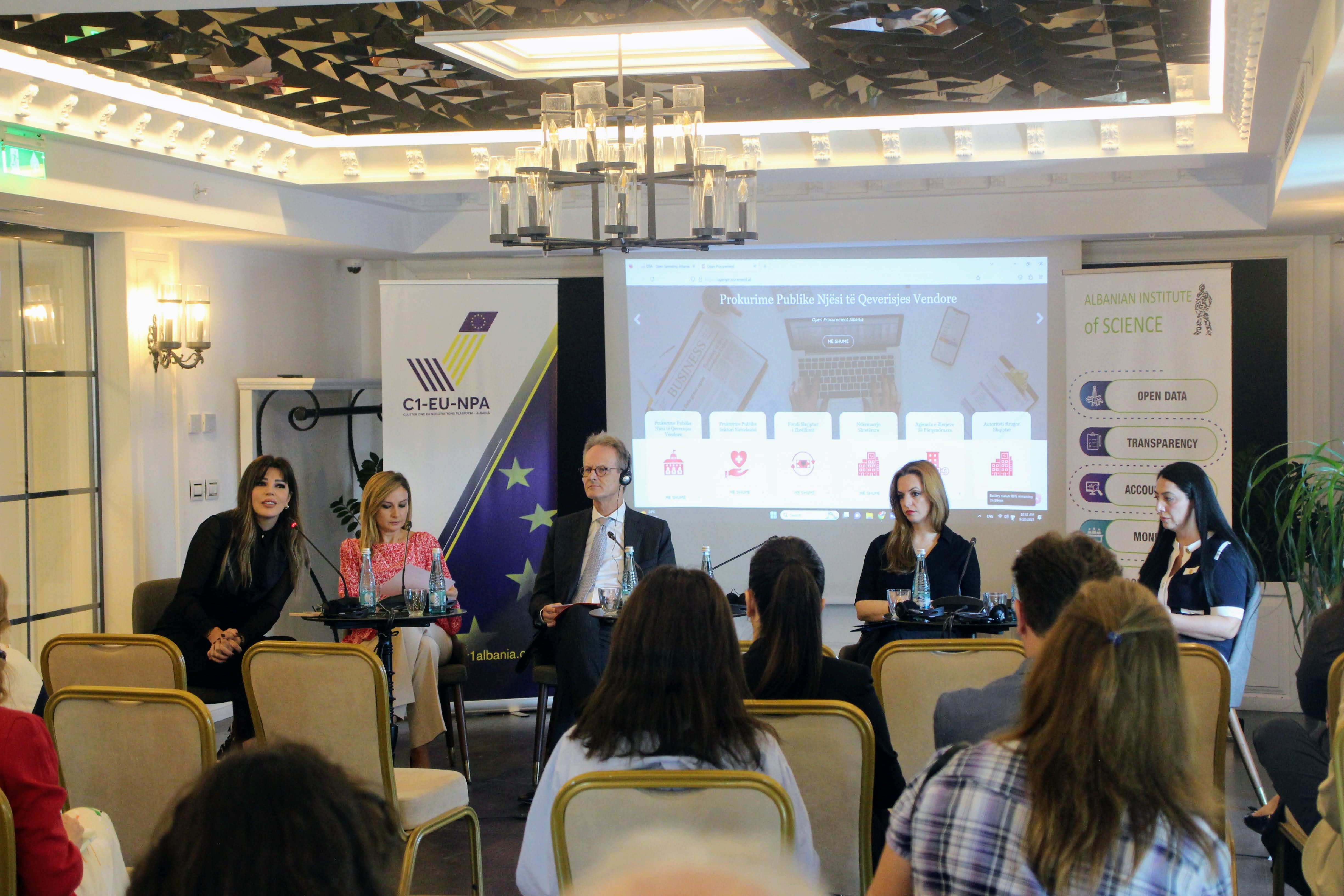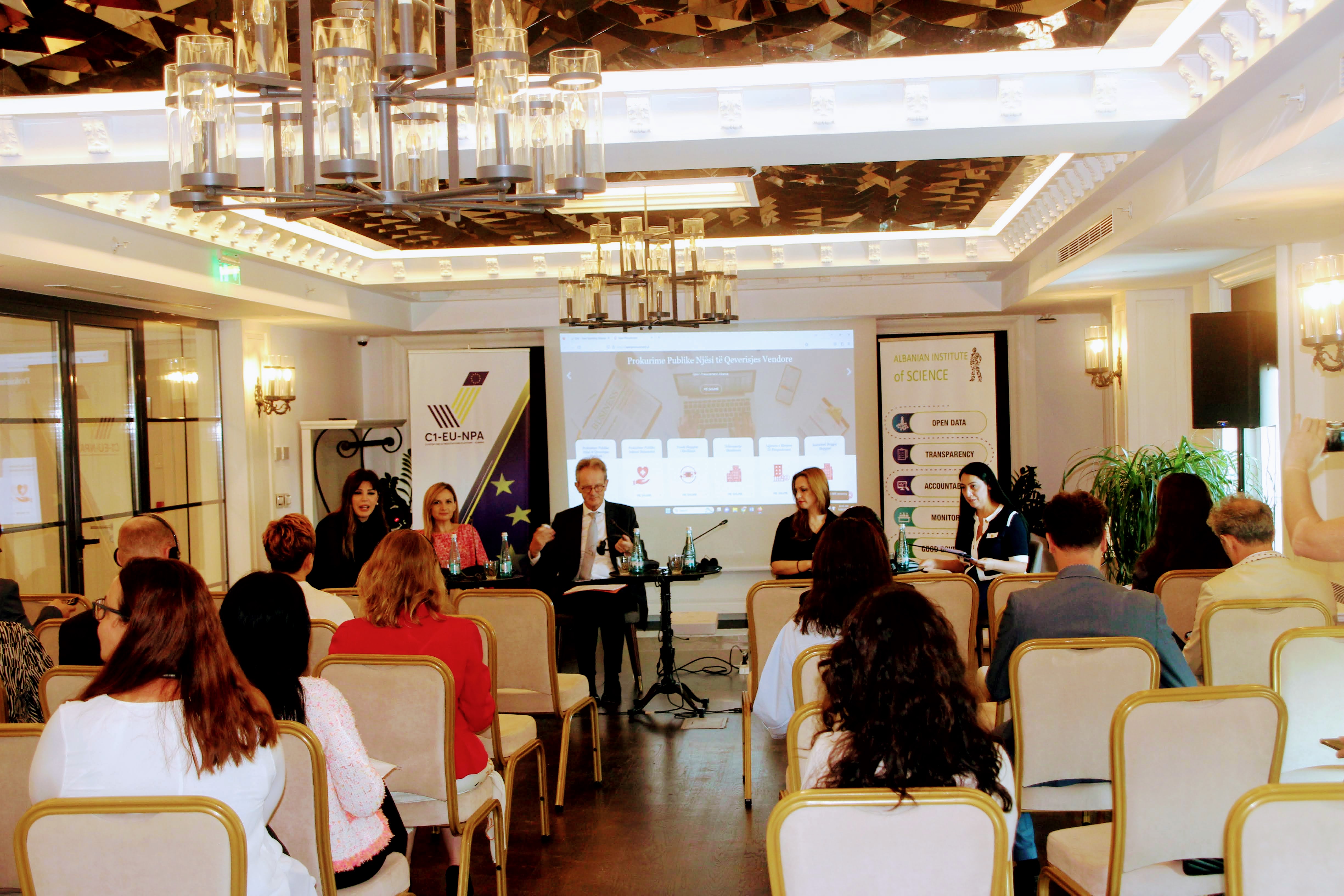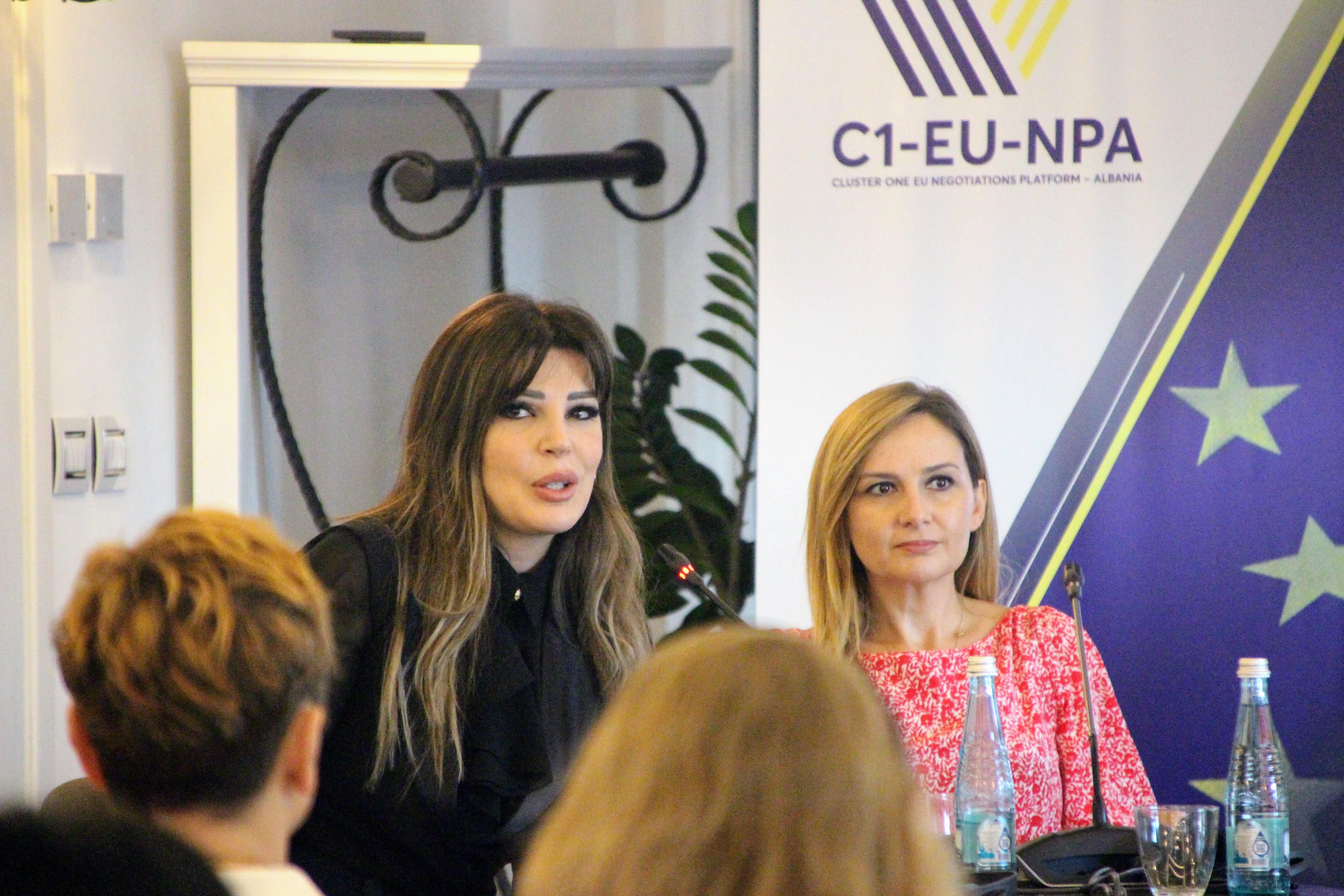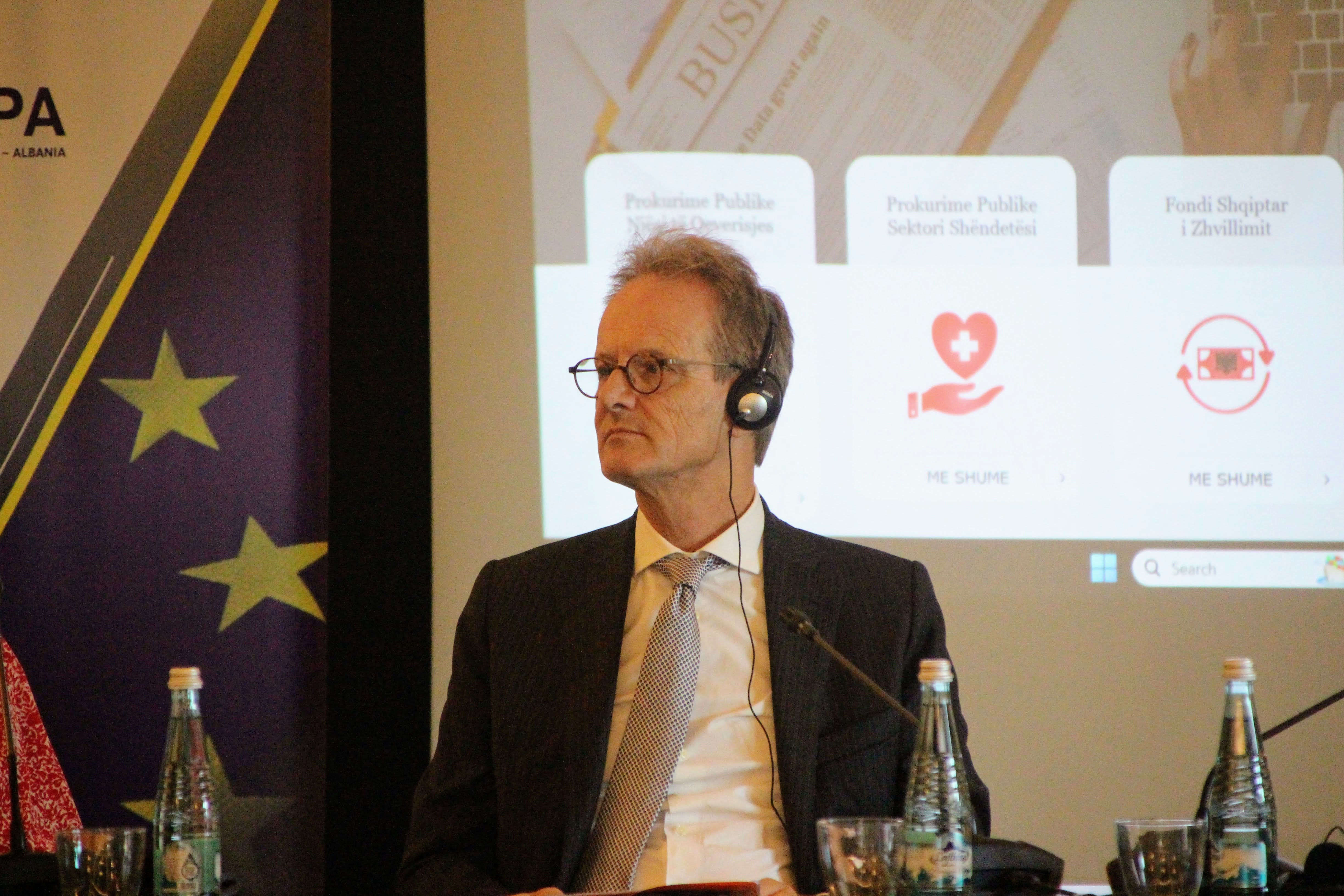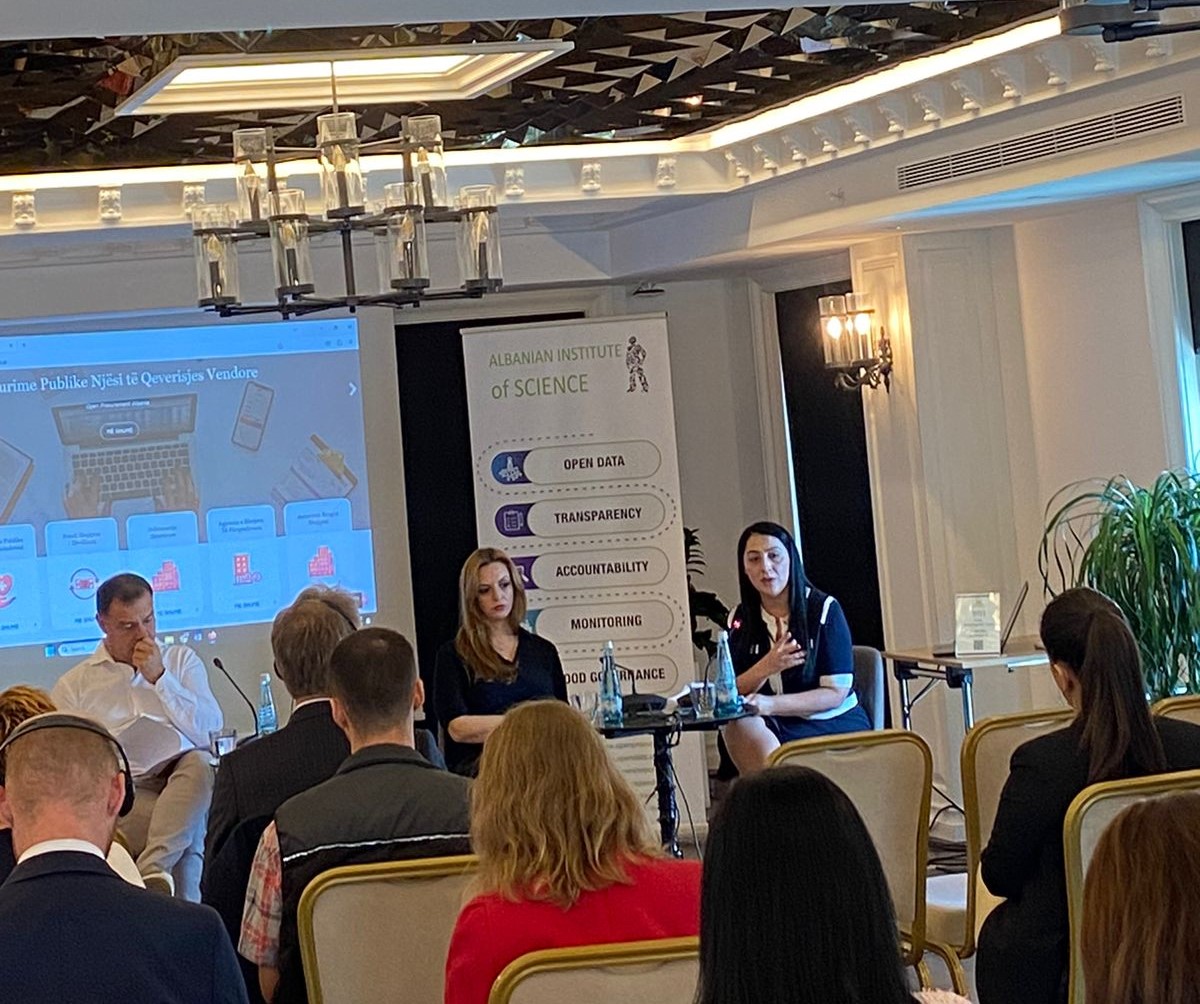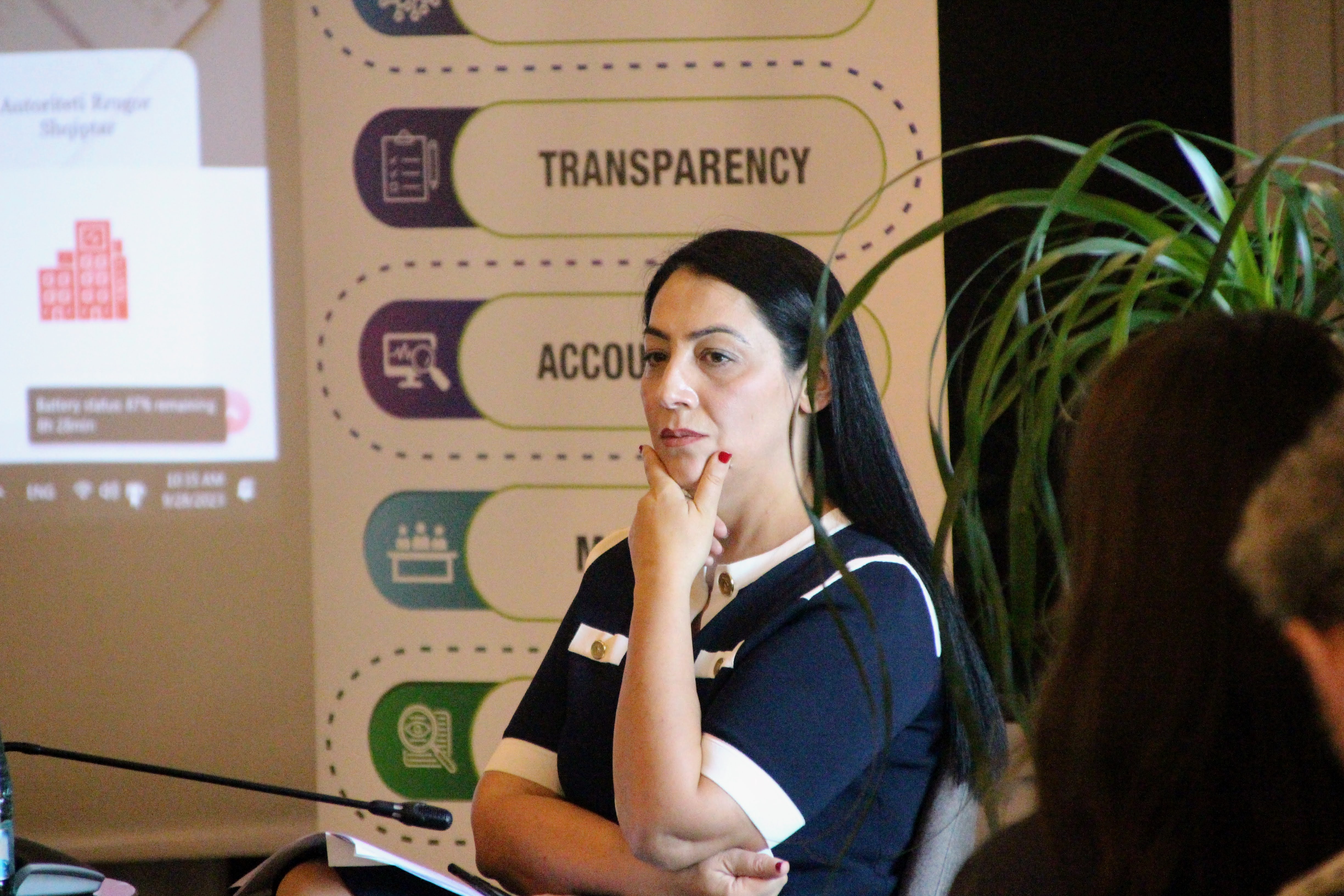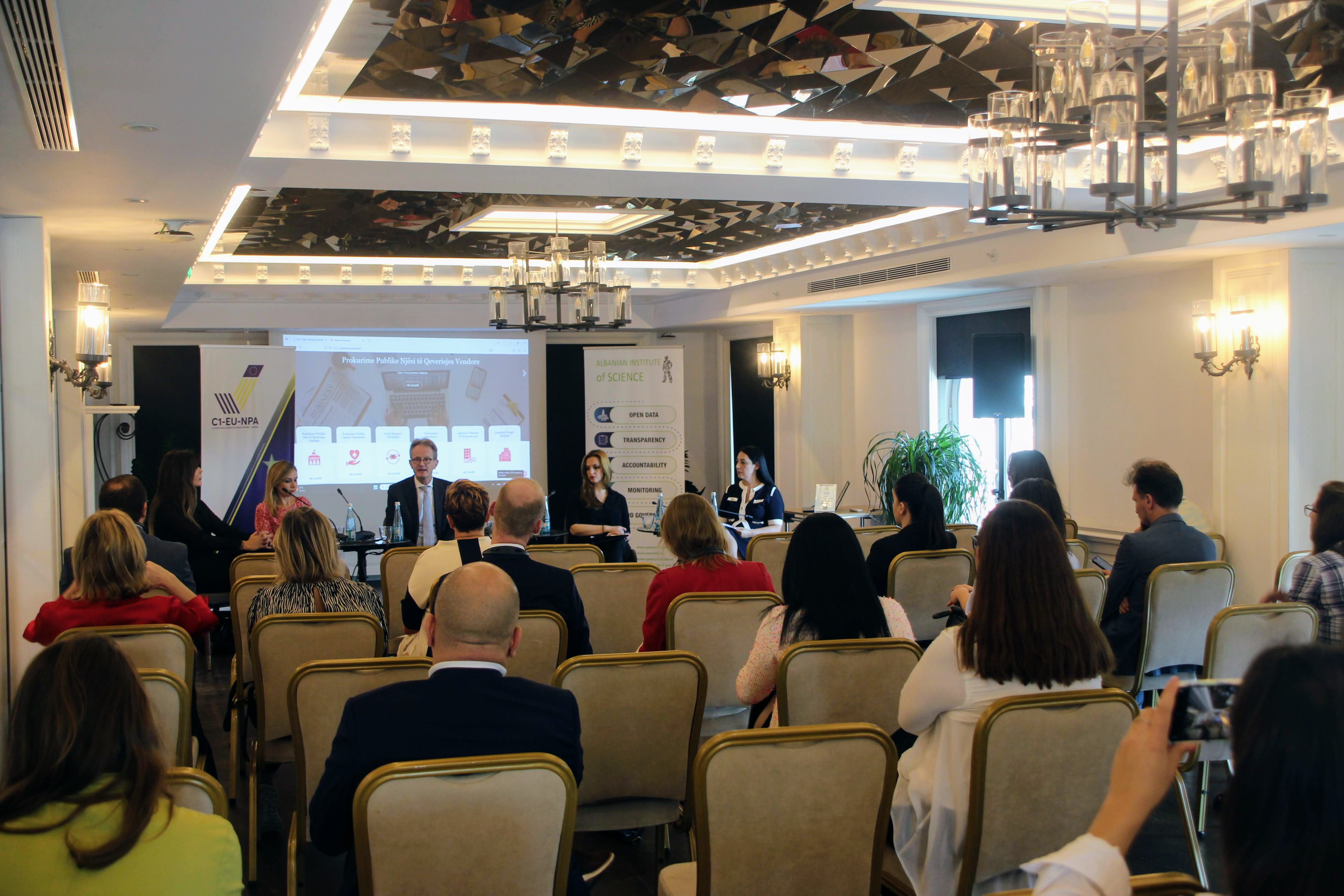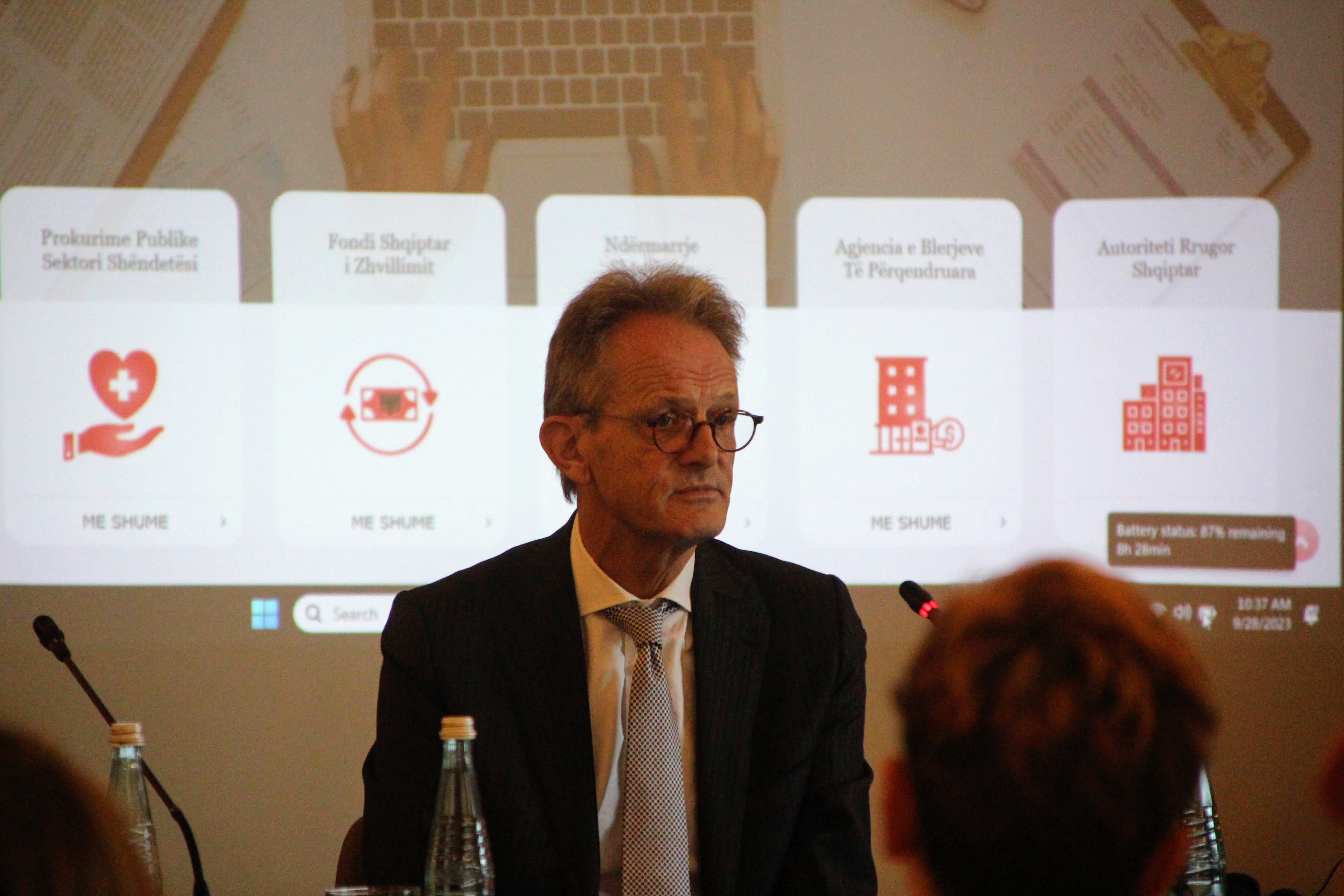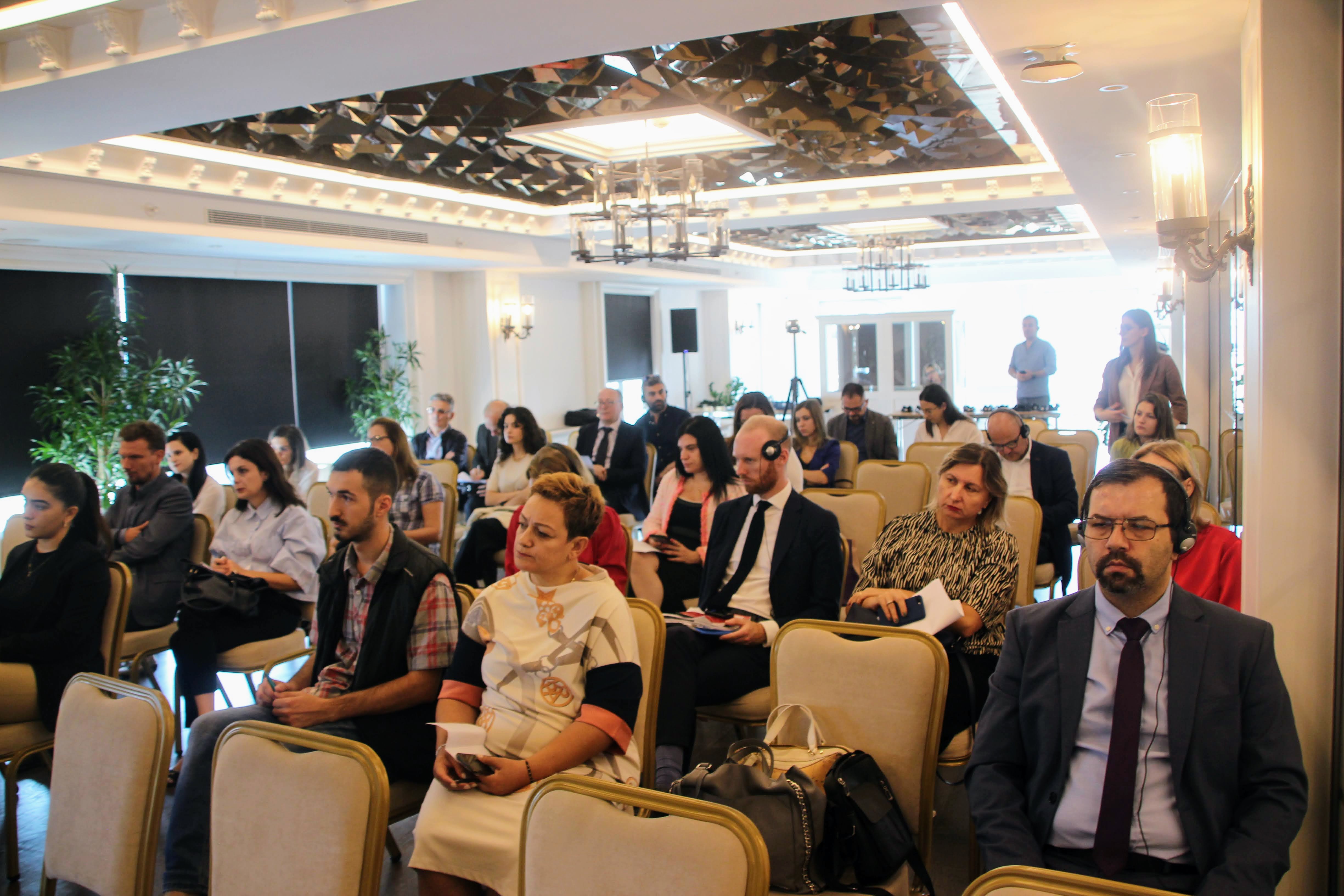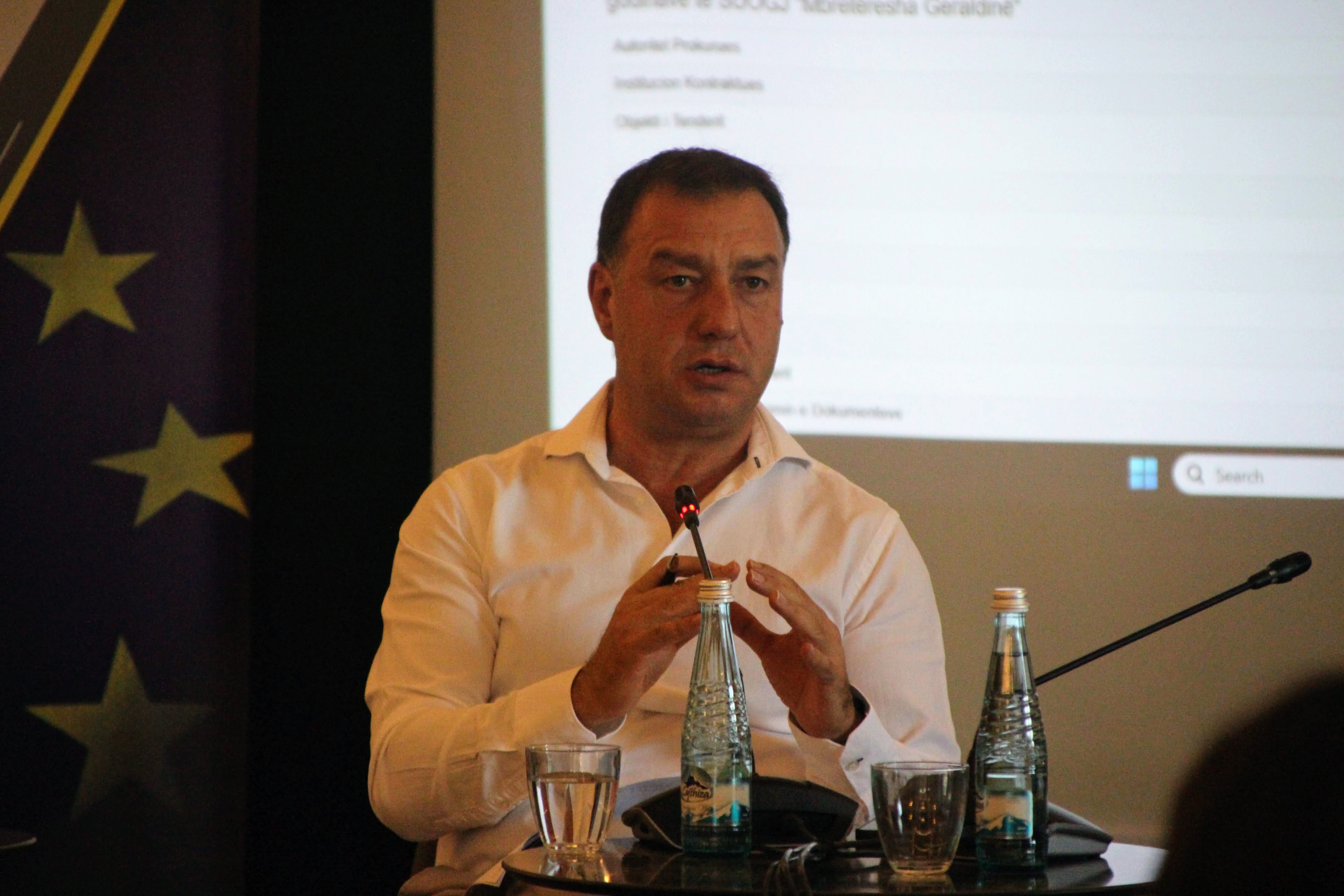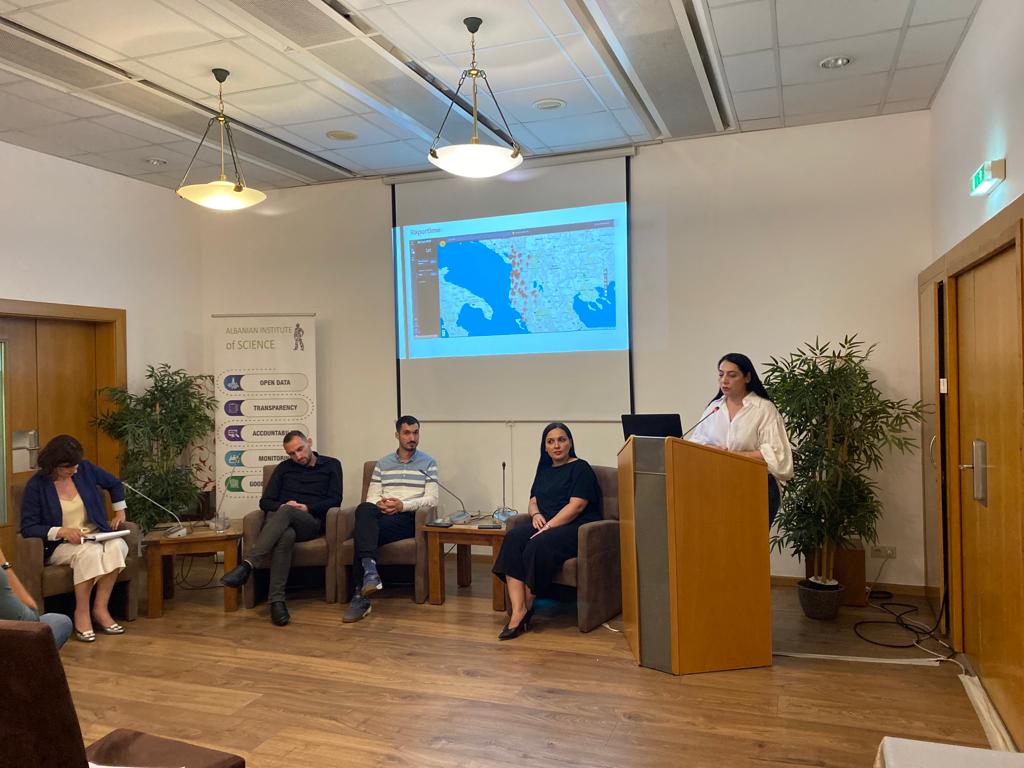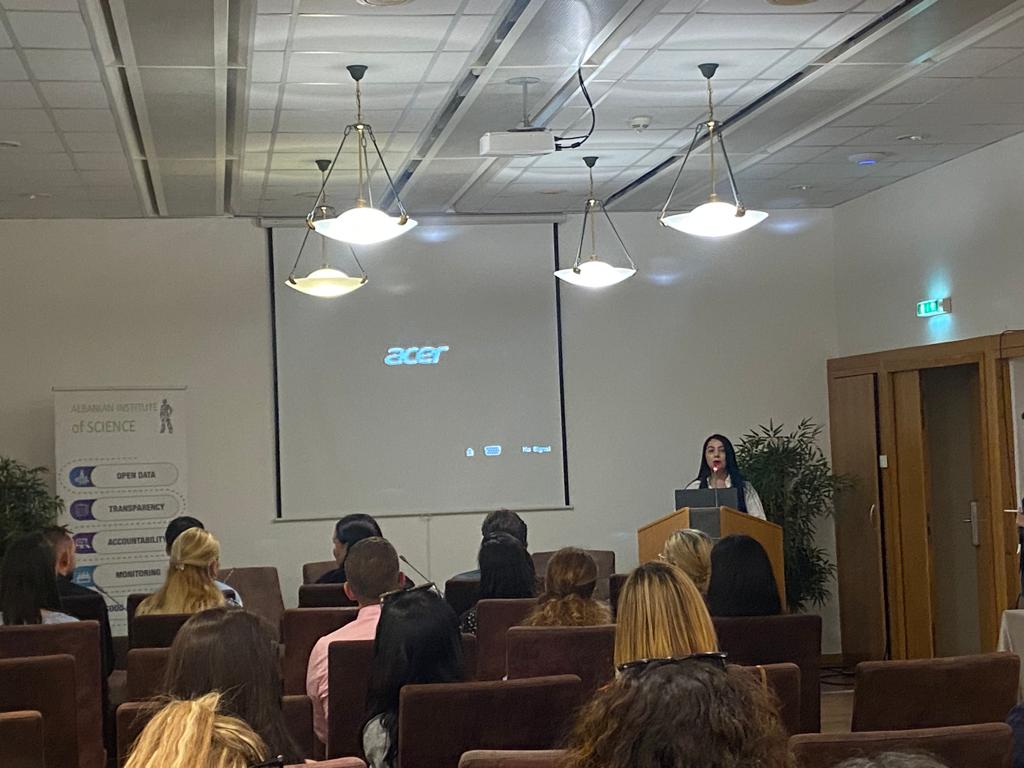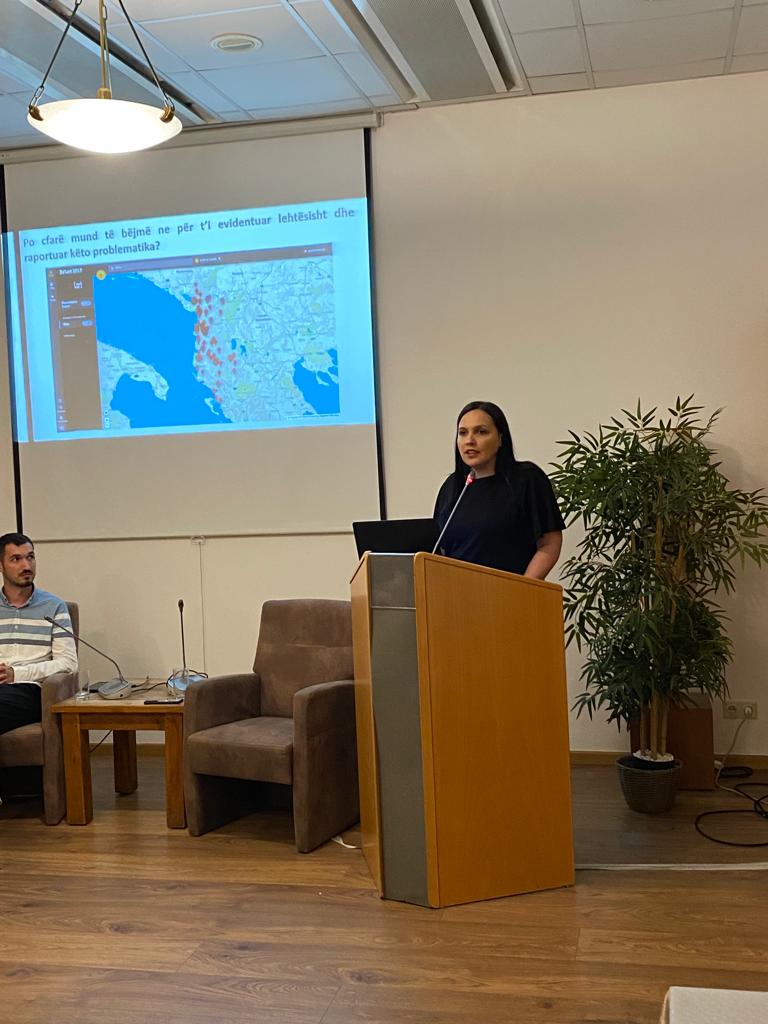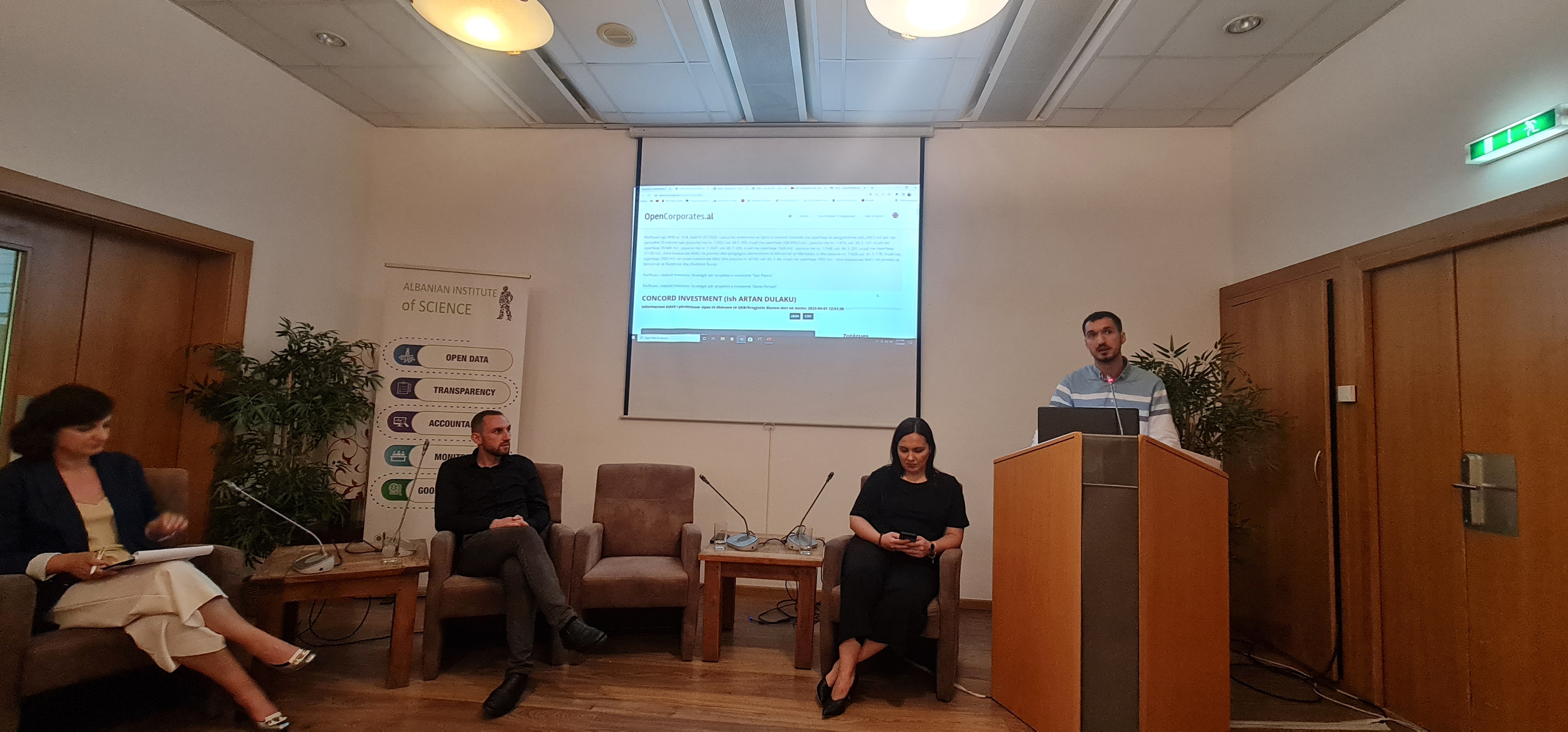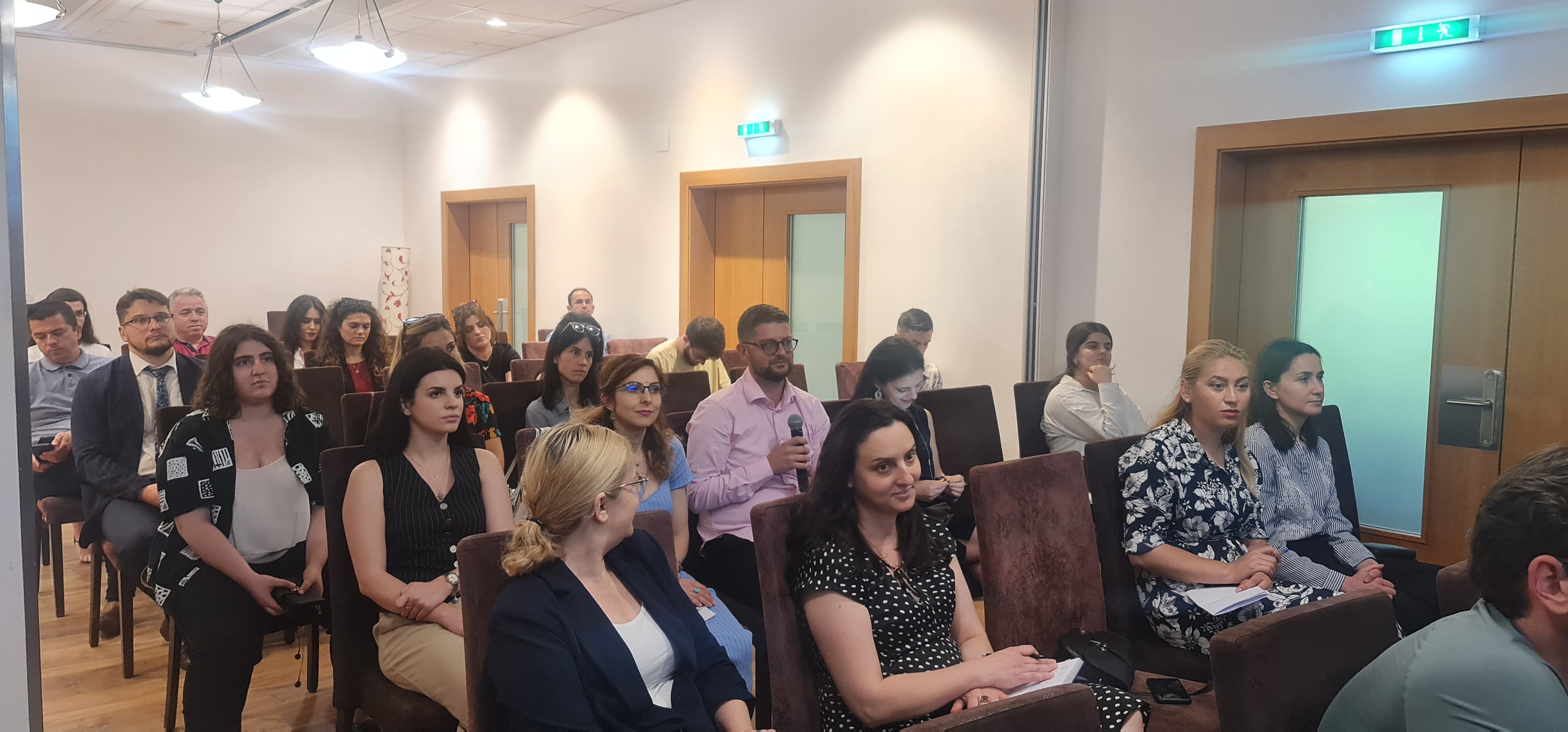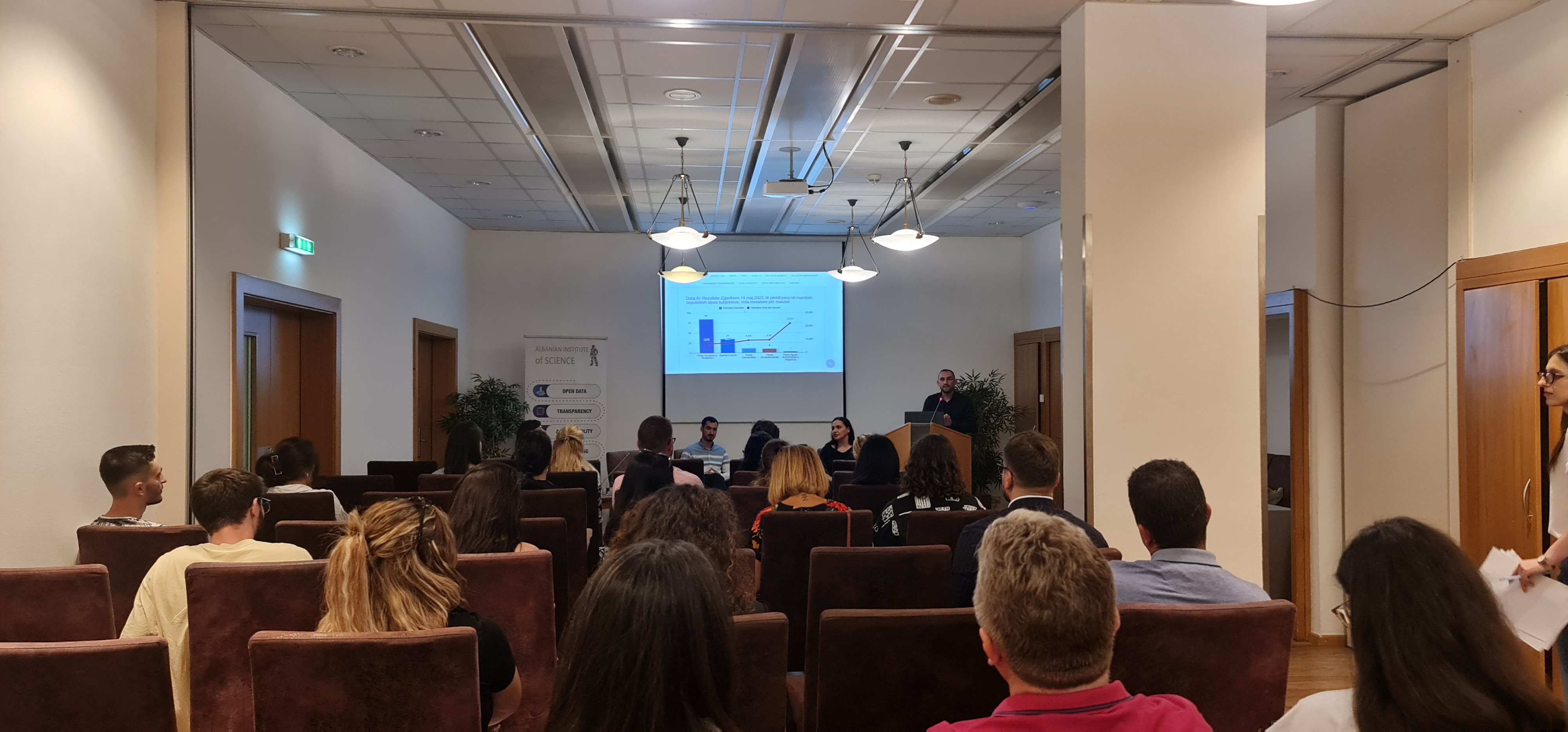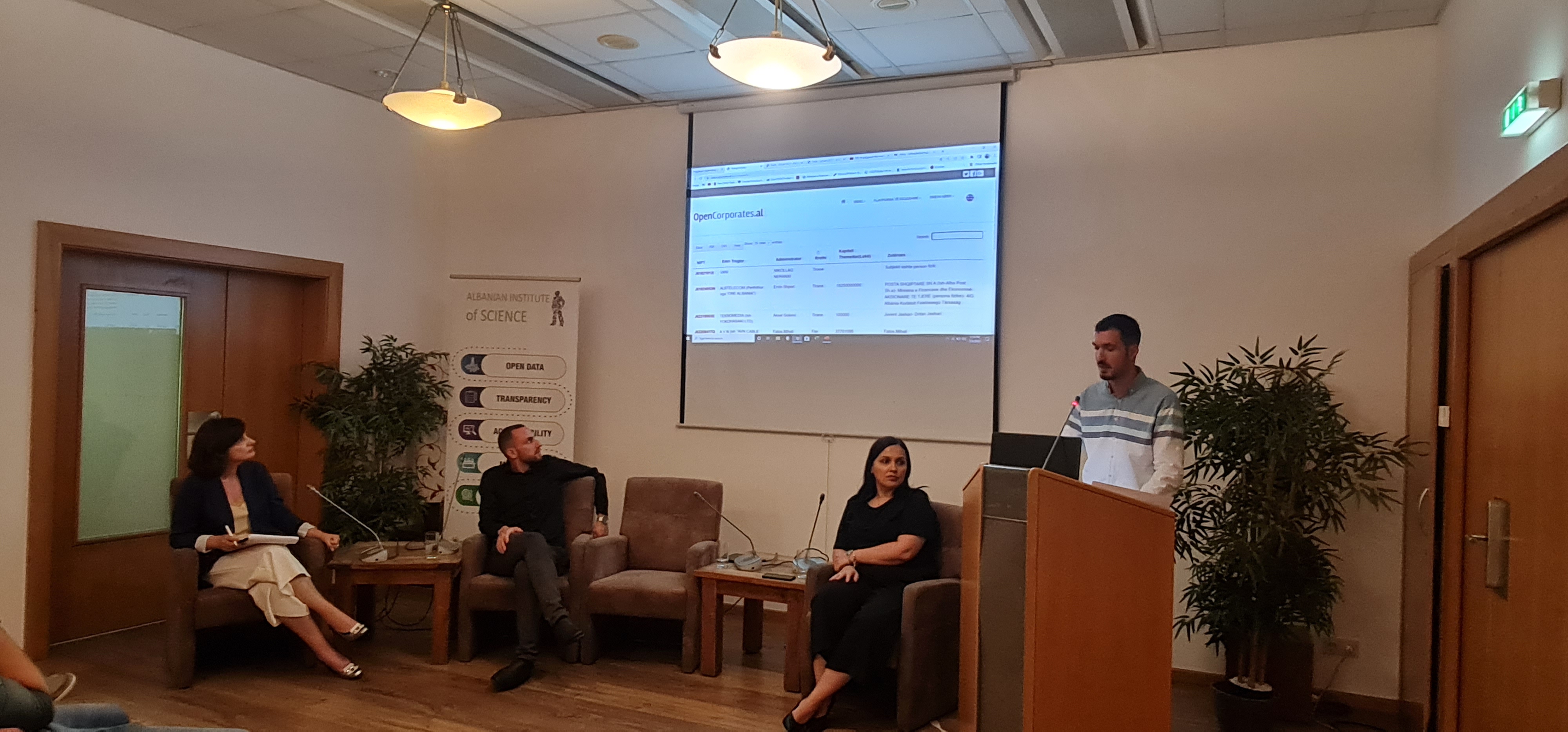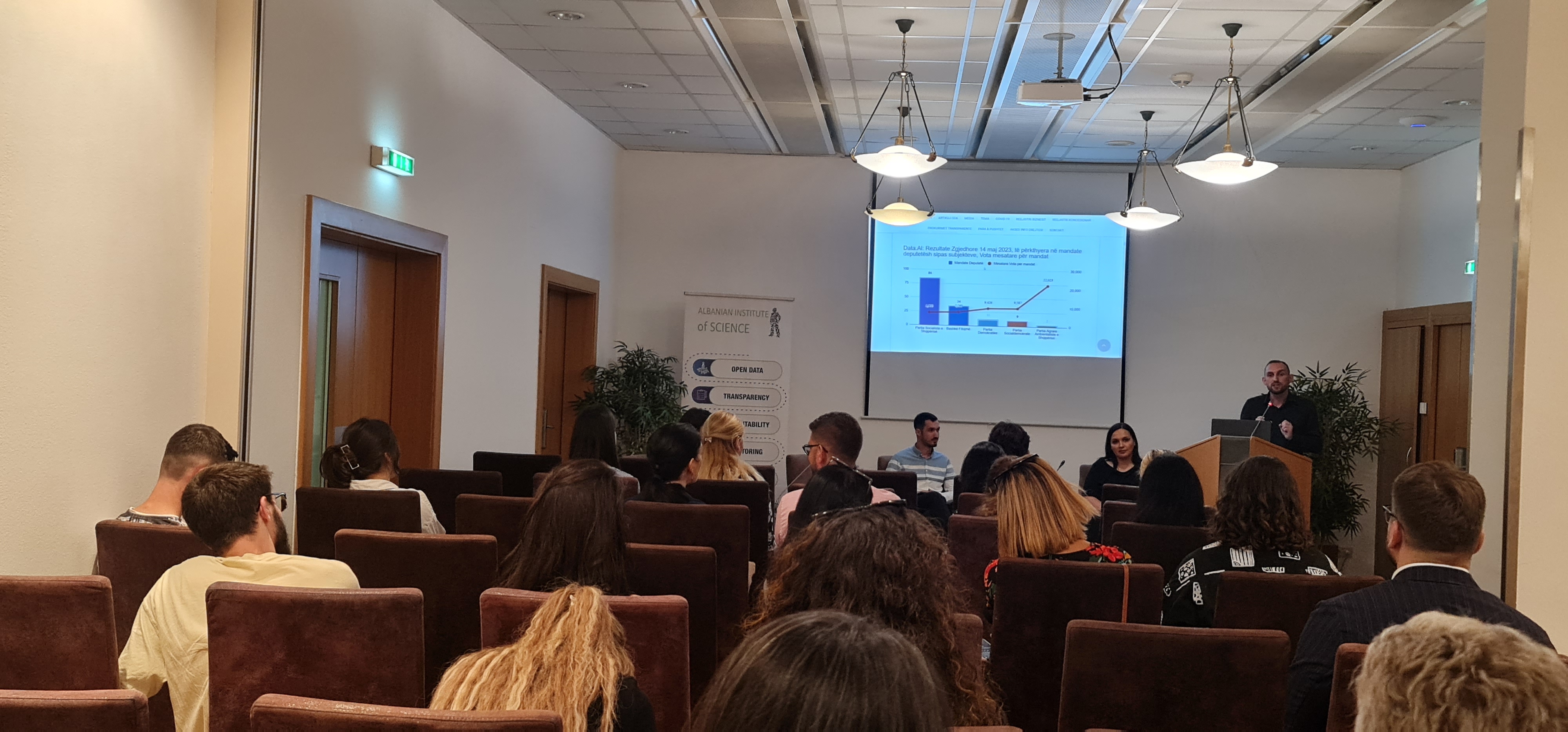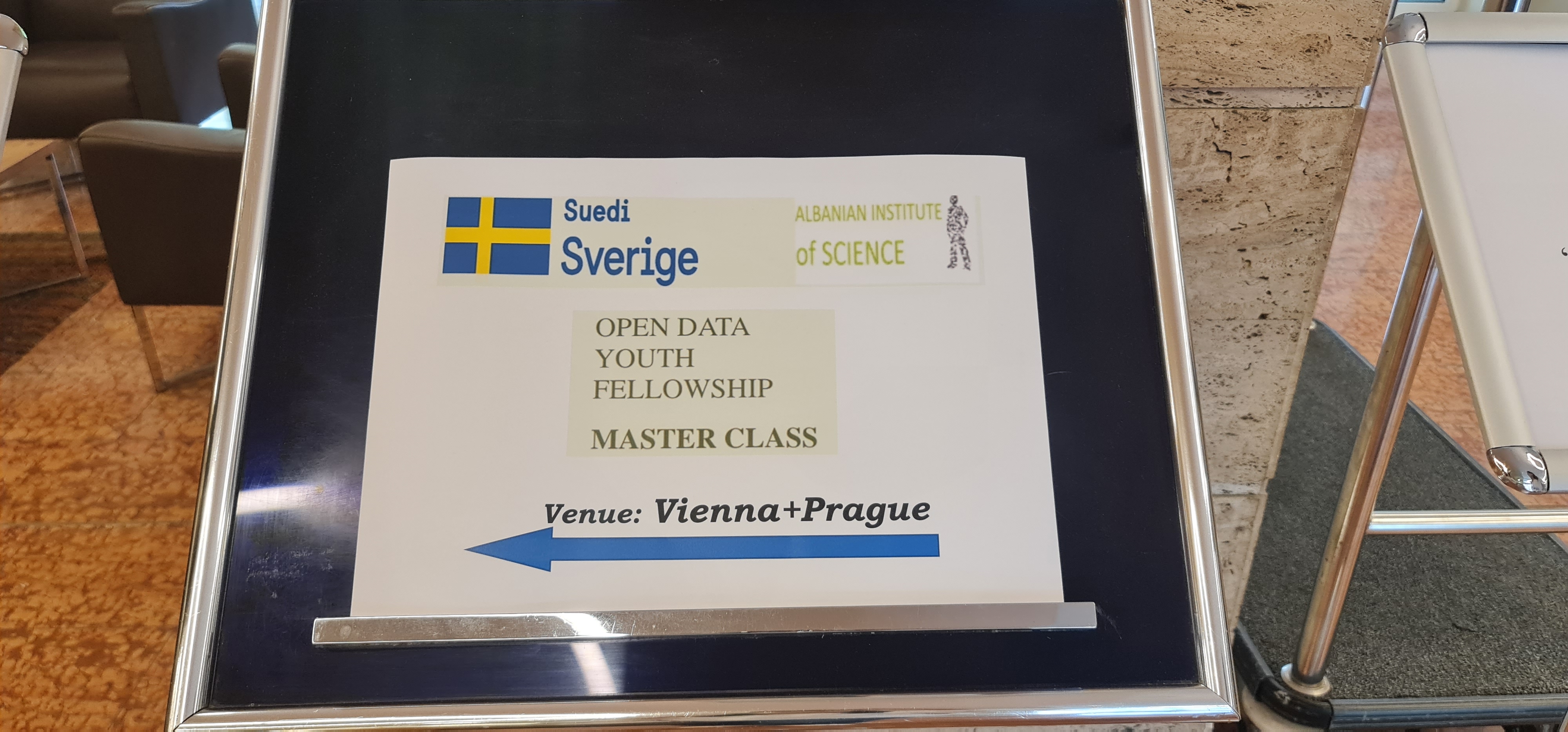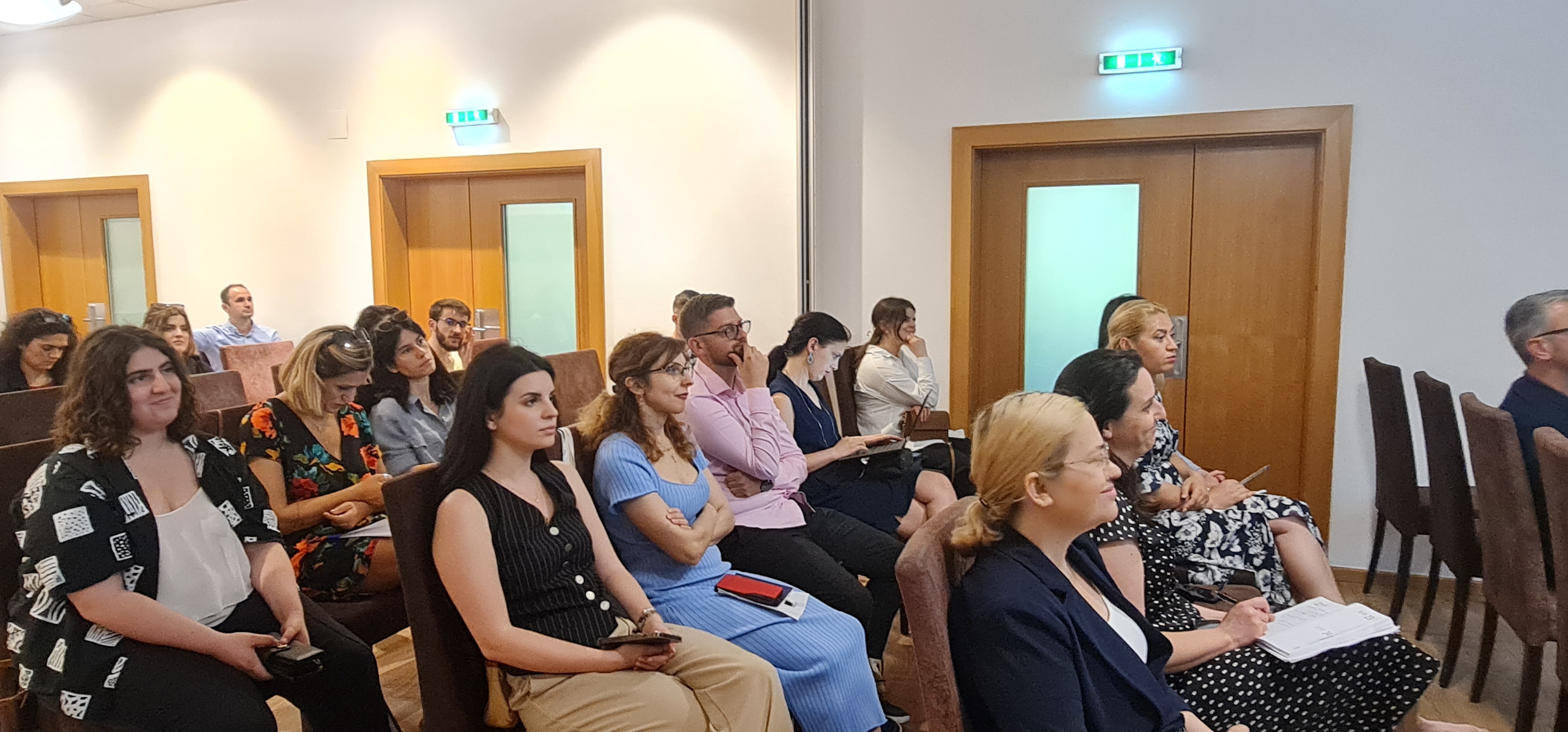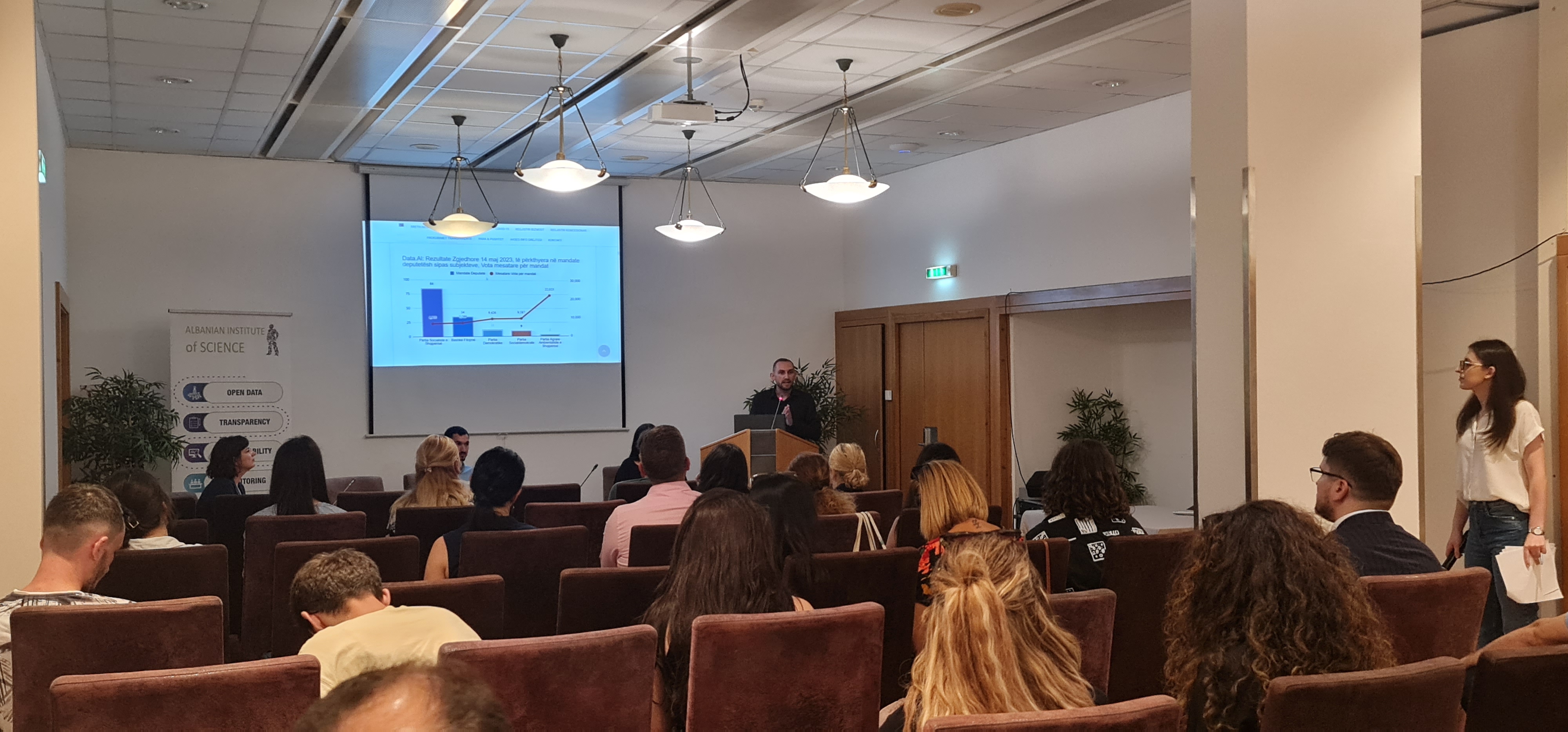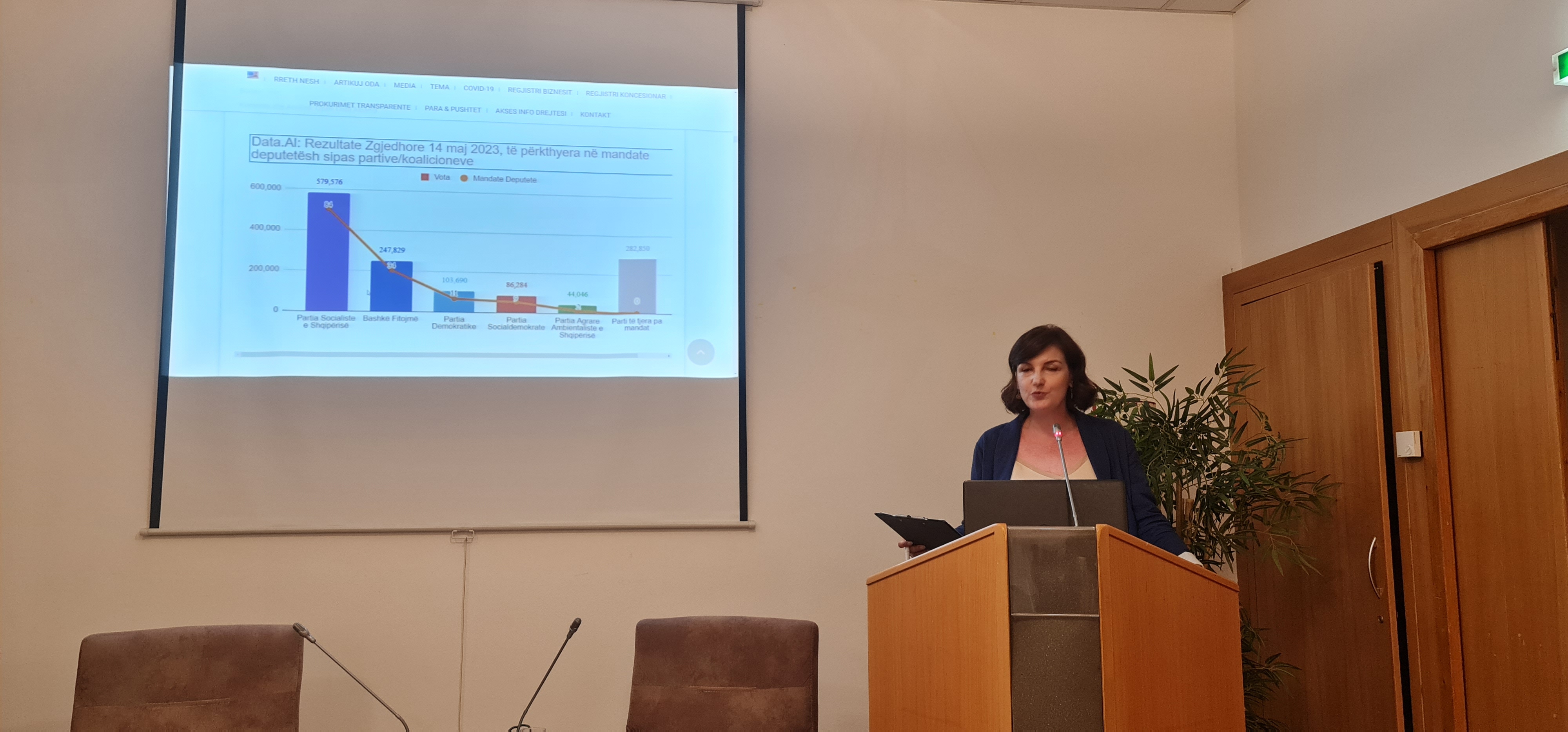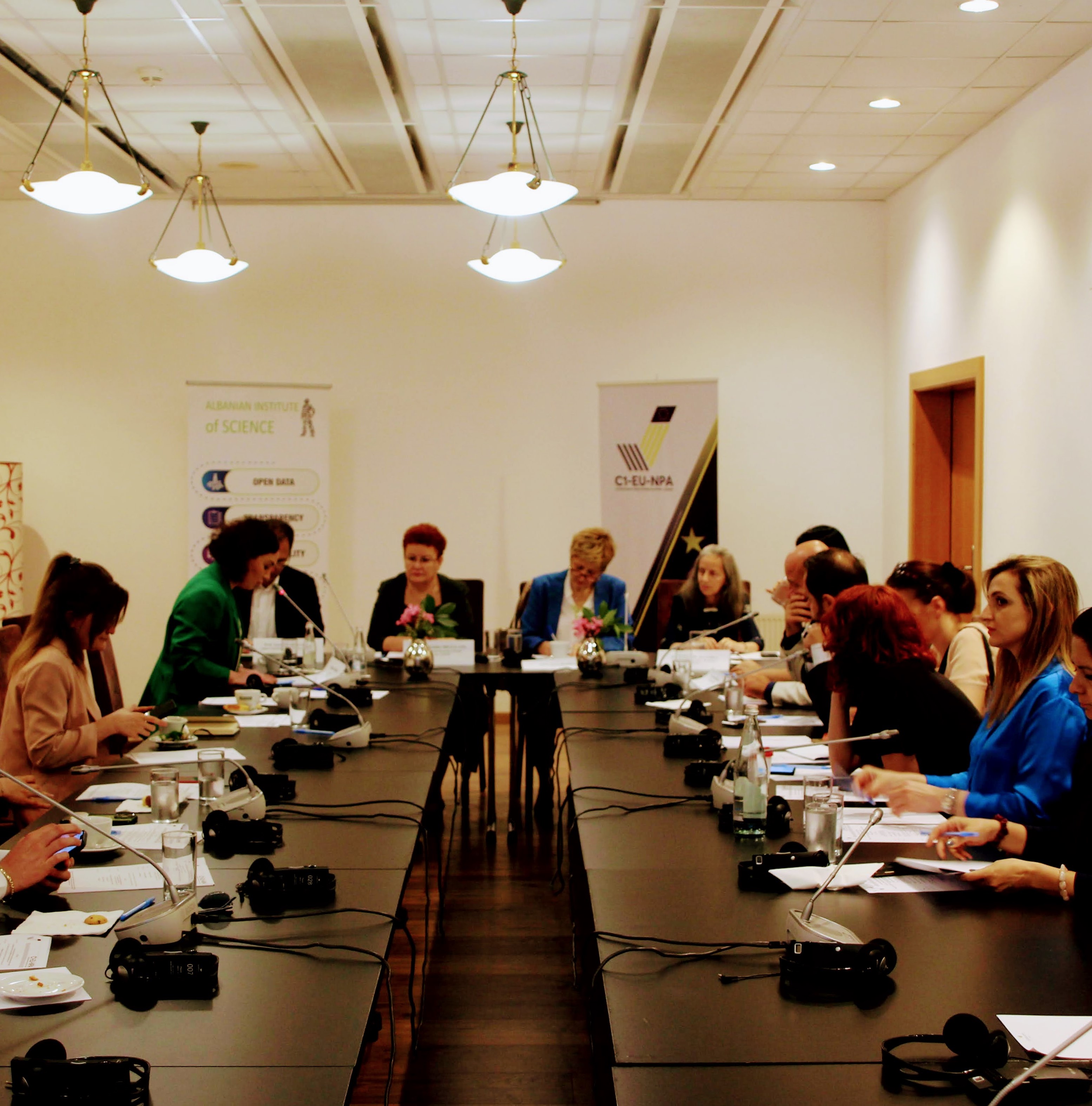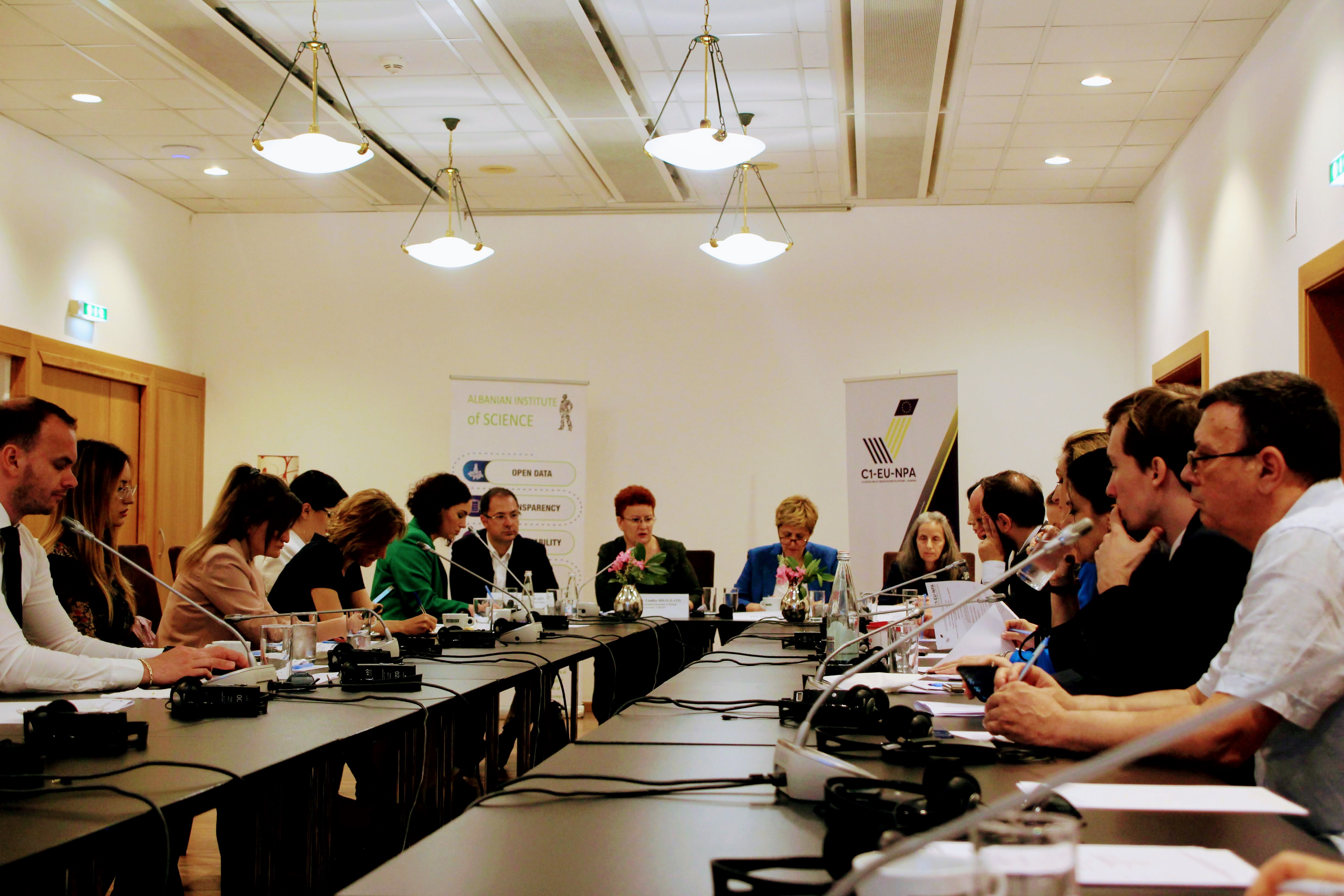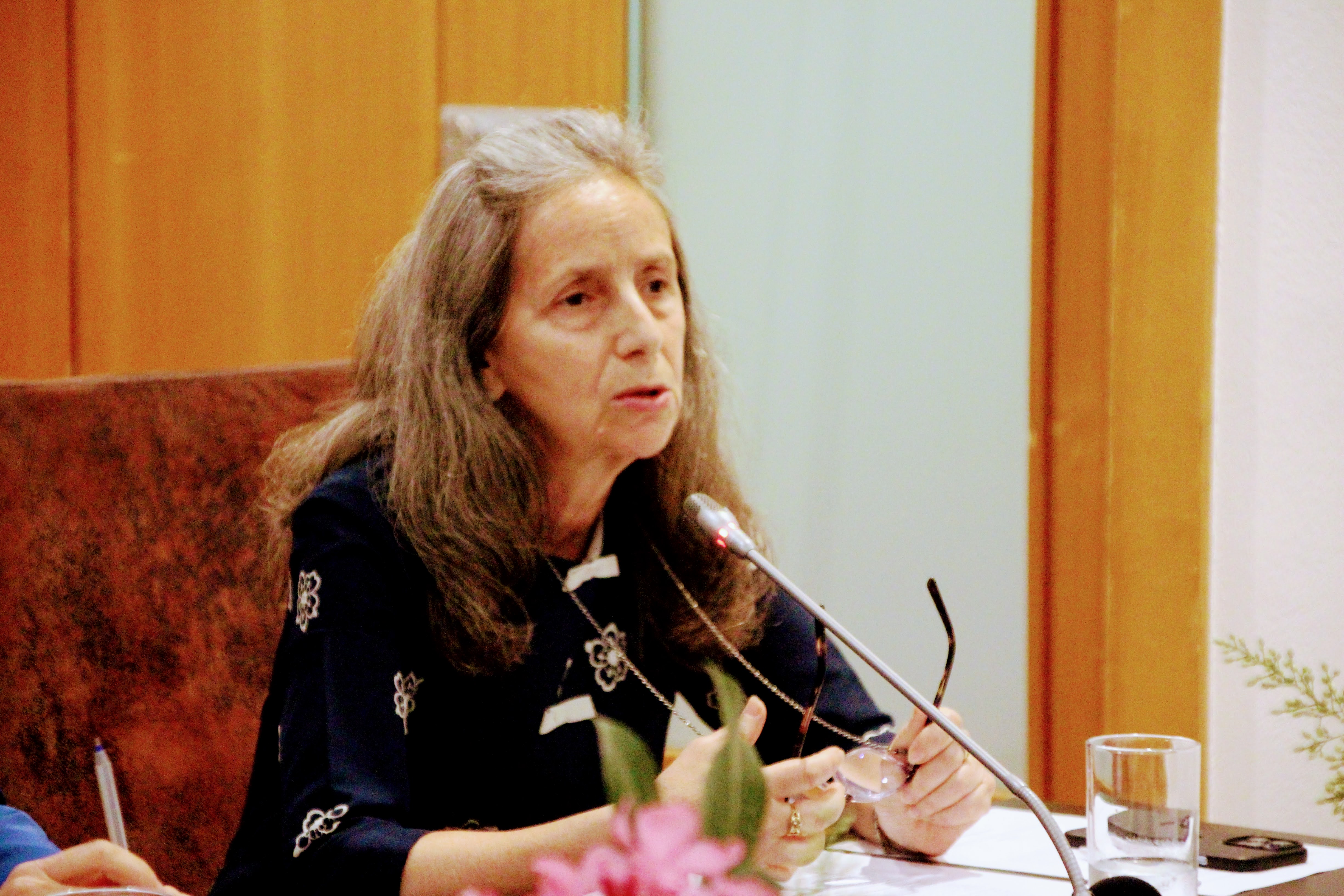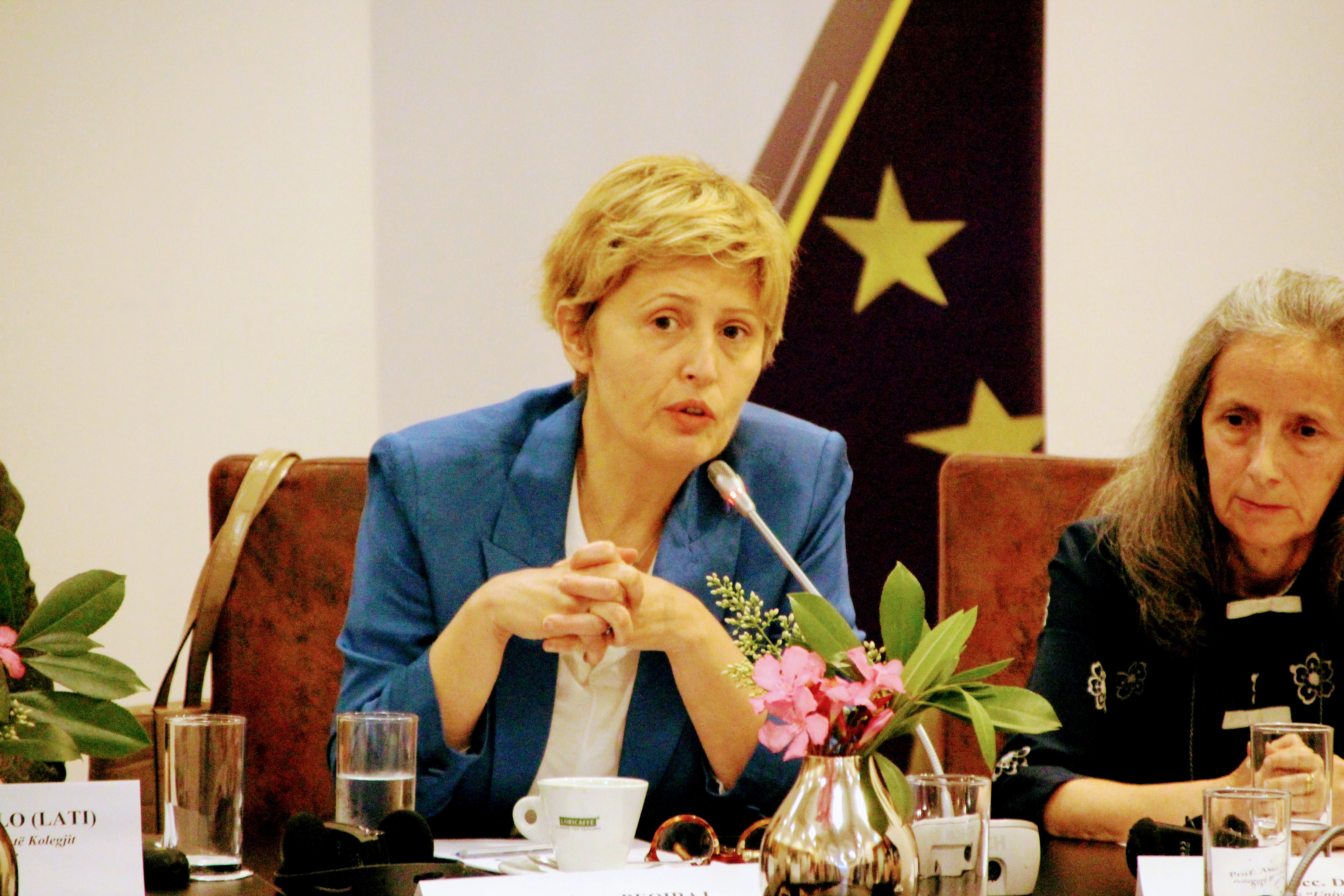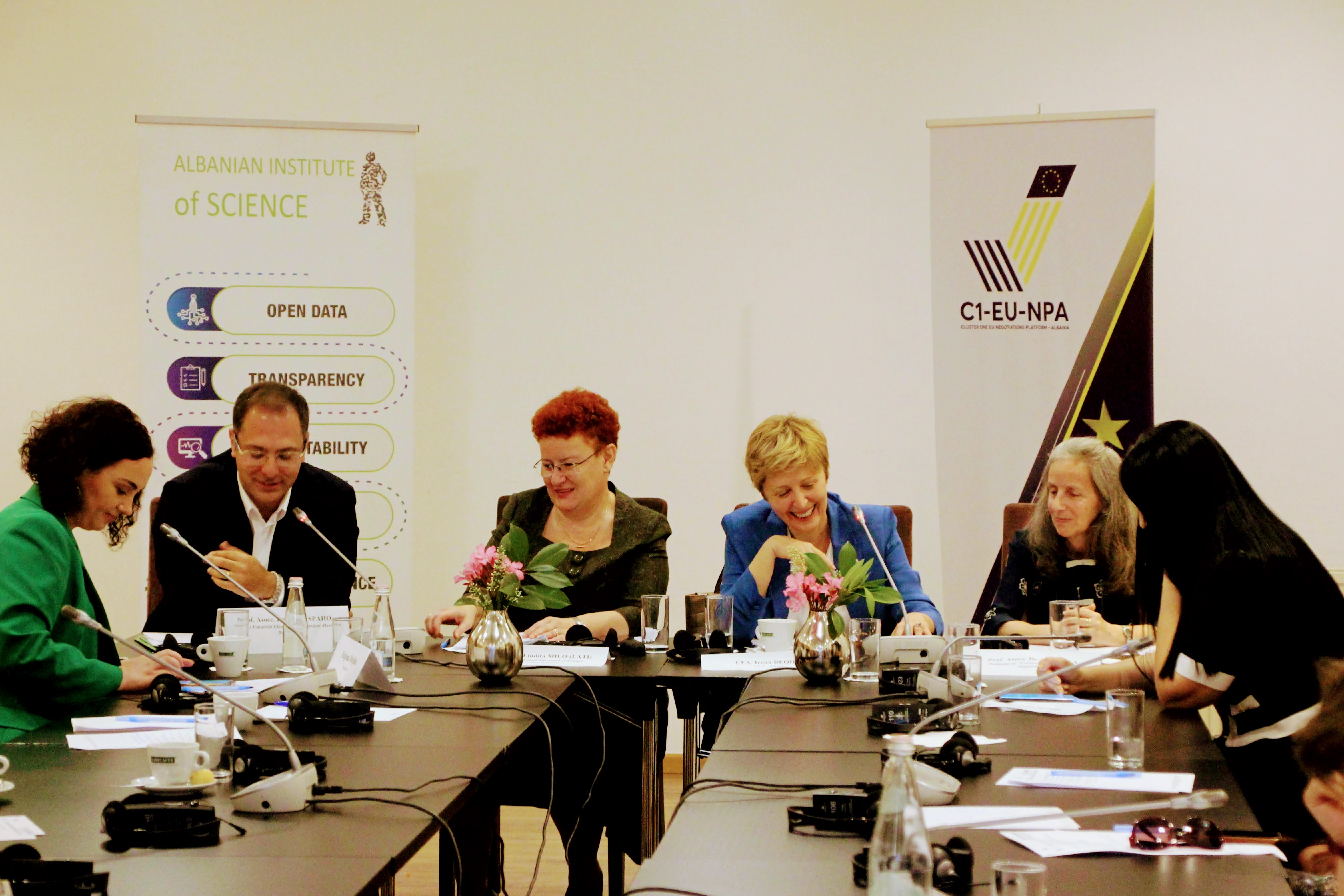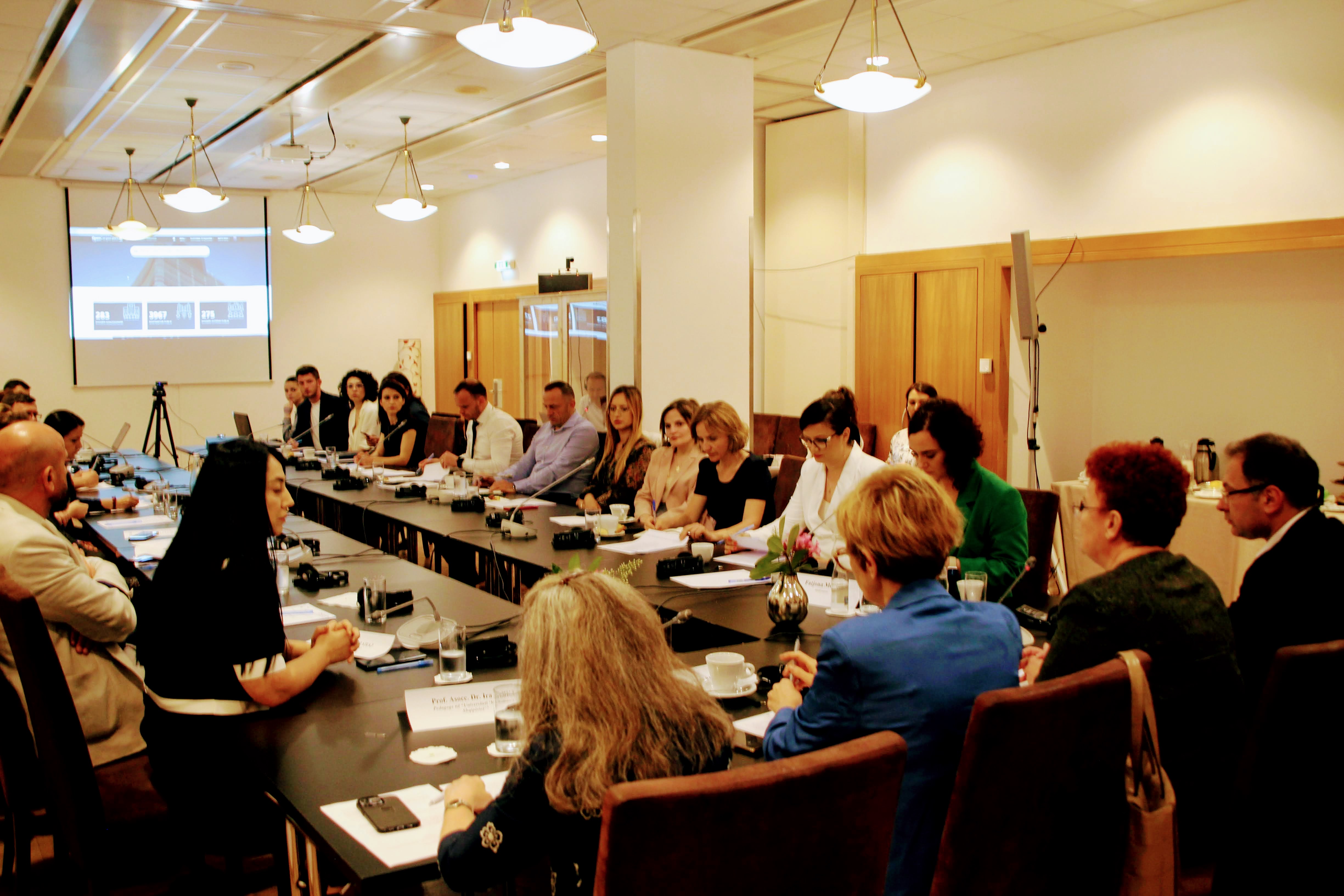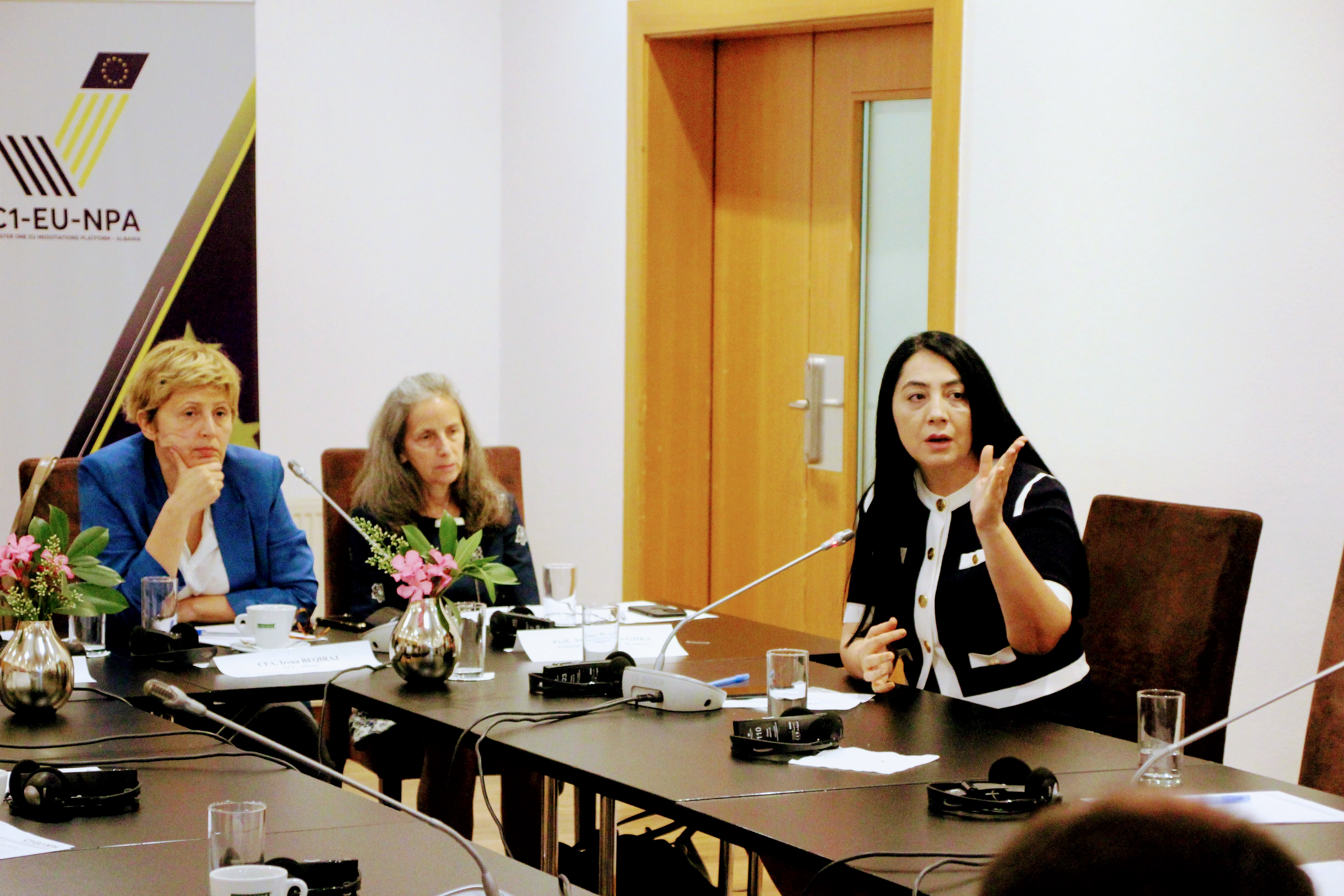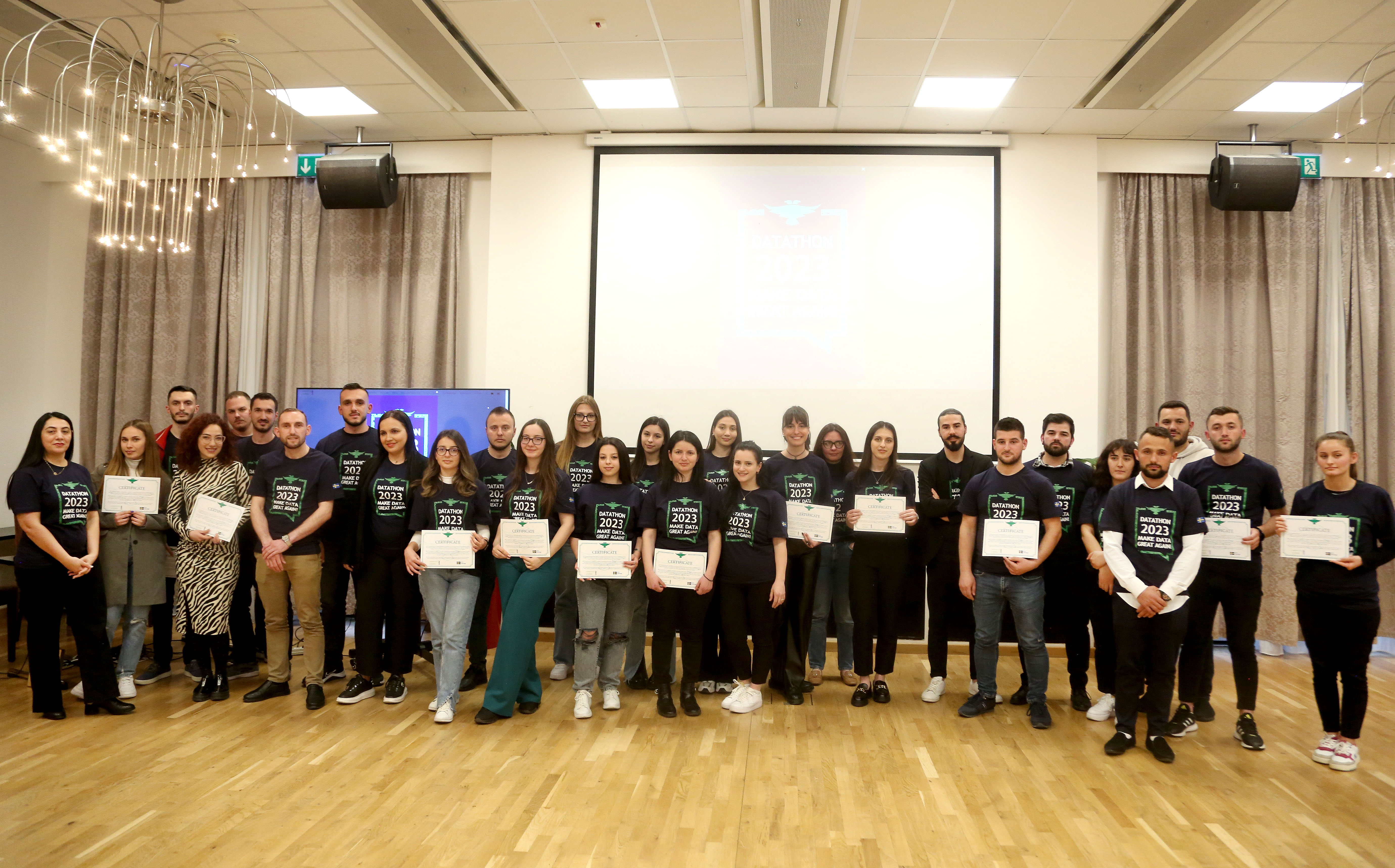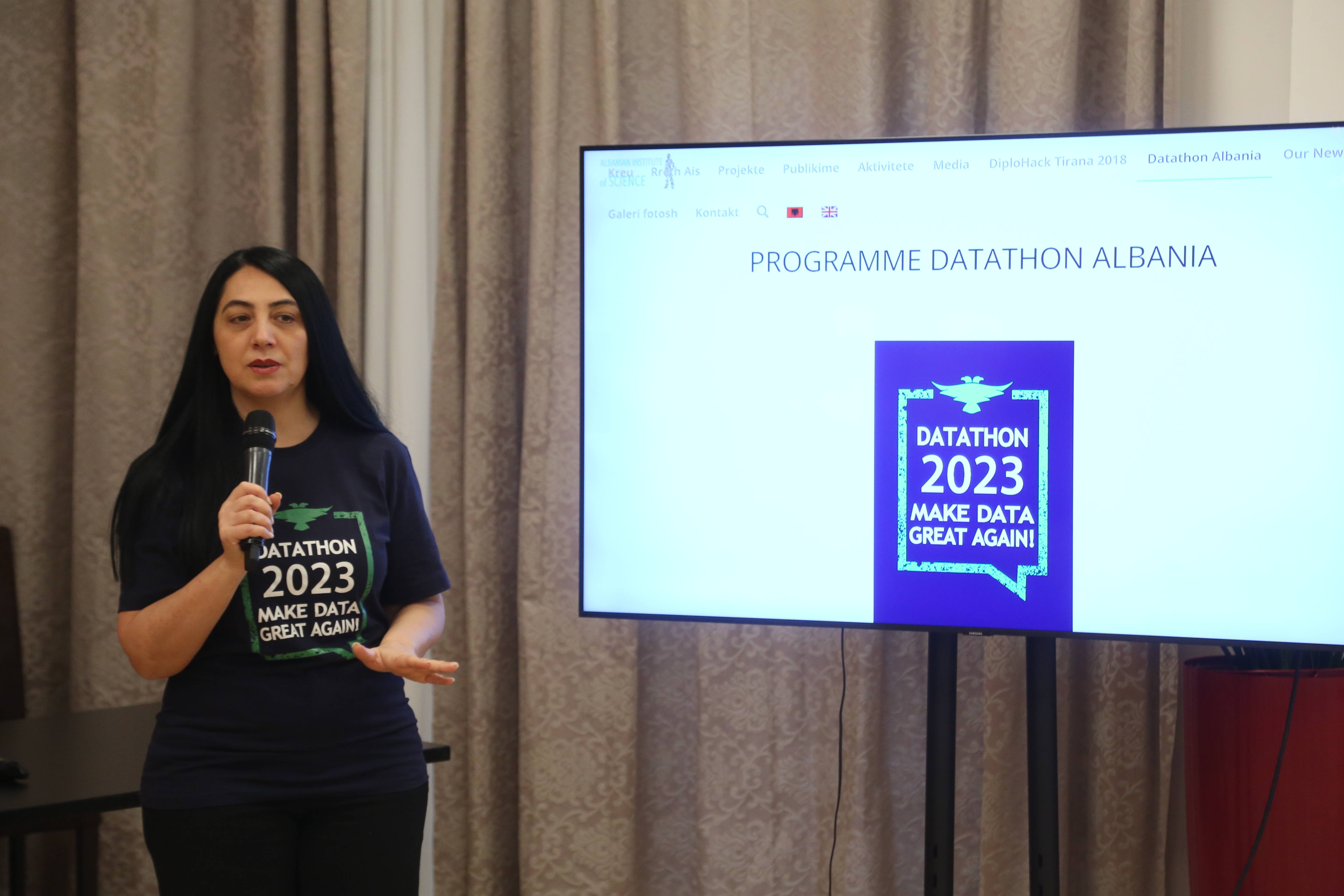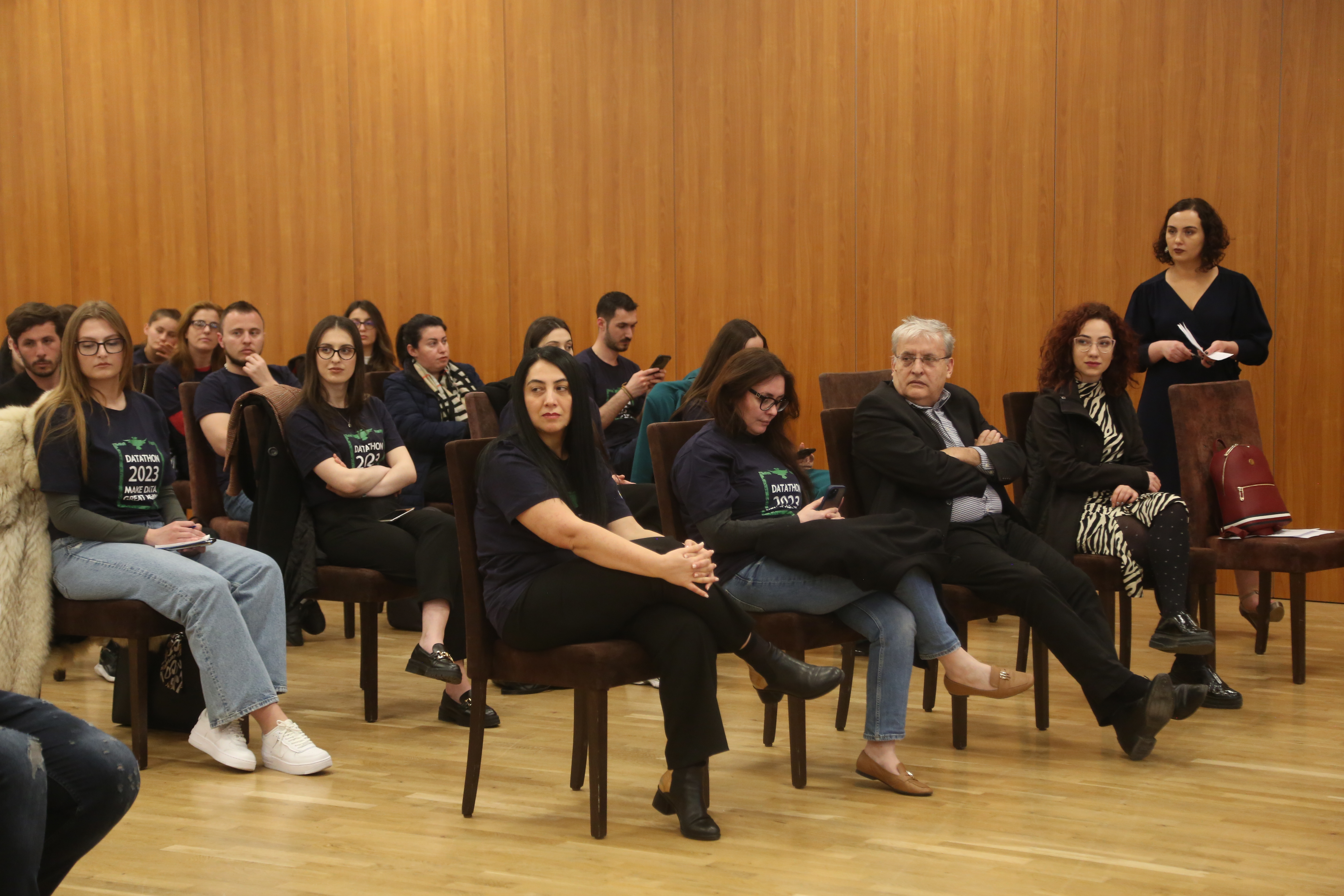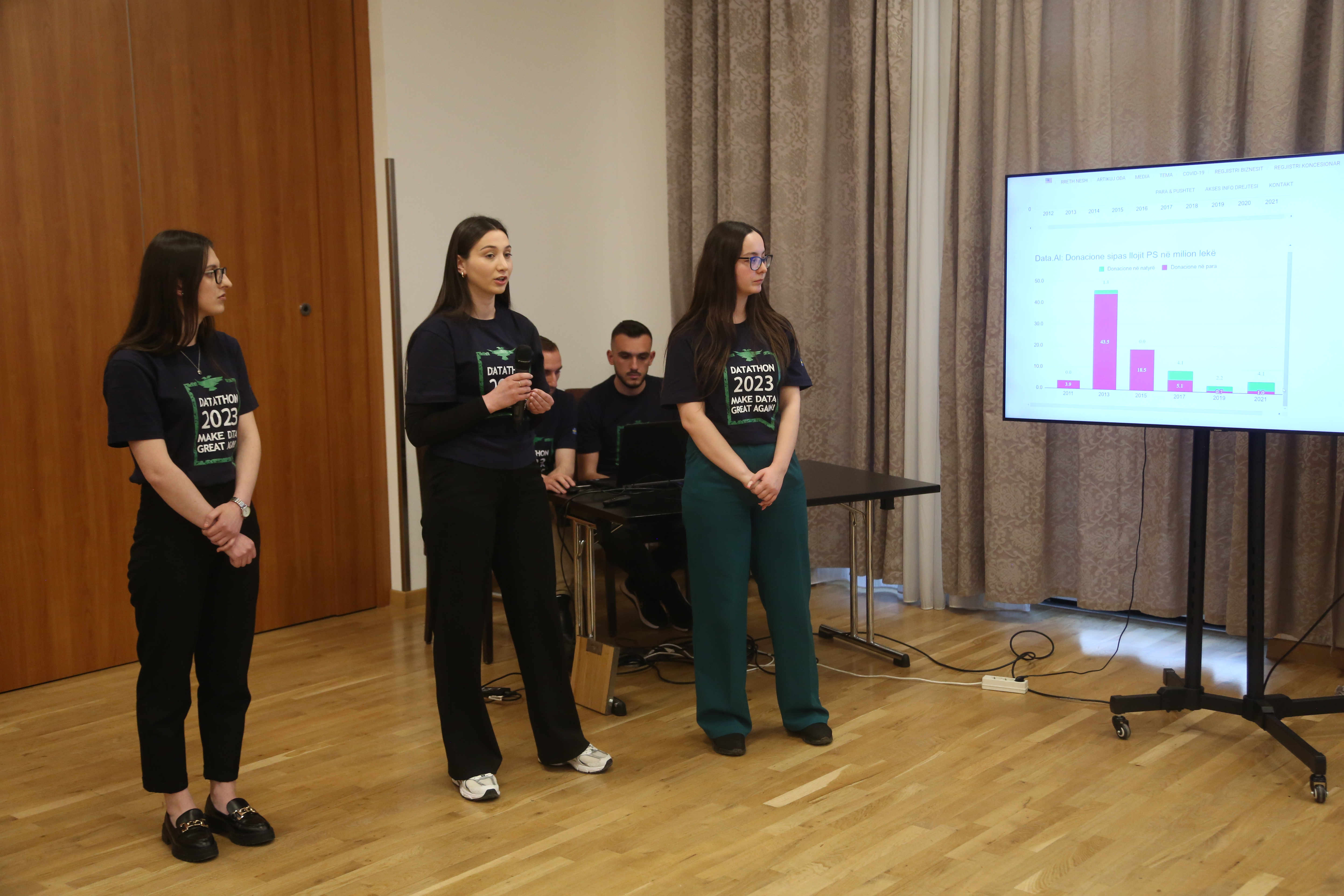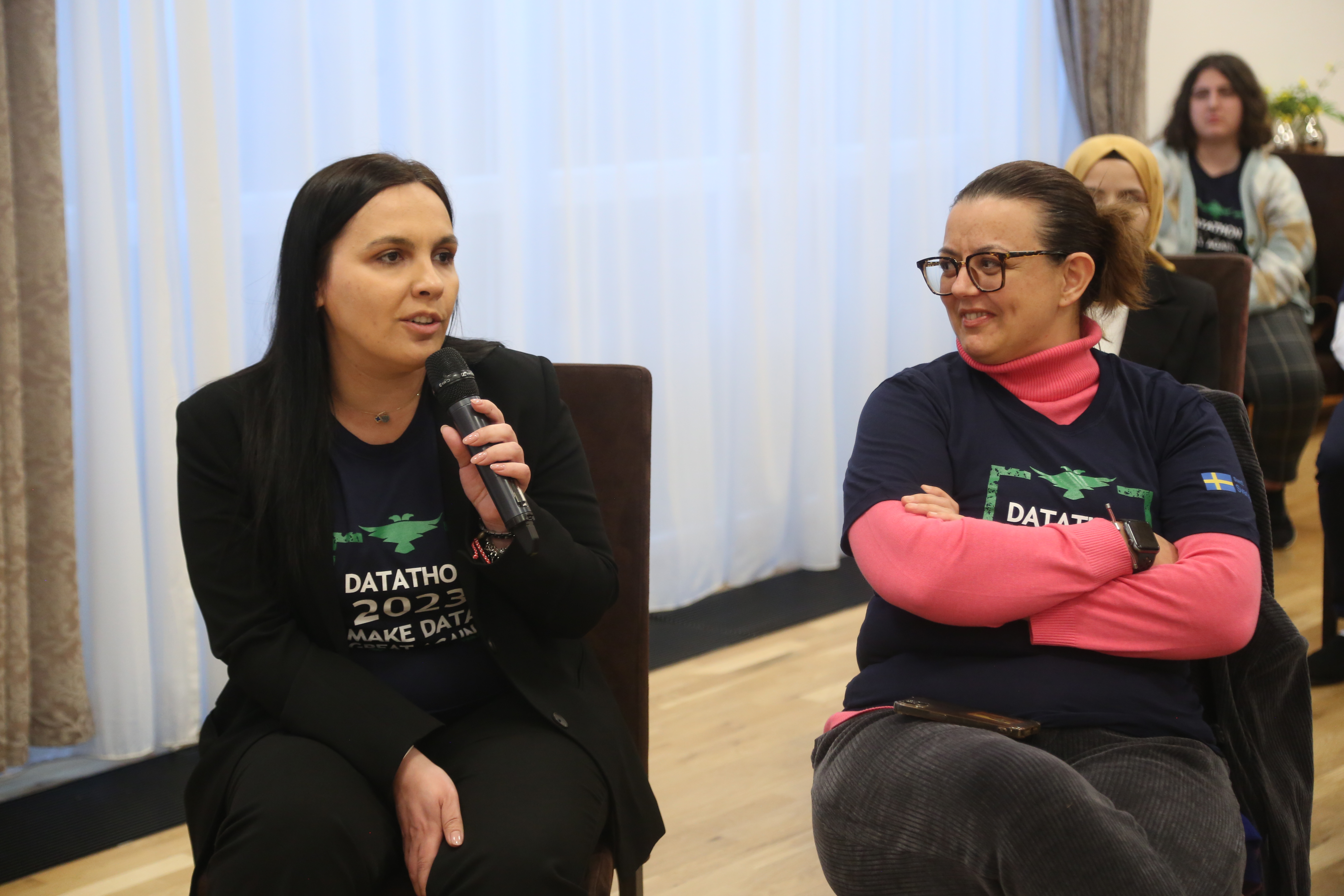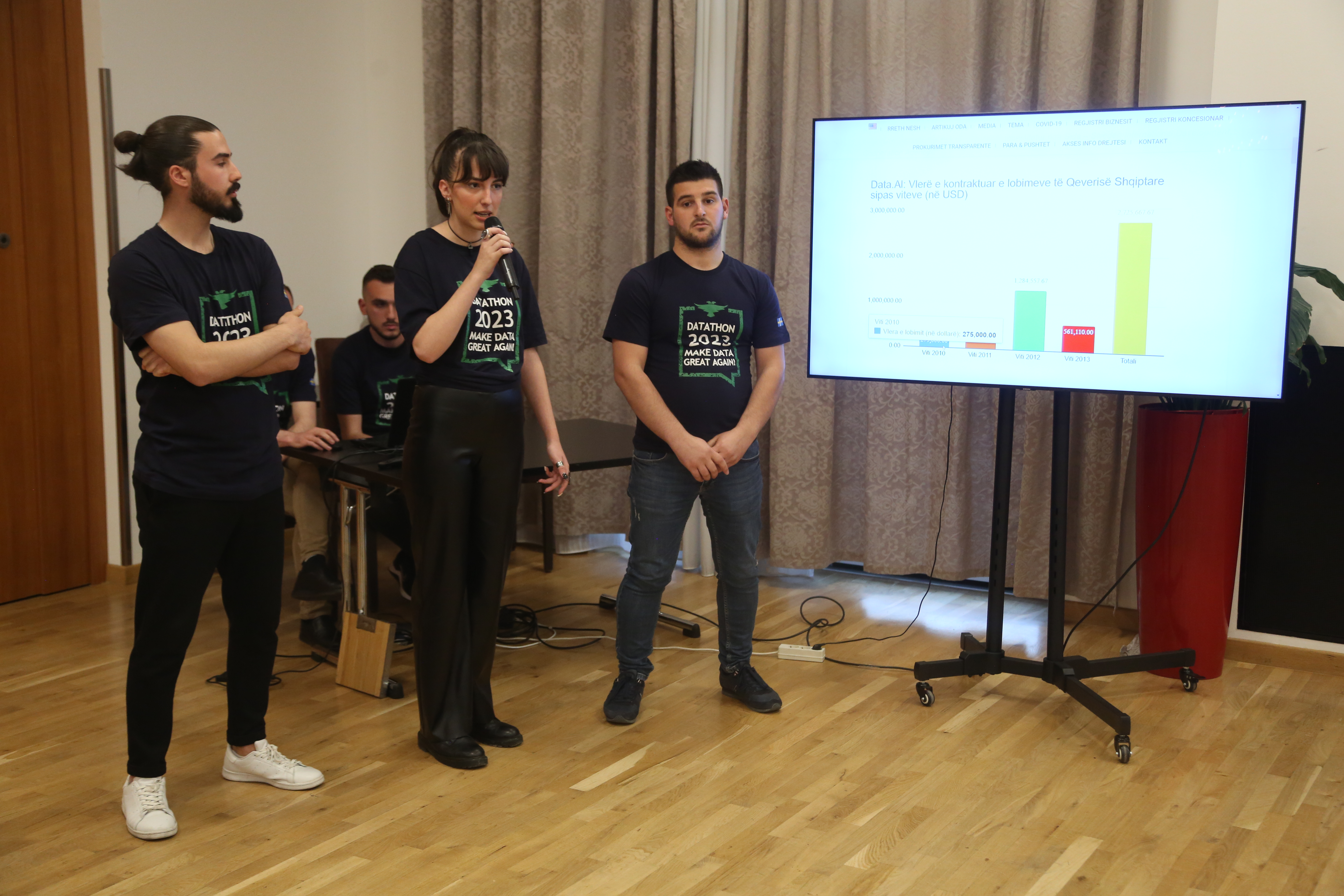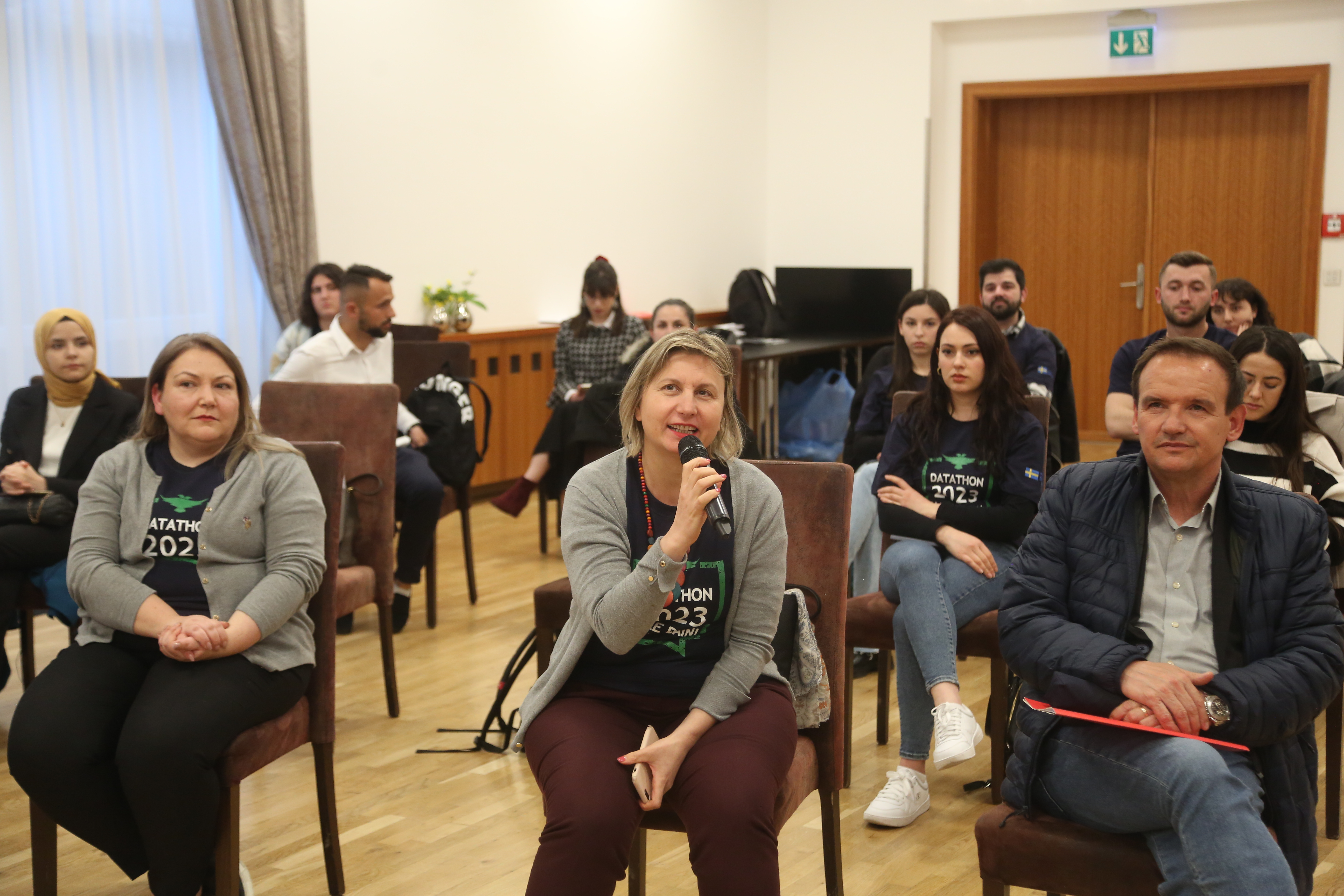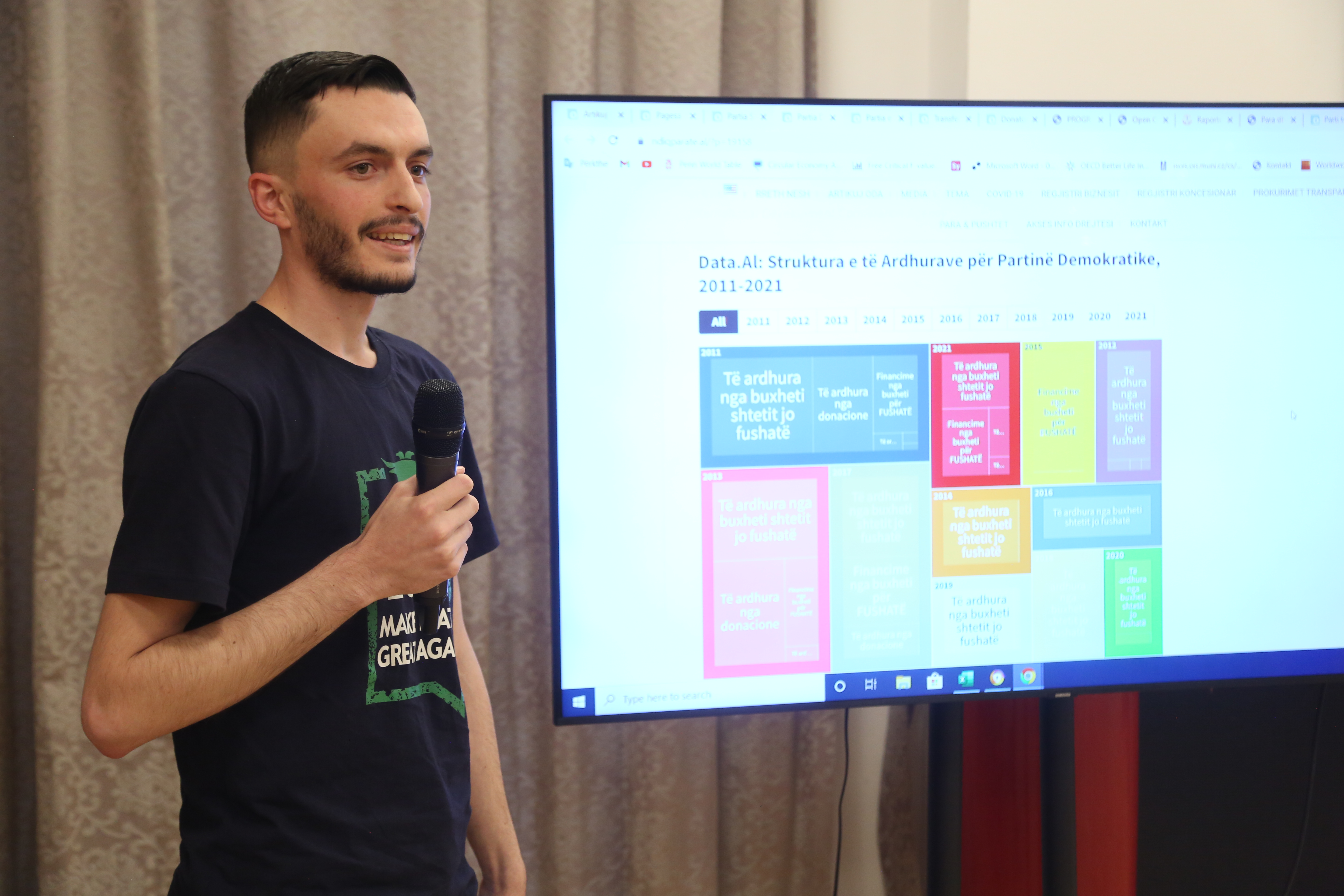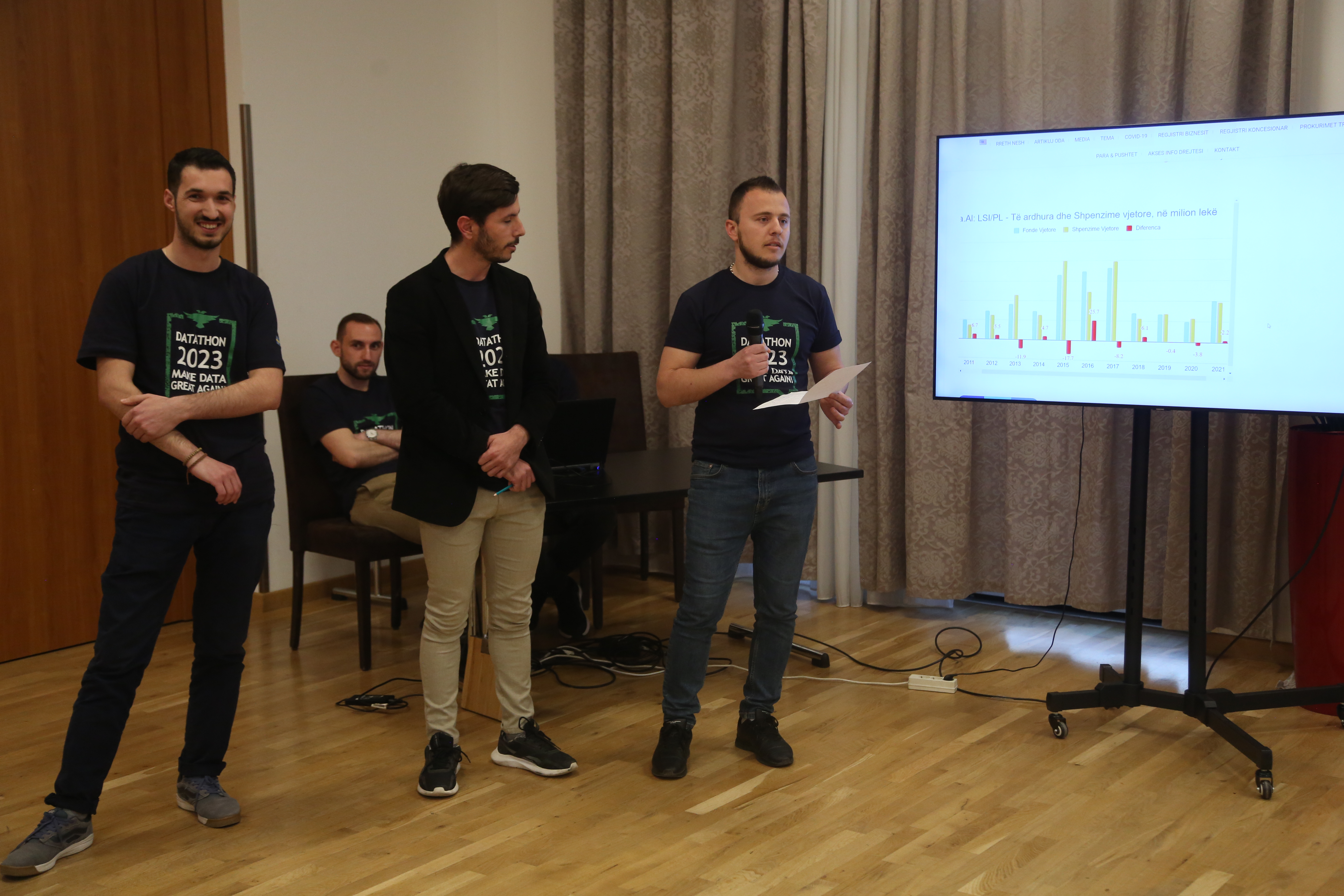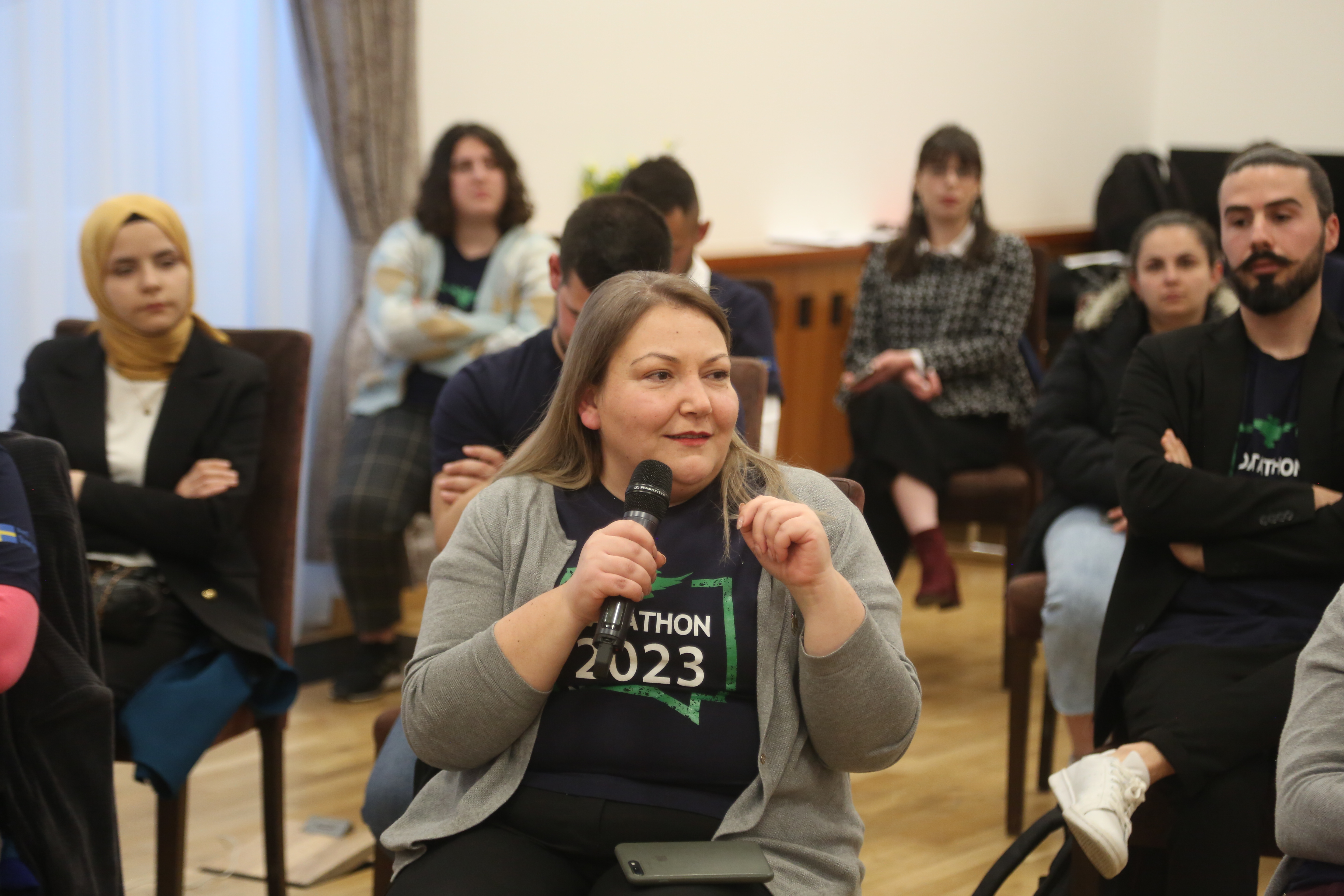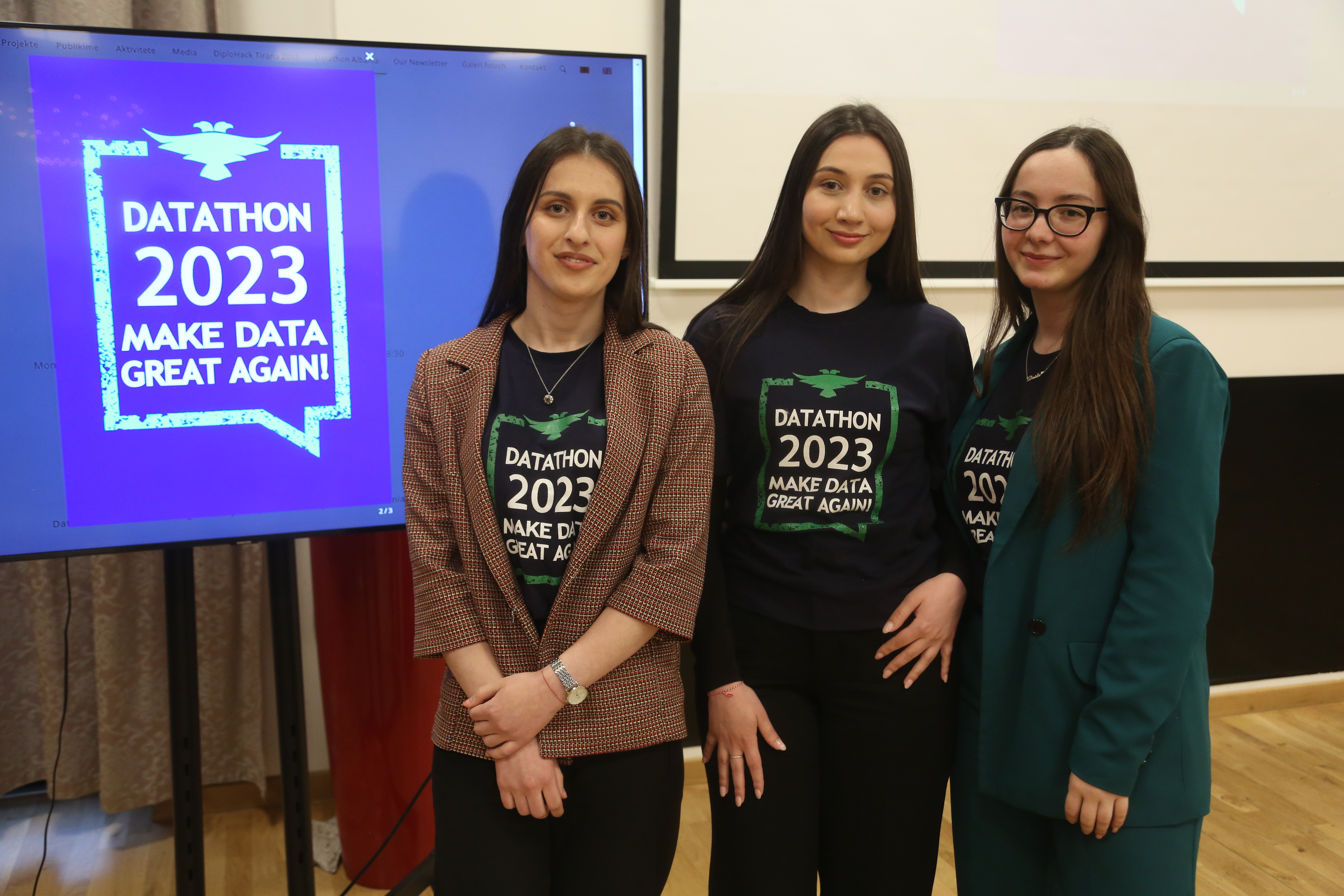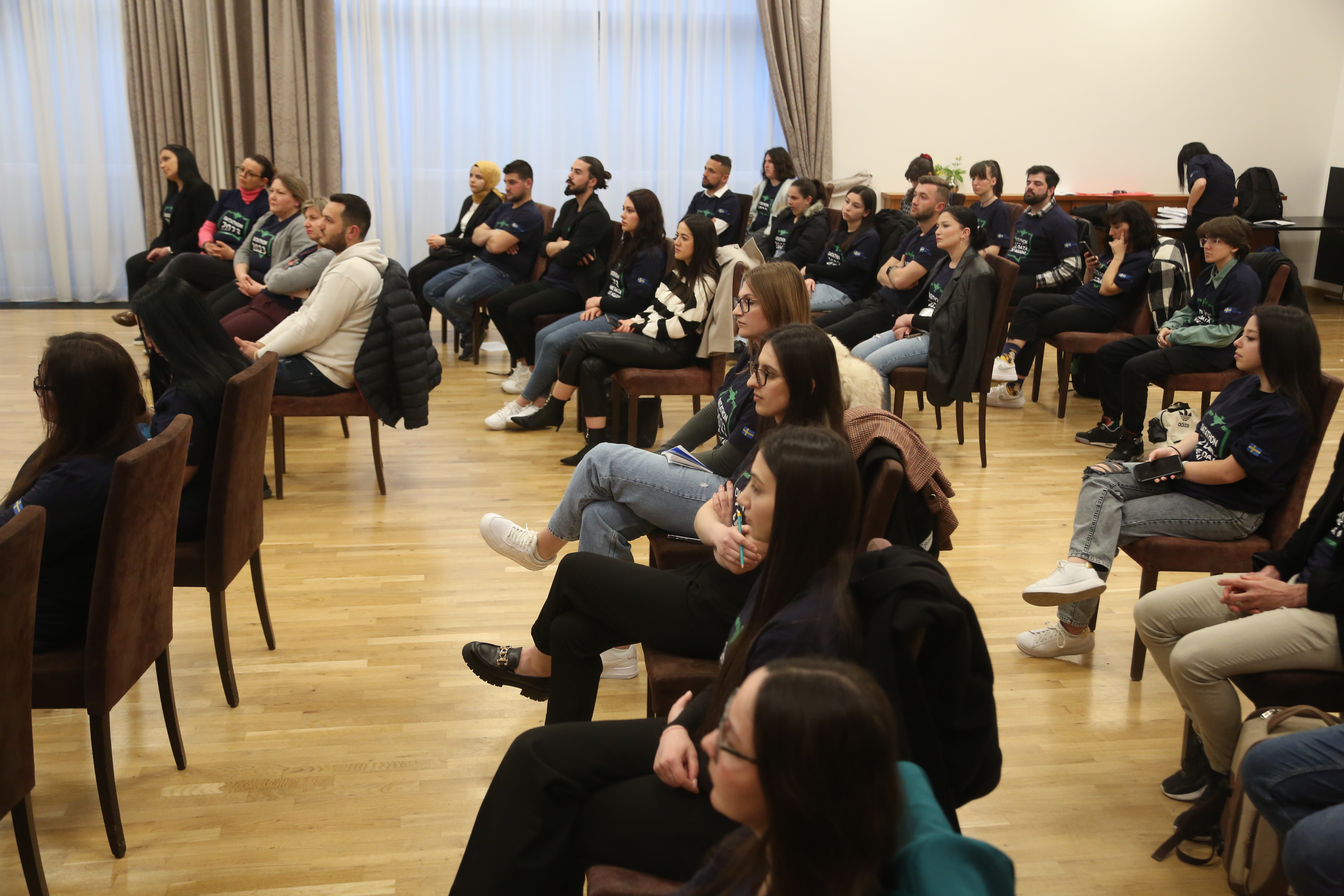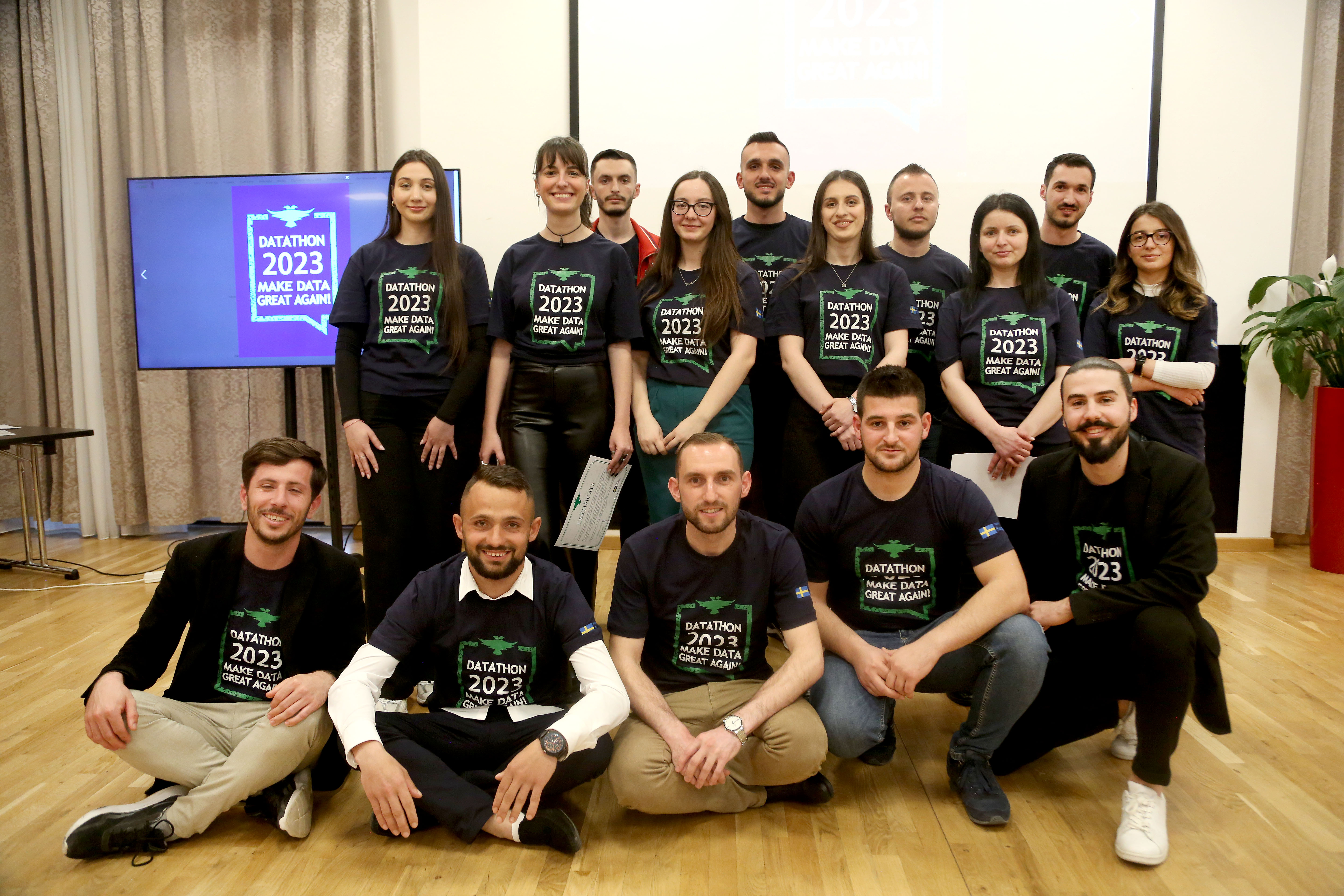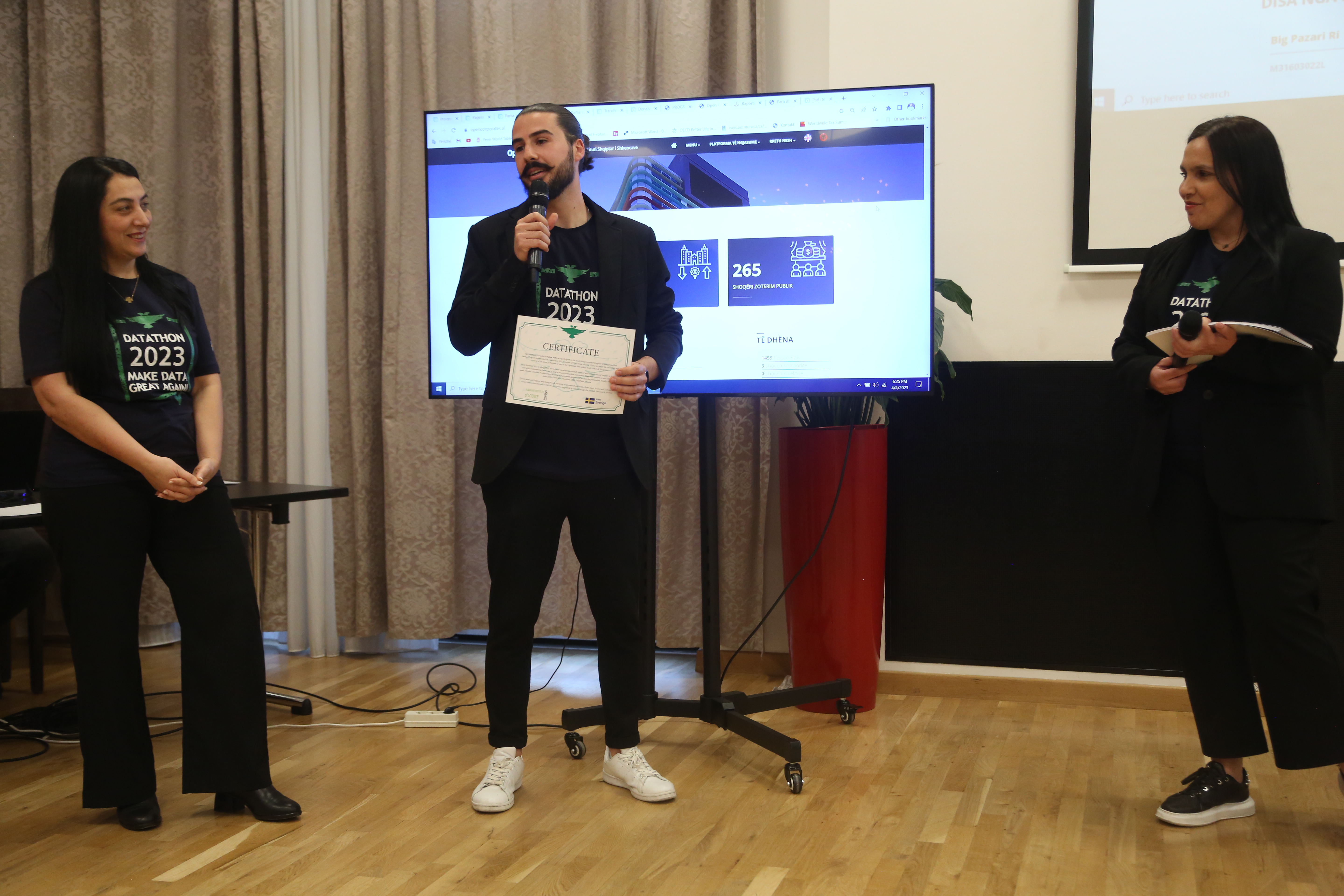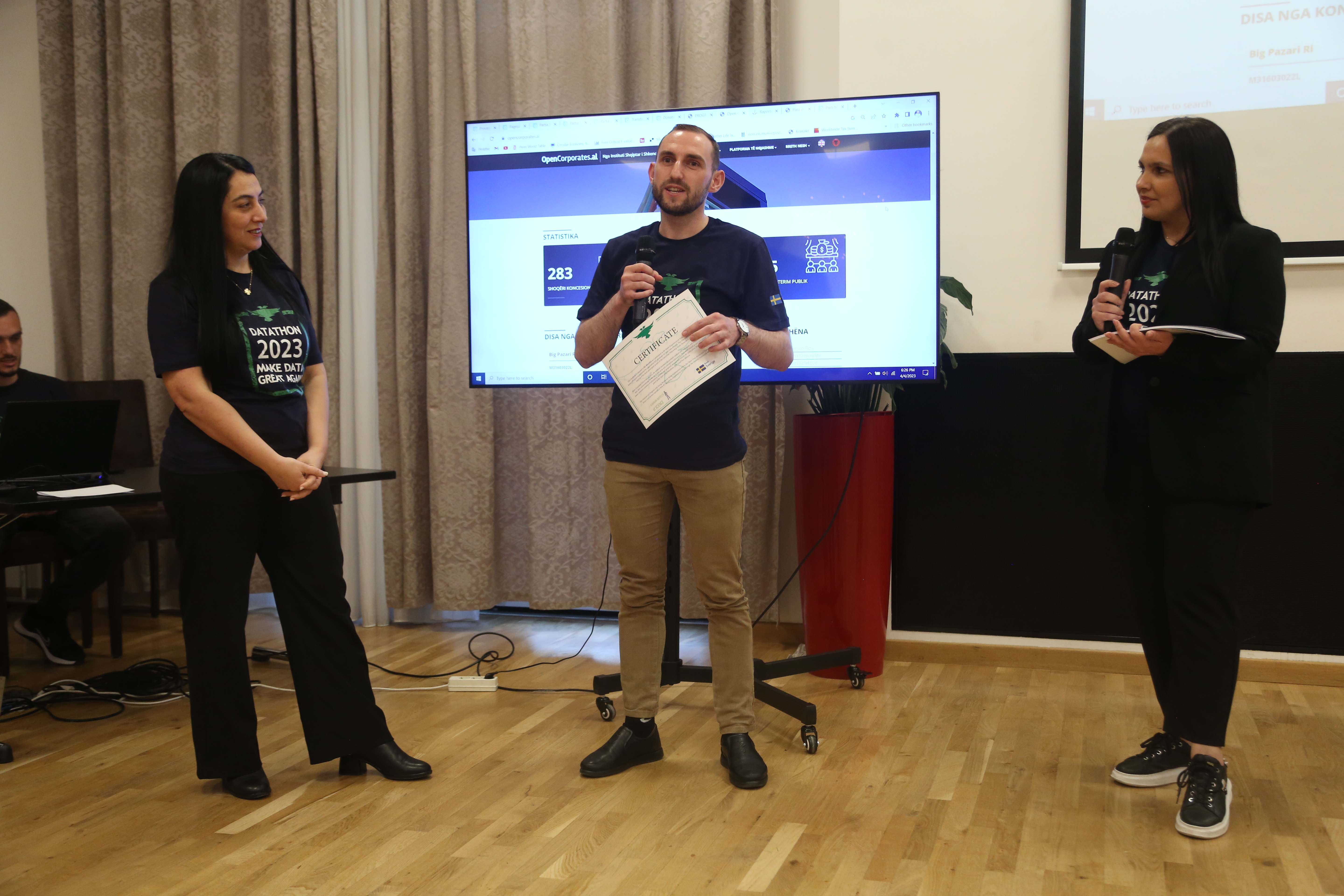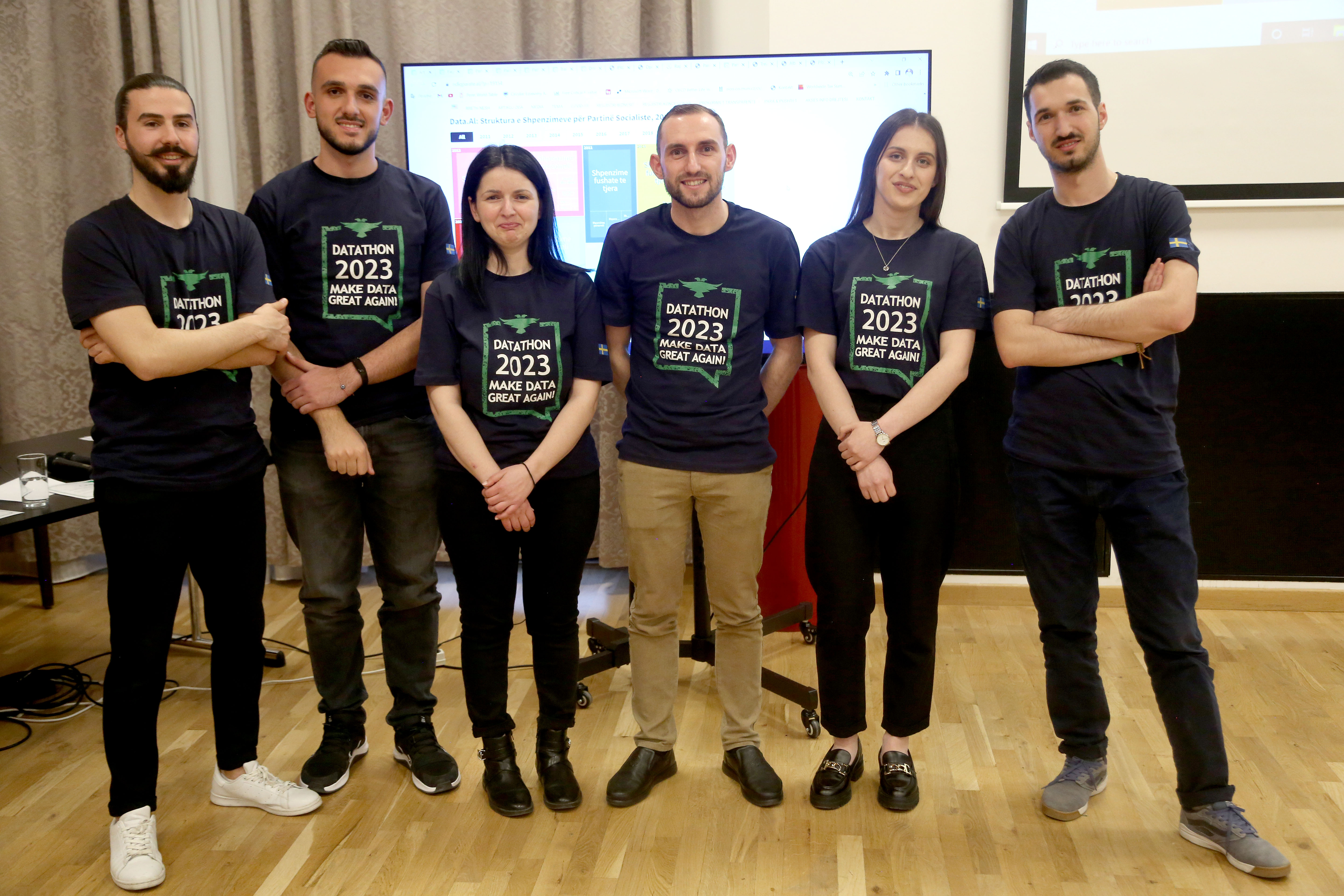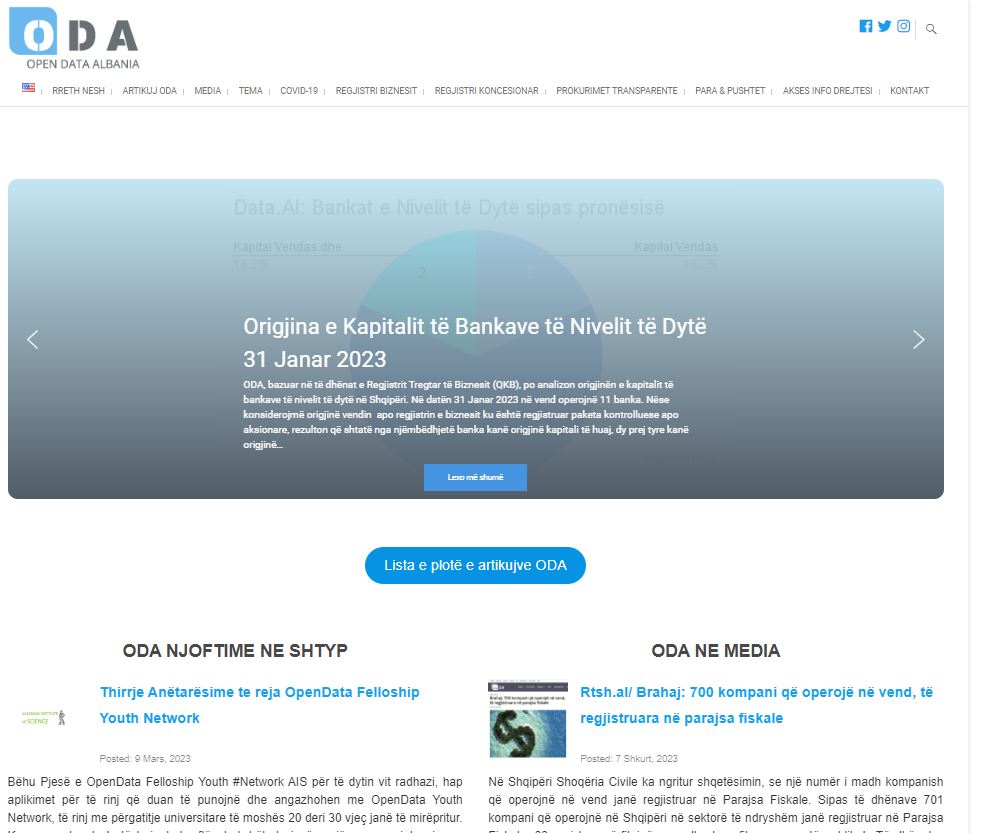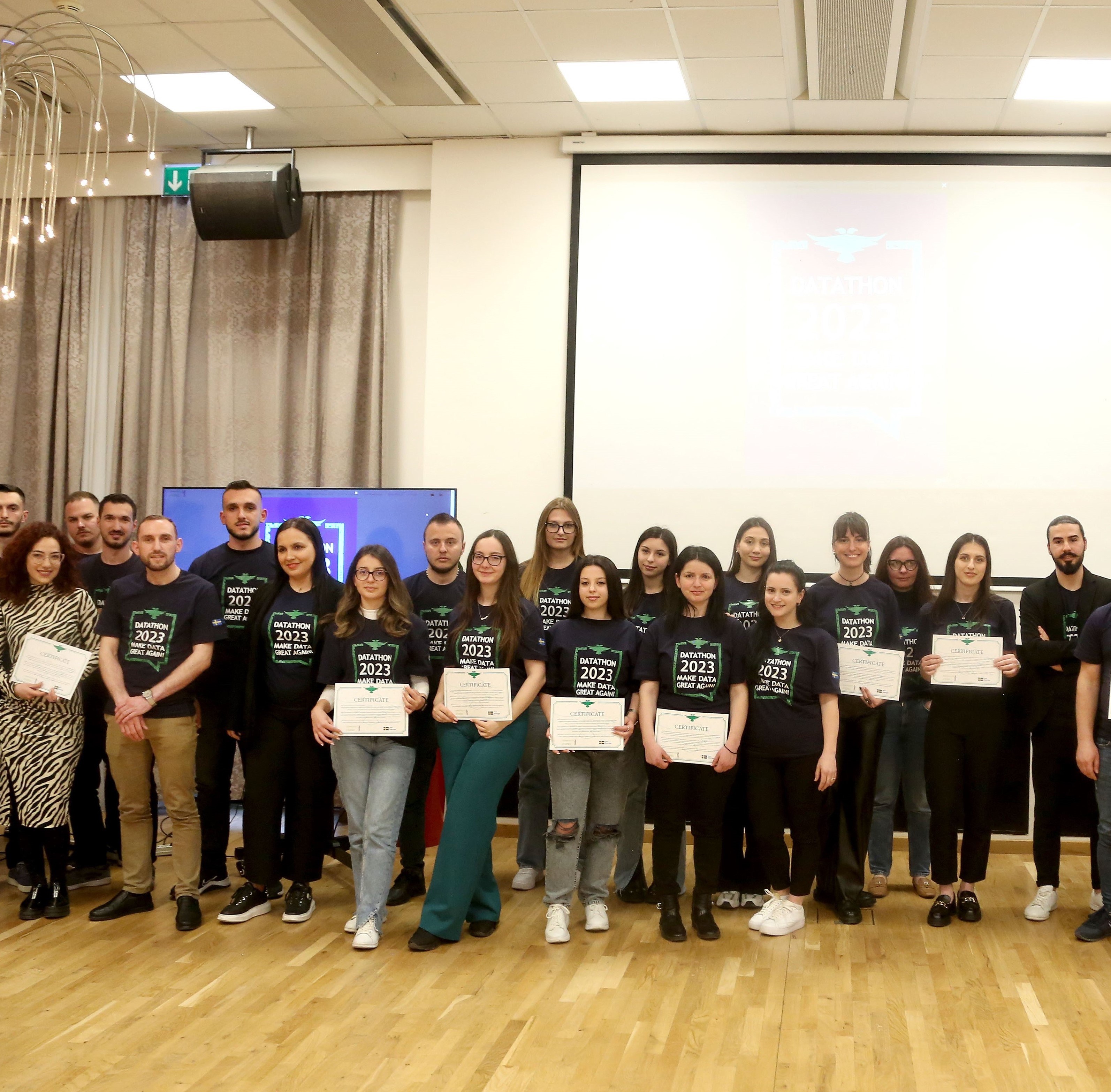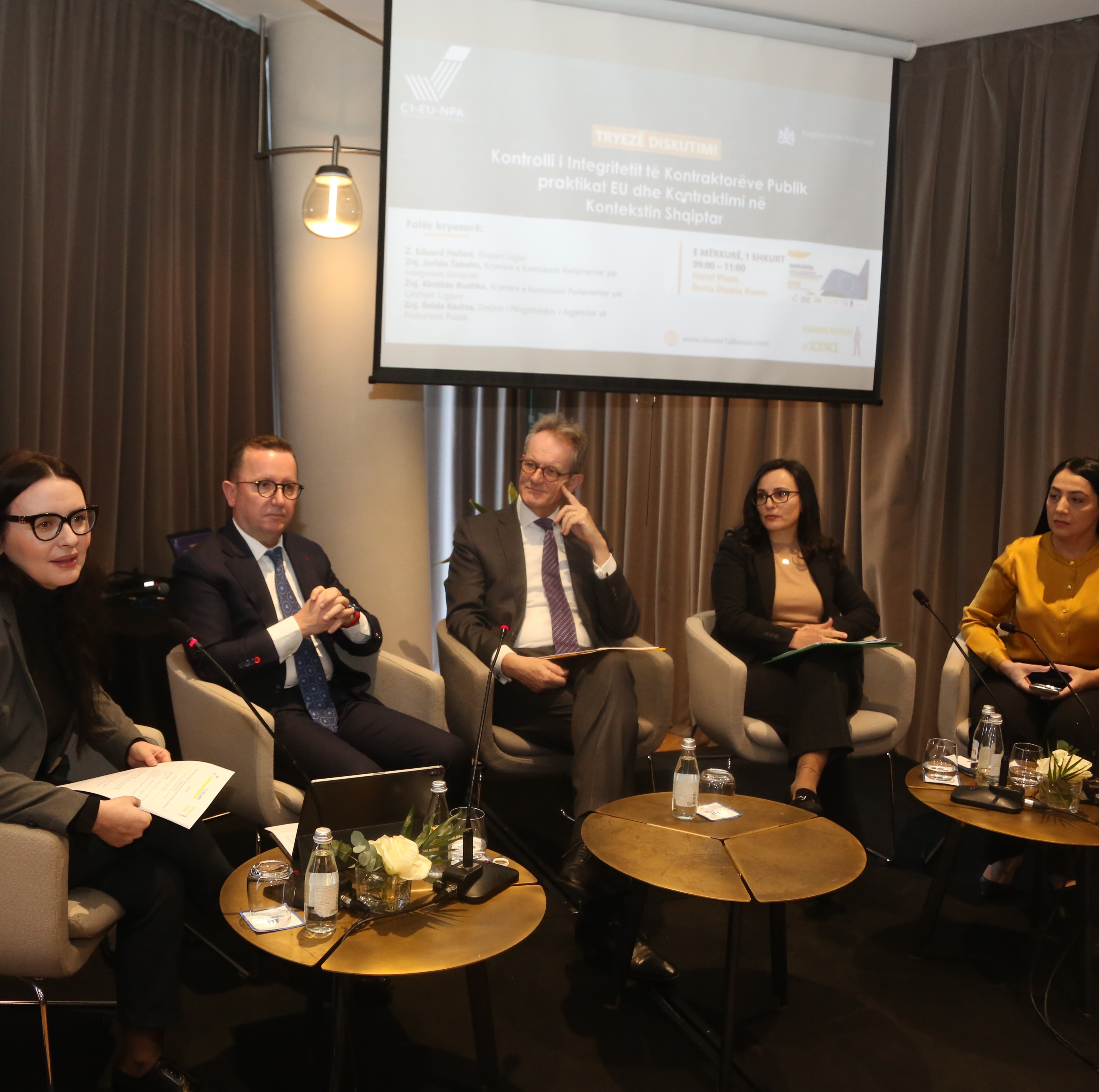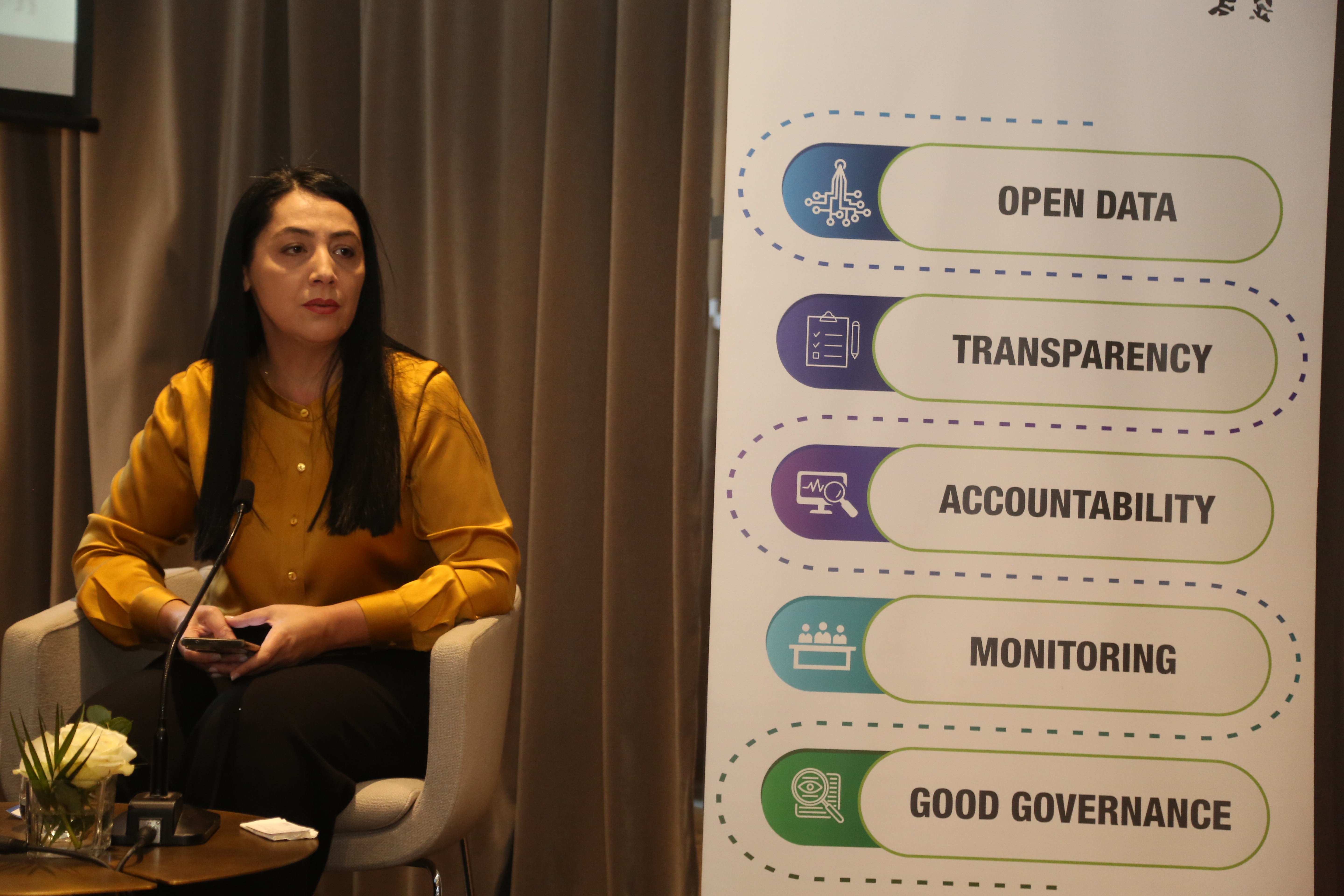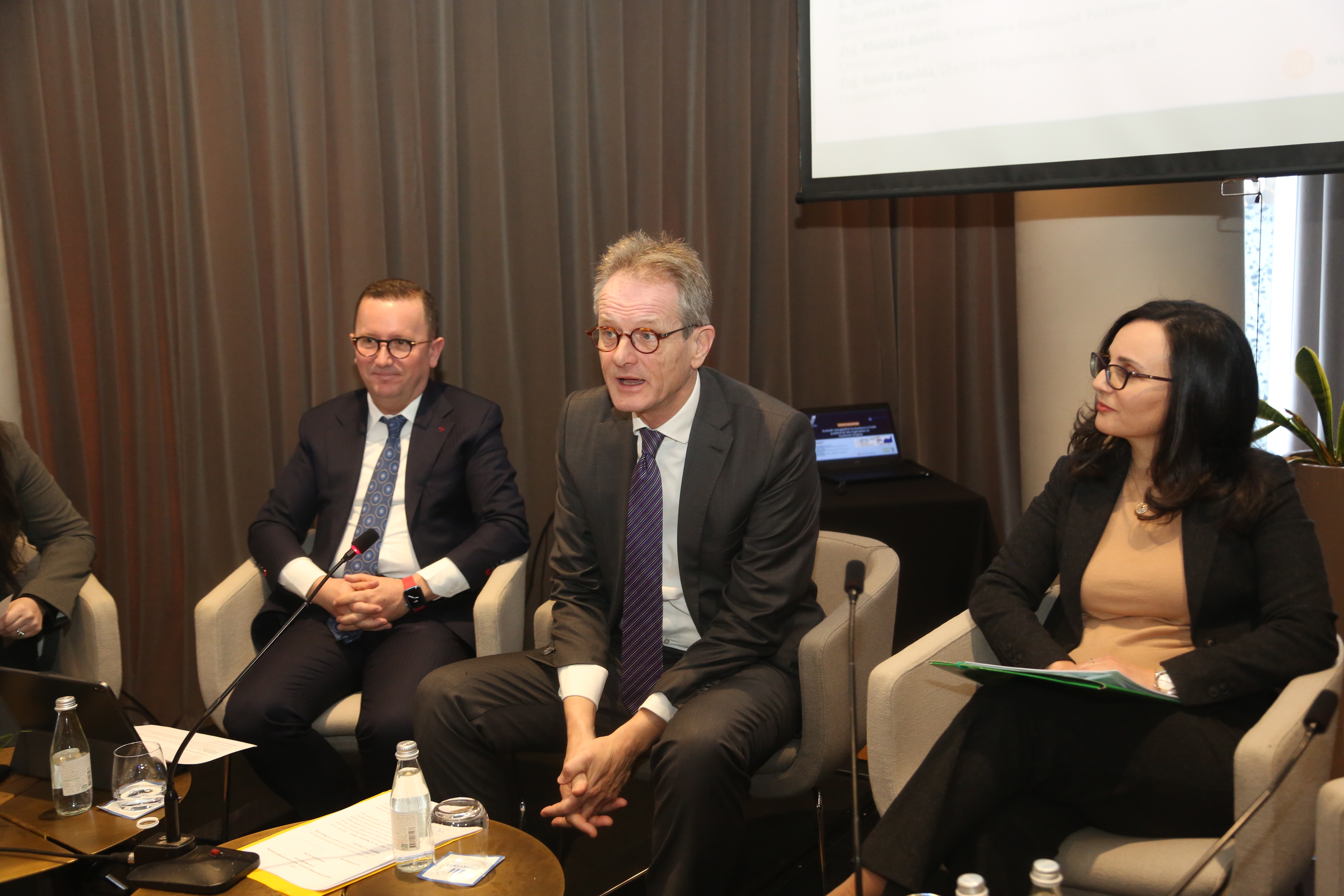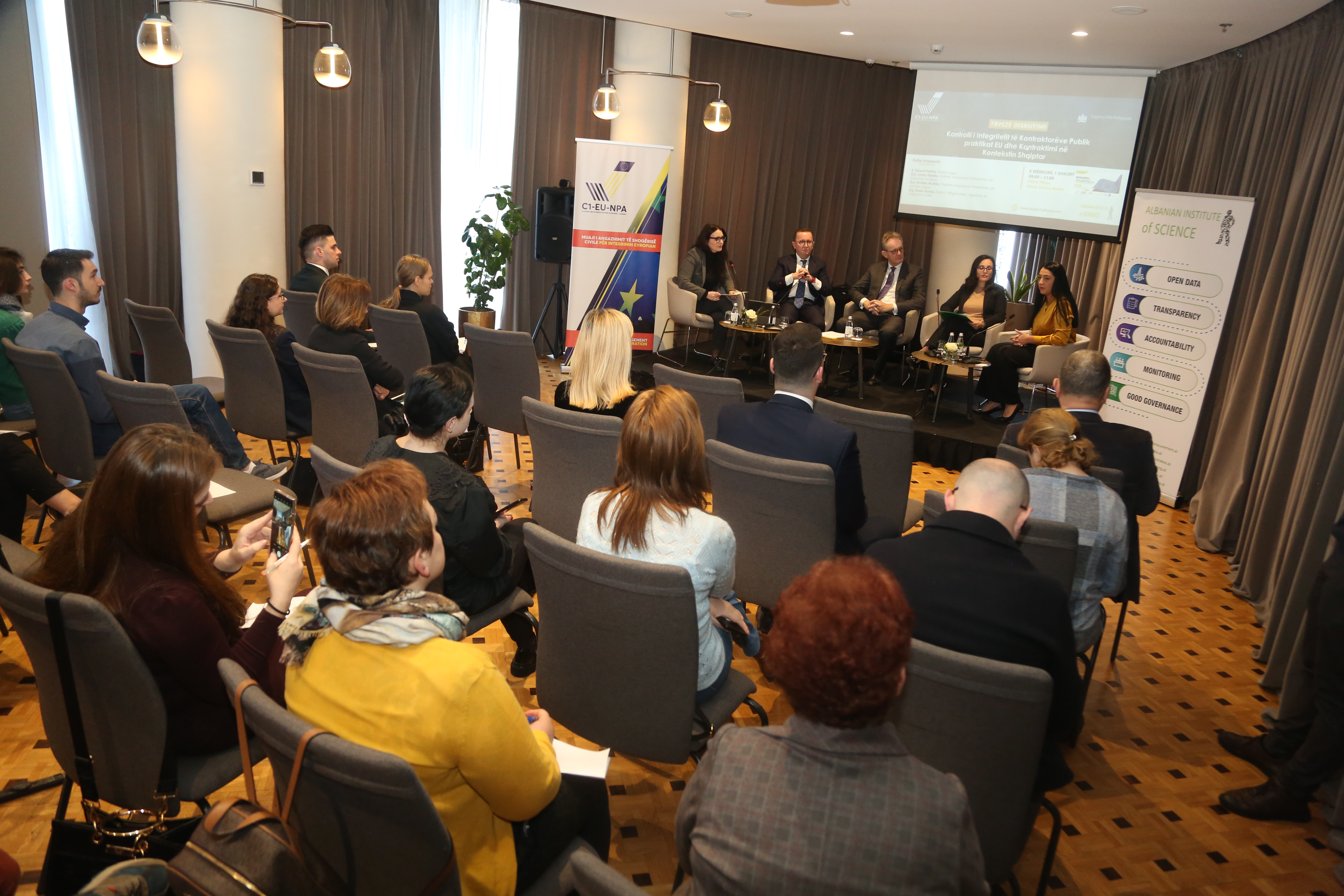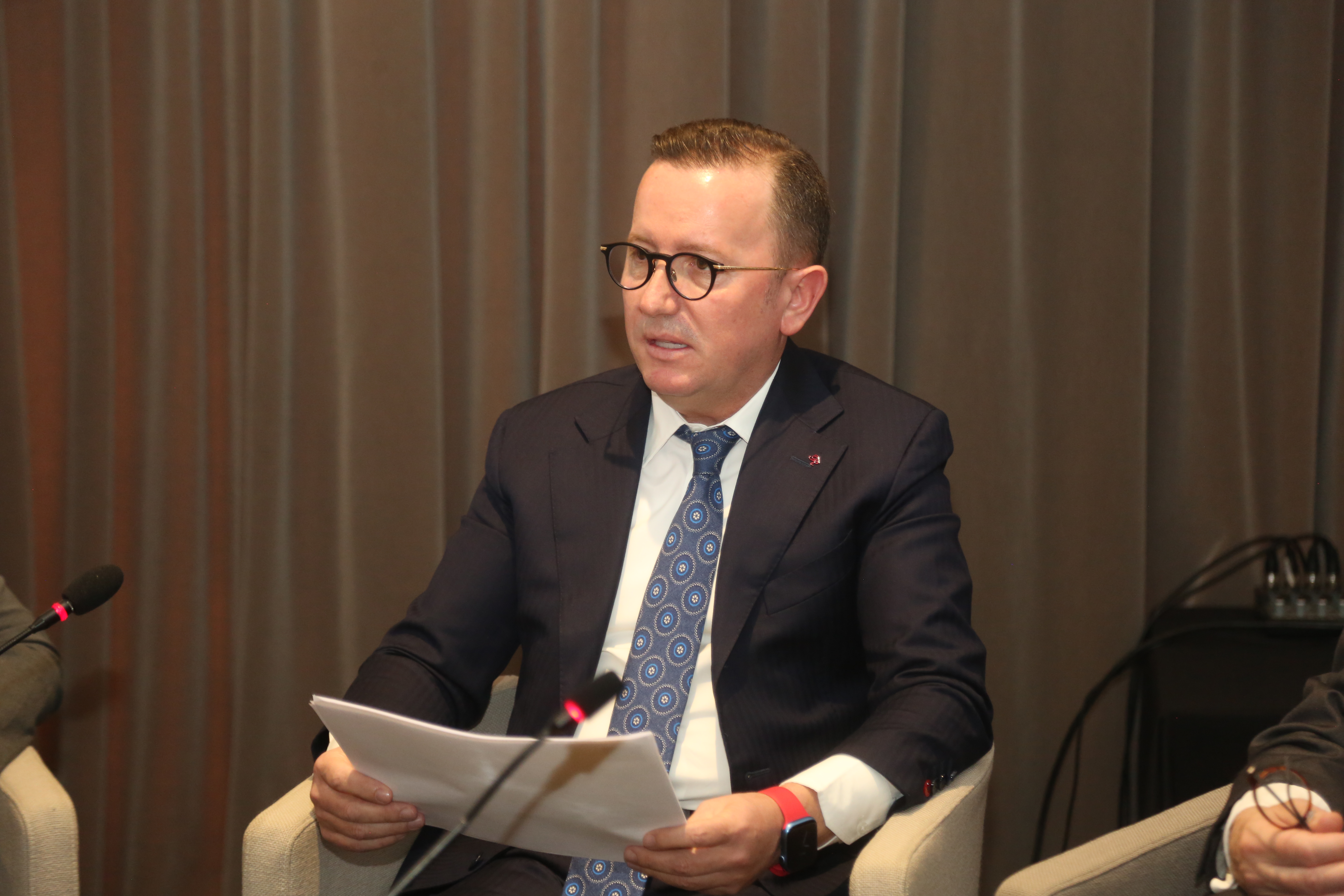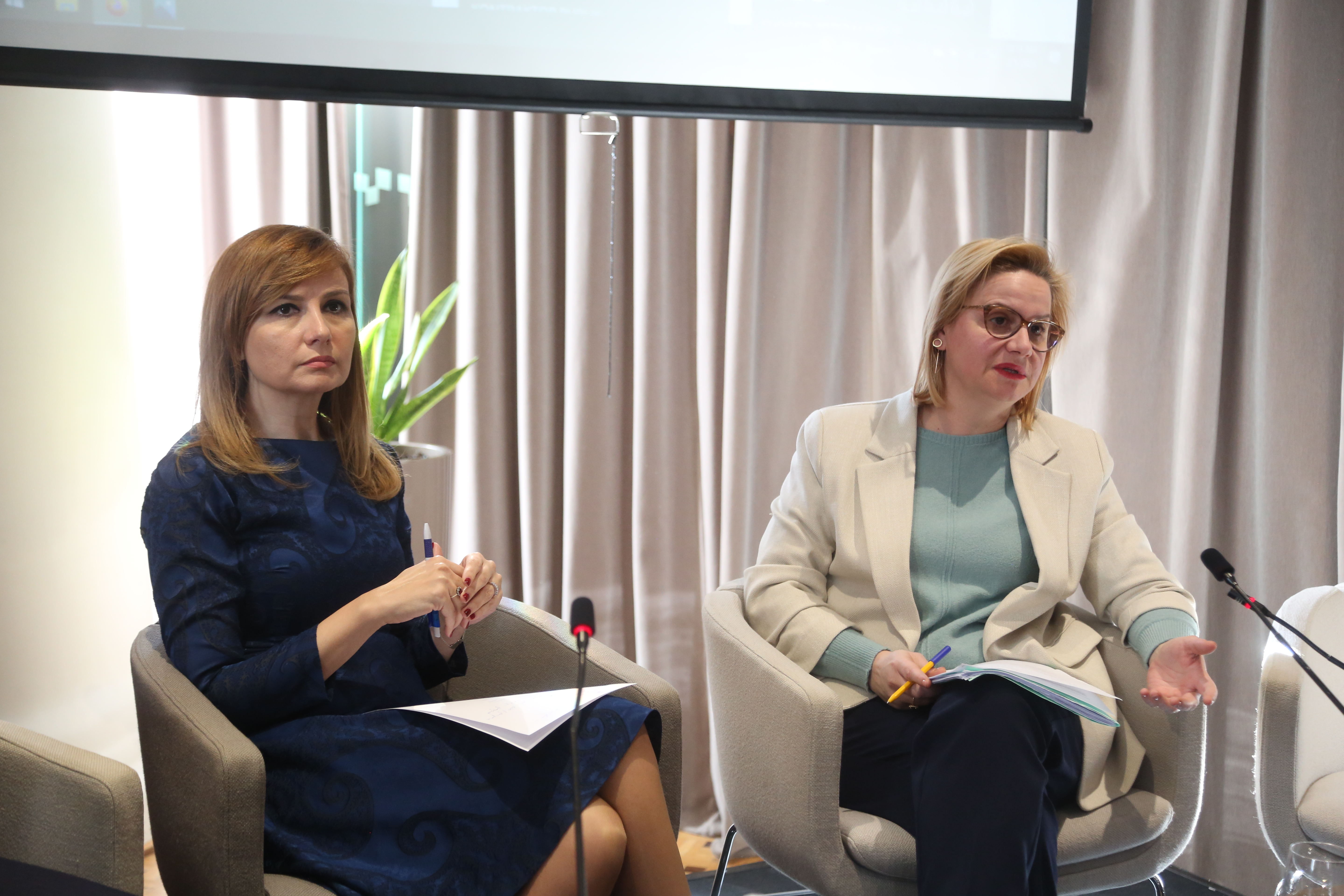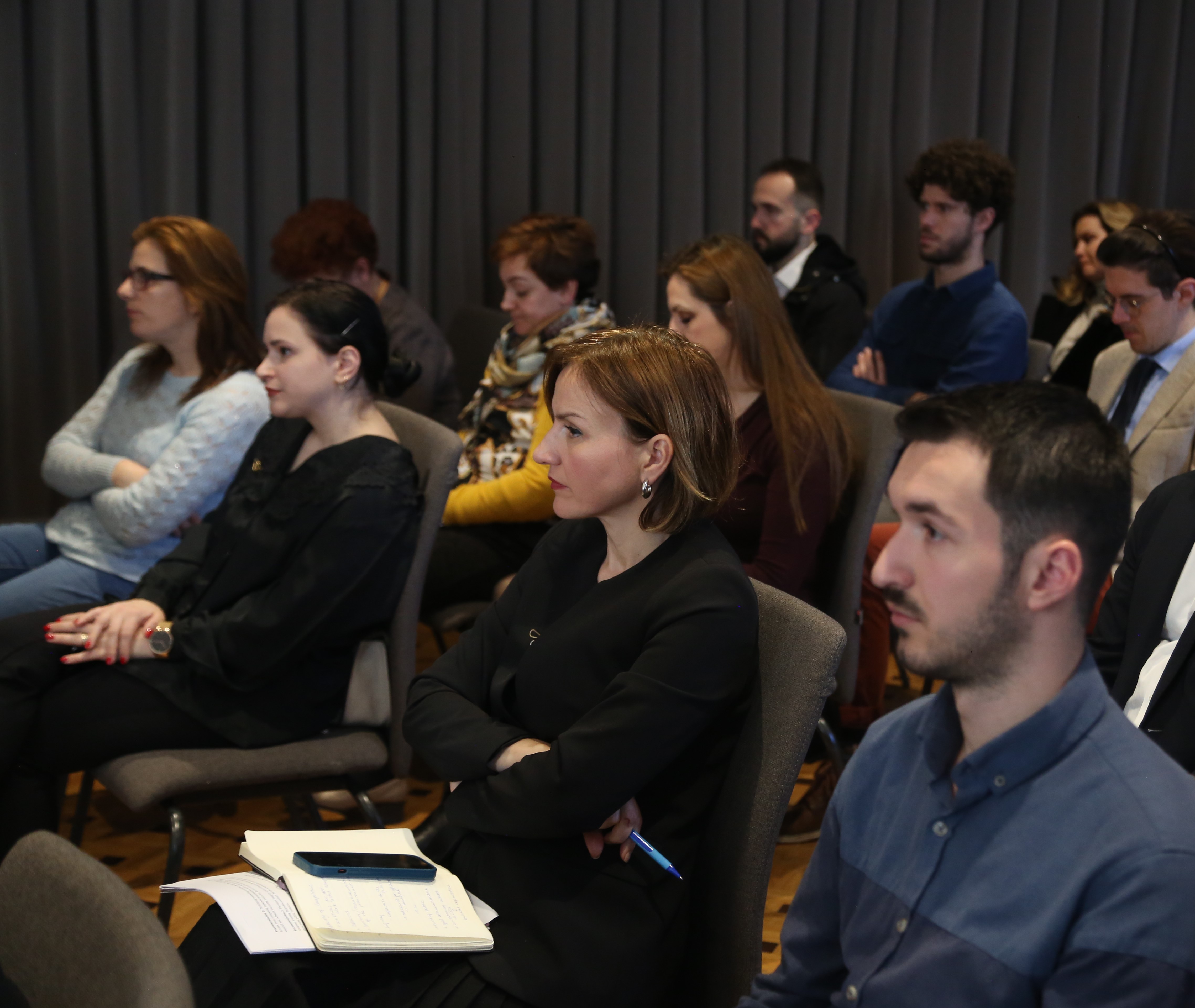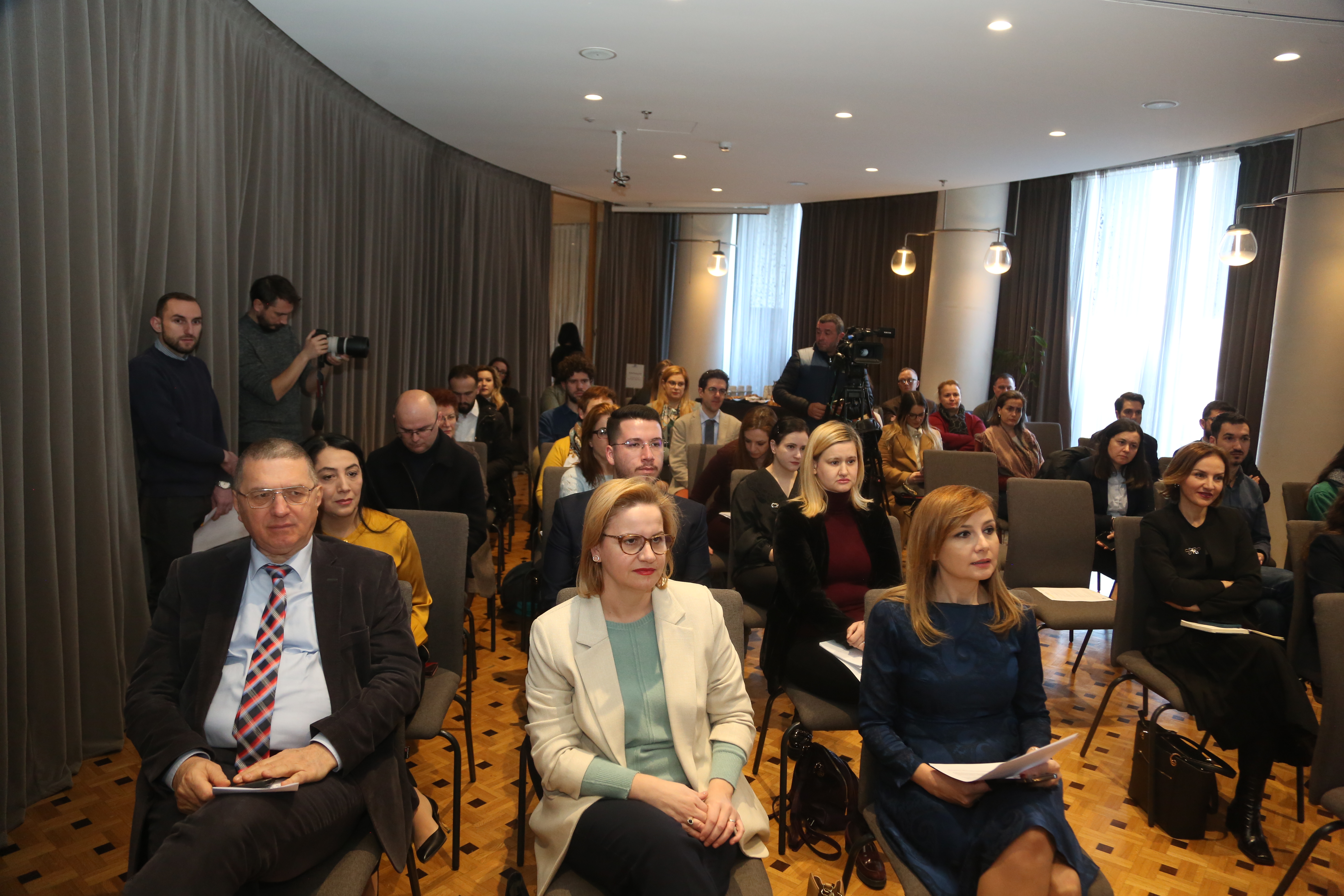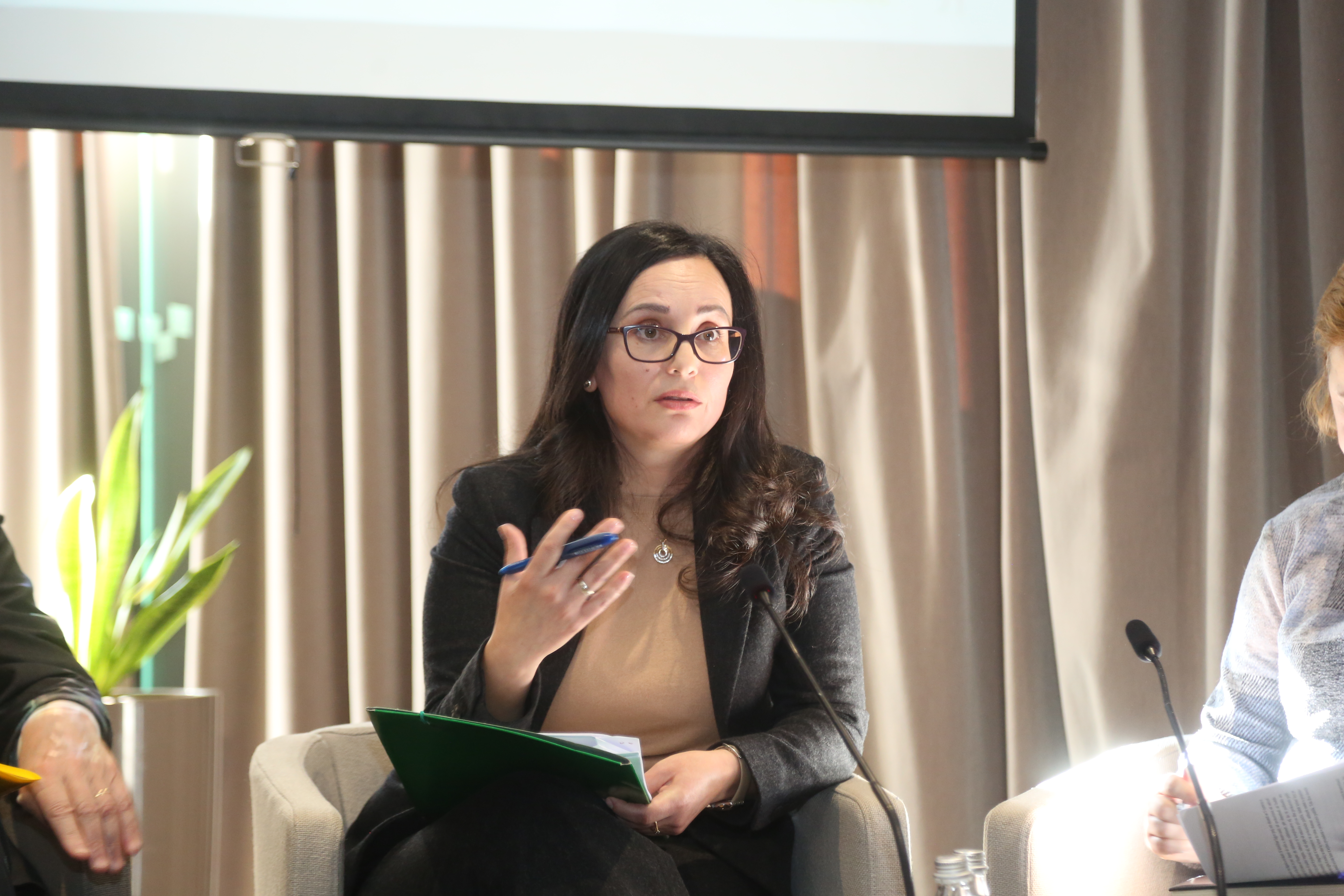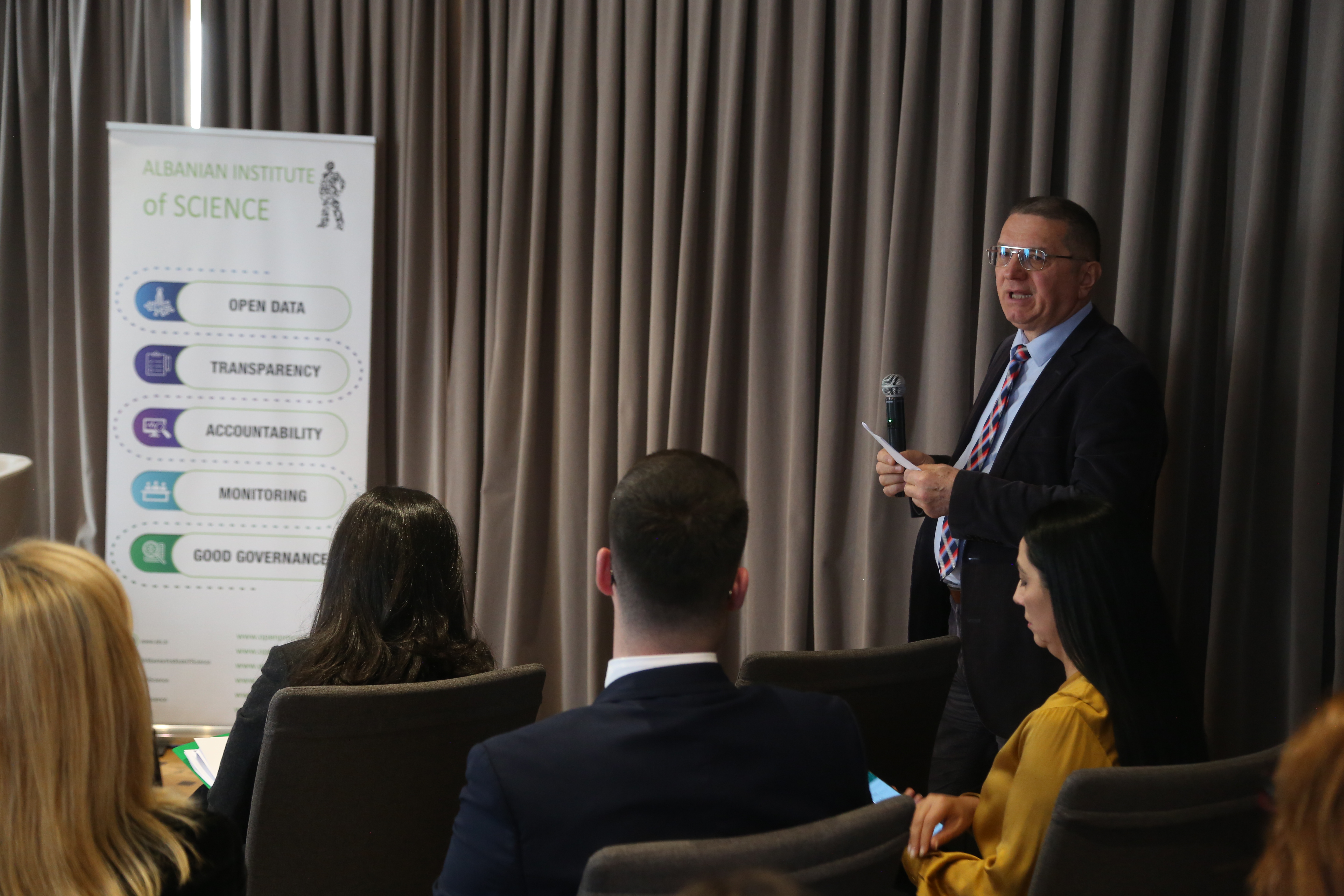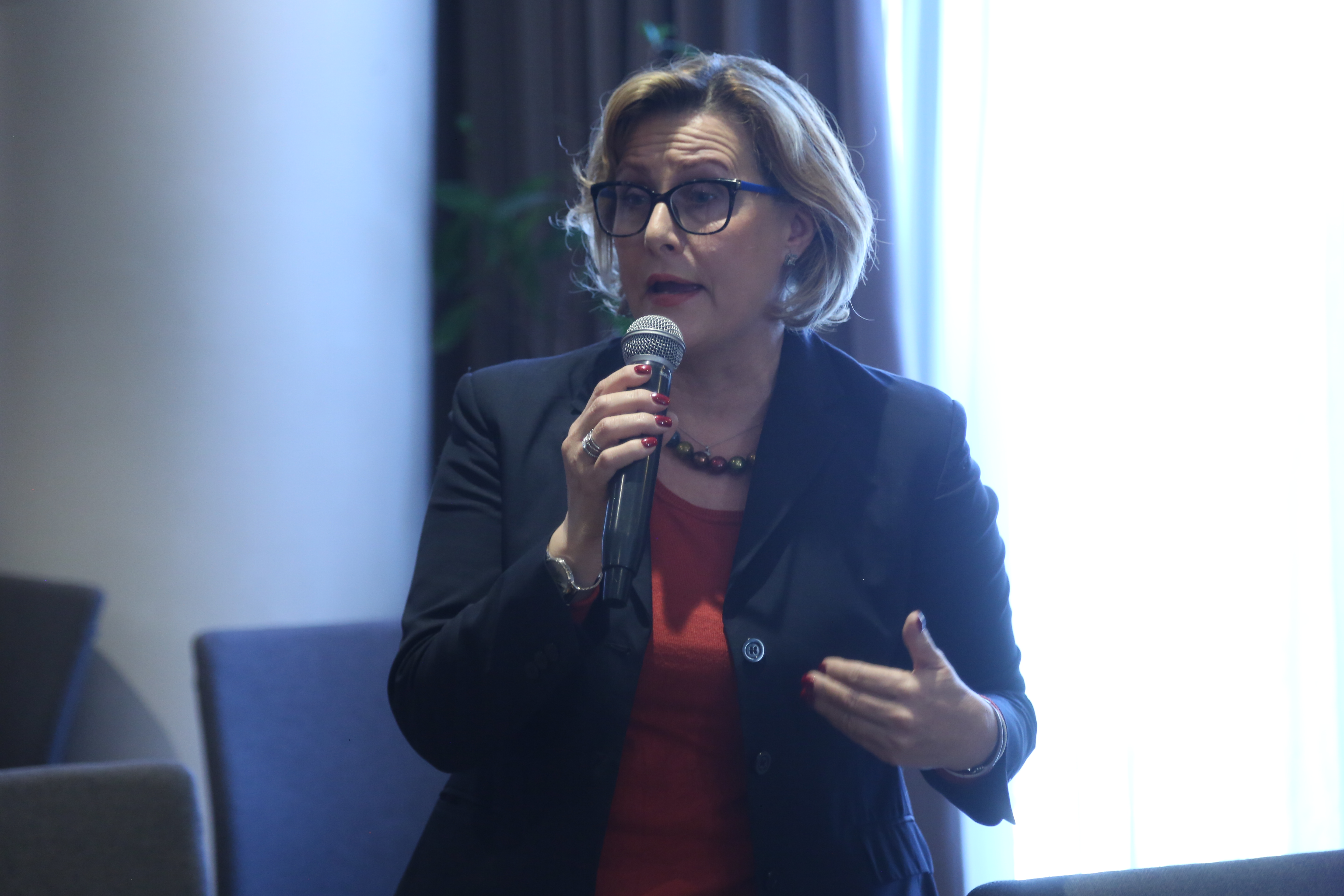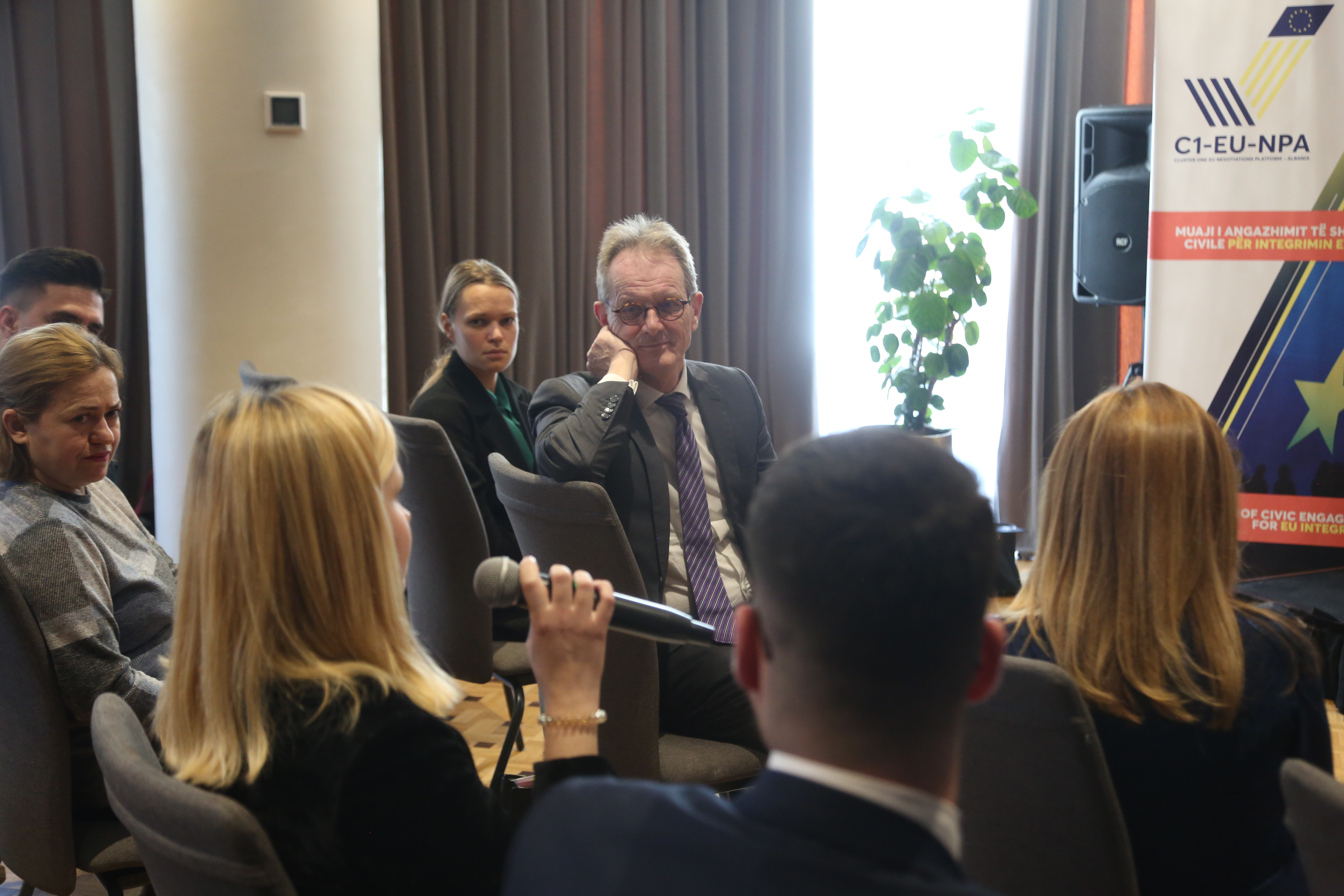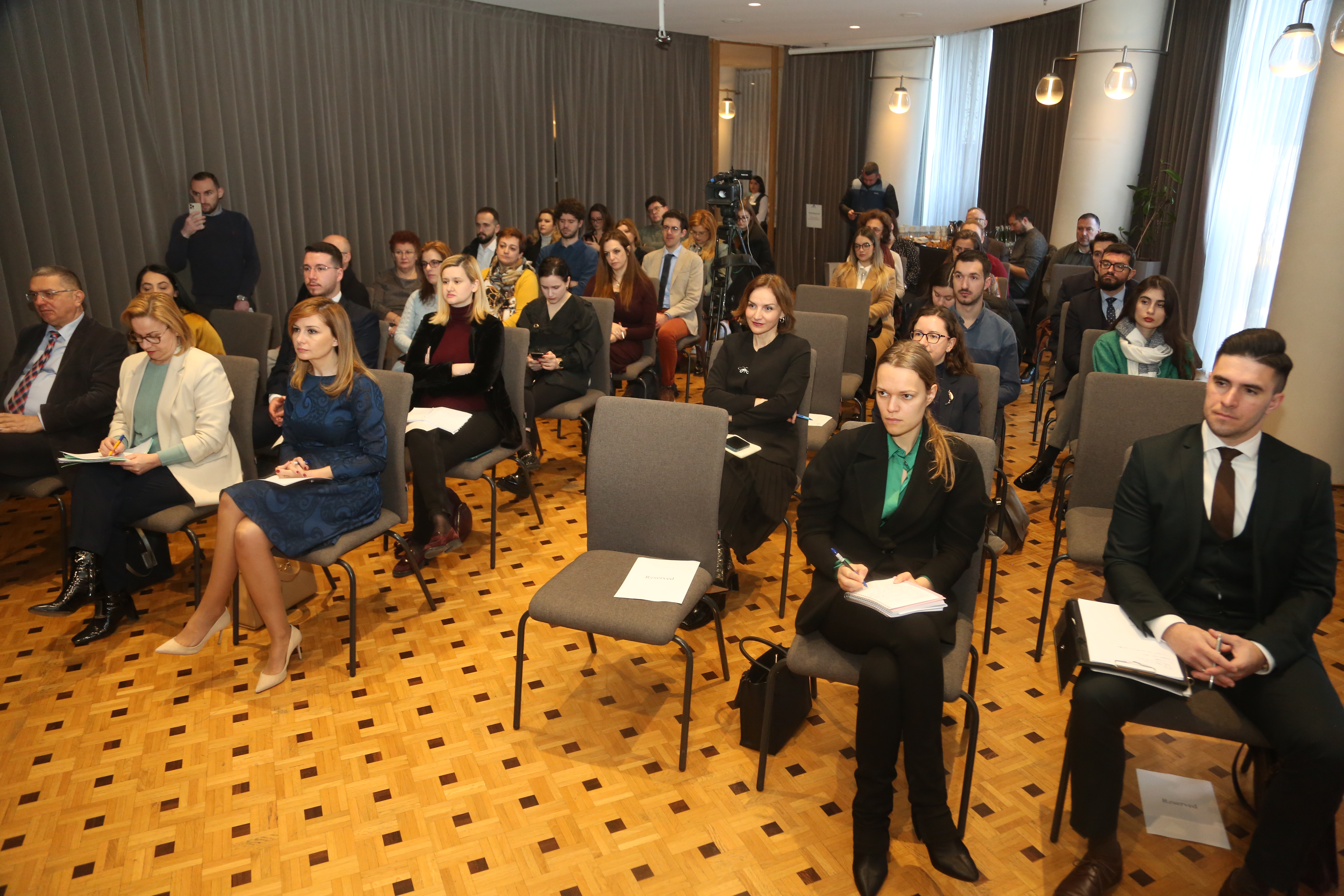Activism and Civil Society for Drafting, Consultation and Implementation of the State Budget in Parliament
The organization AIS/Open Data Albania organized, on October 23rd, in the city of Lezhe, a training with activists, journalists and representatives of non-governmental organizations. The subject of the training “Activism and Civil Society for Drafting, Consultation and Implementation of the State Budget in Parliament”.
The event was held within the framework of the Project “Increasing the Parliament’s Responsiveness to Citizens’ Concerns”, supported by the British Embassy in Tirana and implemented by a consortium led by IDM in partnership with AIS and Citizens Channel.
The objective of the Training was to raise the capacities of CSOs, activists and the media to contribute to the State Budget Planning, as well as Policies of Distribution and Expenditure of Public Money.
This training cycle will also be held in the municipalities of Lezhë, Diber, Shkodër, Kamëz, Tiranë and Malësi e Madhe, targeting representatives from Civil Society; Activists and Local Journalists.
The training aims to strengthen comprehension and monitoring skills in regards to the Drafting, Approval and Reporting Process of the State Budget in the Parliament, as well as raise responsiveness and participation capabilities during the phases of Planning and Approval of the State Budget and policies concerning Public Finances. Another aims of the training is to inform about the existing legal instruments who allow for participation, proposals or hearings in the Parliamentary Committees.
See the agenda in Albanian HERE
See the agenda in English HERE
Activists from the Lezha district, apart from gaining insight from the lectures and the training curriculum, worked on practical cases, to help them gain a better response faculty regarding the budgeting and distribution of Public Money. The area of Education and its budgeting was one of the moments that aroused the most interest among the participants, emphasizing that the region faces two types of difficulties. The urban area faces limited capacities in public schools, overcrowded classes, lessons in shifts and a limited number of teachers. Meanwhile, in rural areas, schools operate with a very limited number of students, endangering the very existence of classes and schools and adversely affecting the education and life of the respective residents.
The event also highlighted the need for more support and more dignity for parents of children with specific needs and better management of social protection.
This project aims to strengthen the Parliament’s efforts to foster an enabling environment for the inherent engagement of citizens in policy making and legislative processes in the country, as a means of promoting public interest and building trust in the institution.
